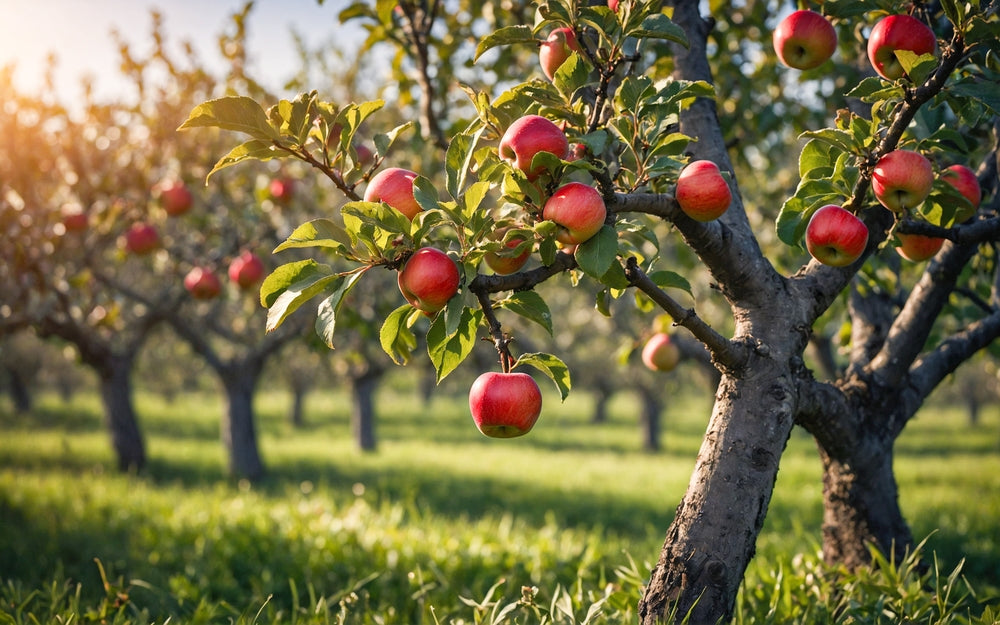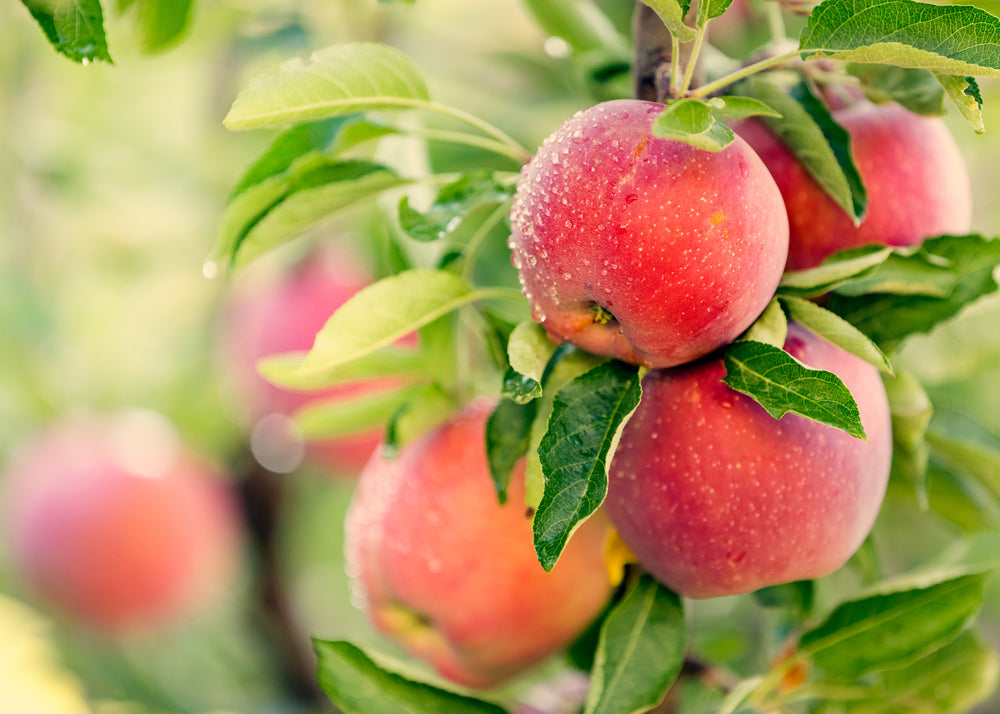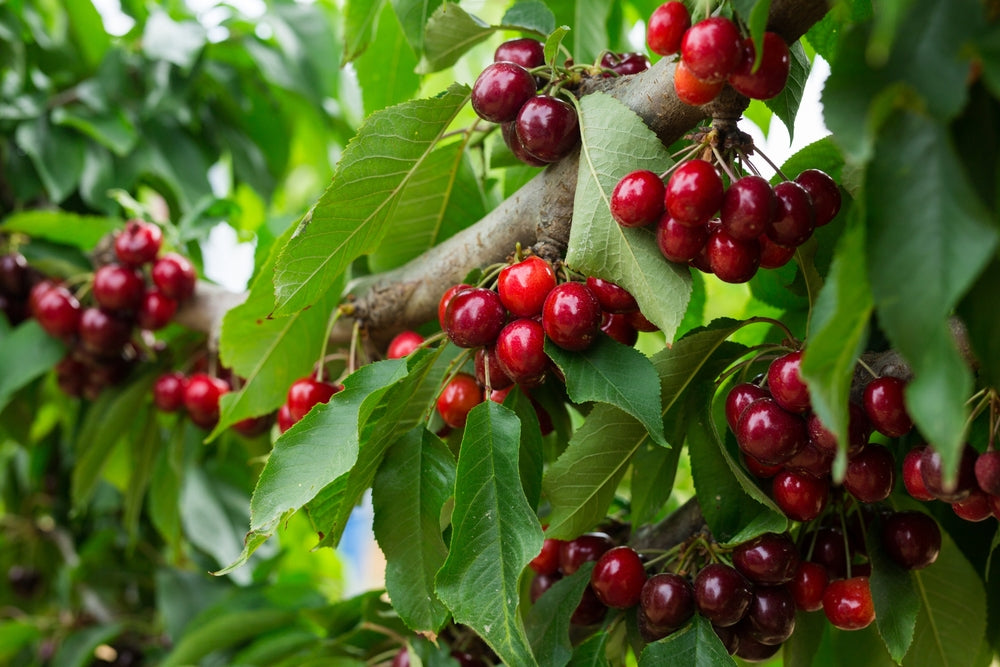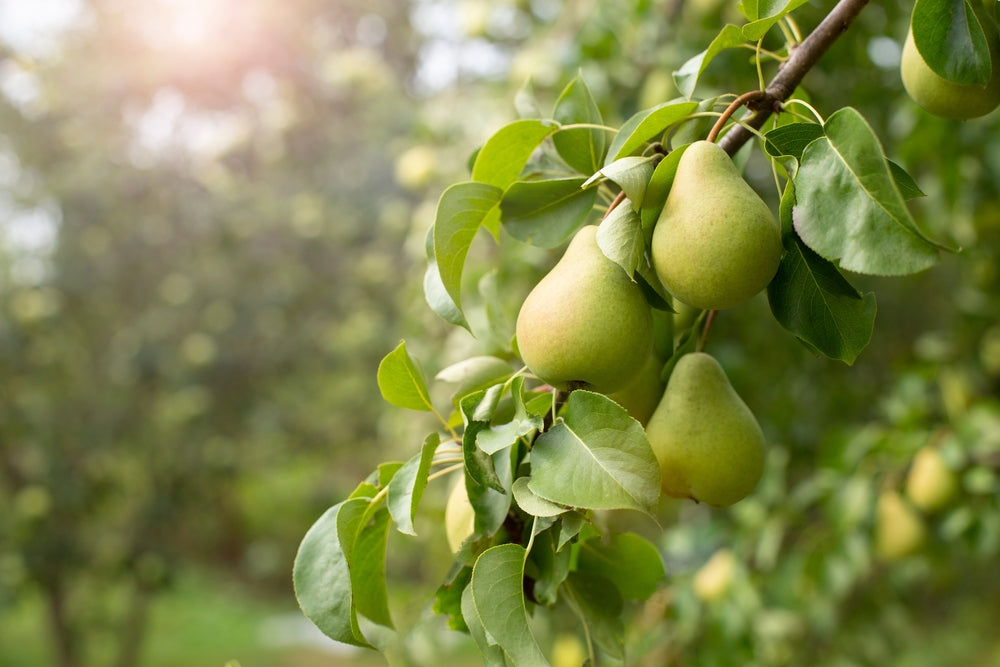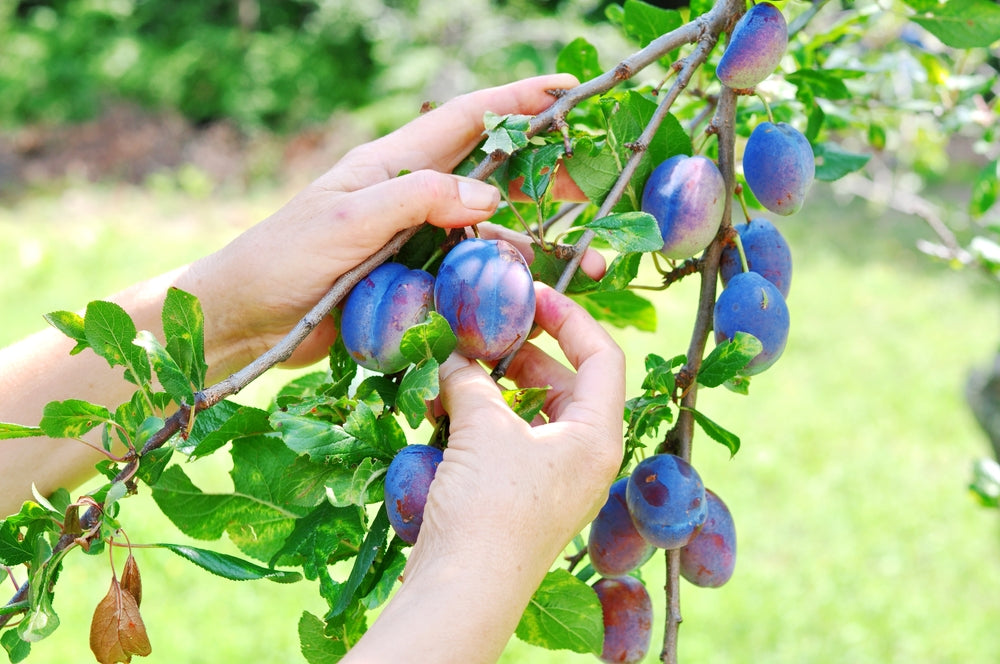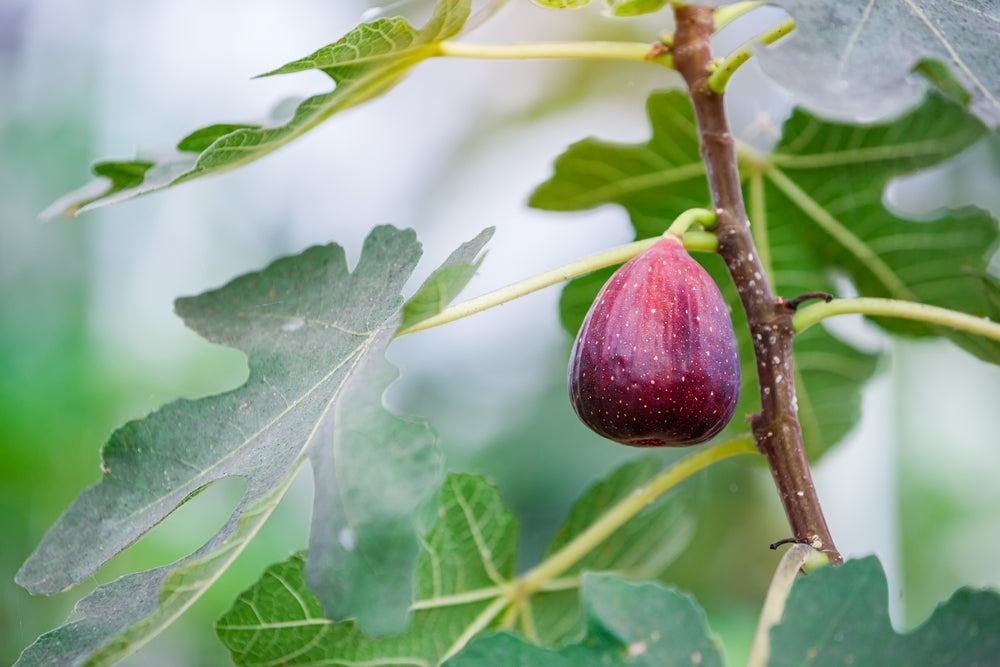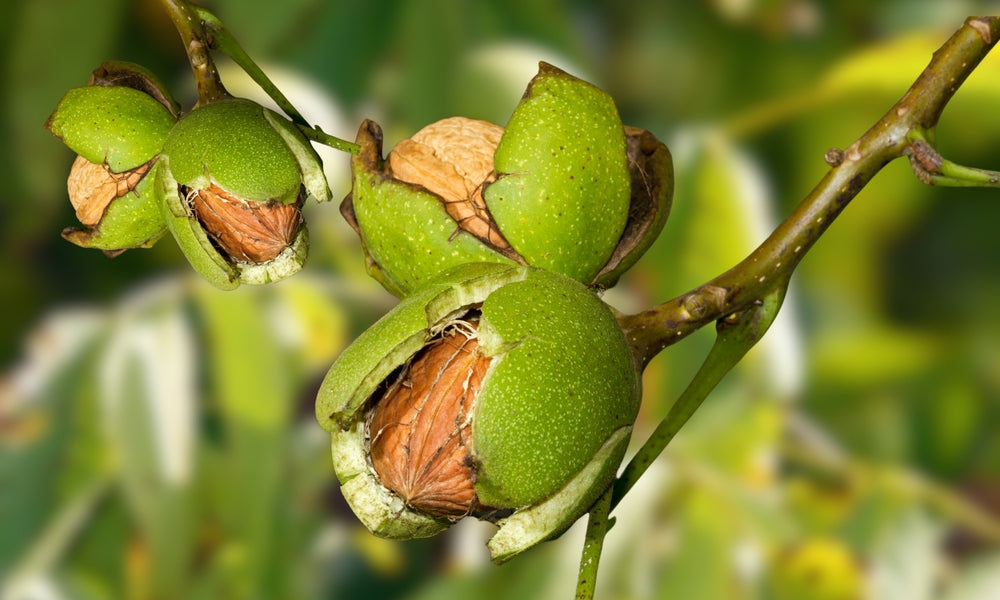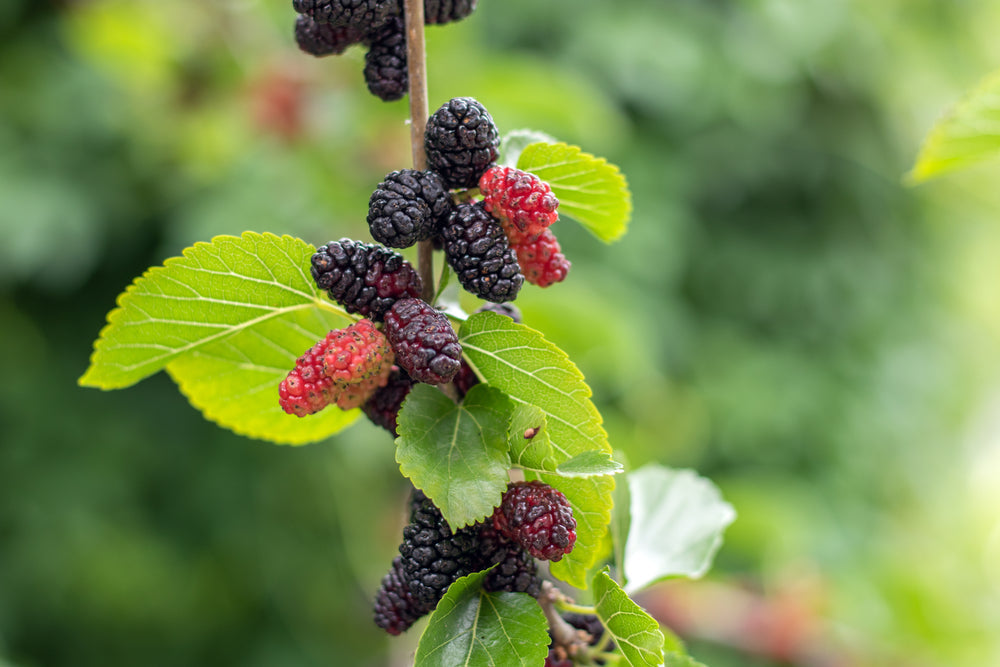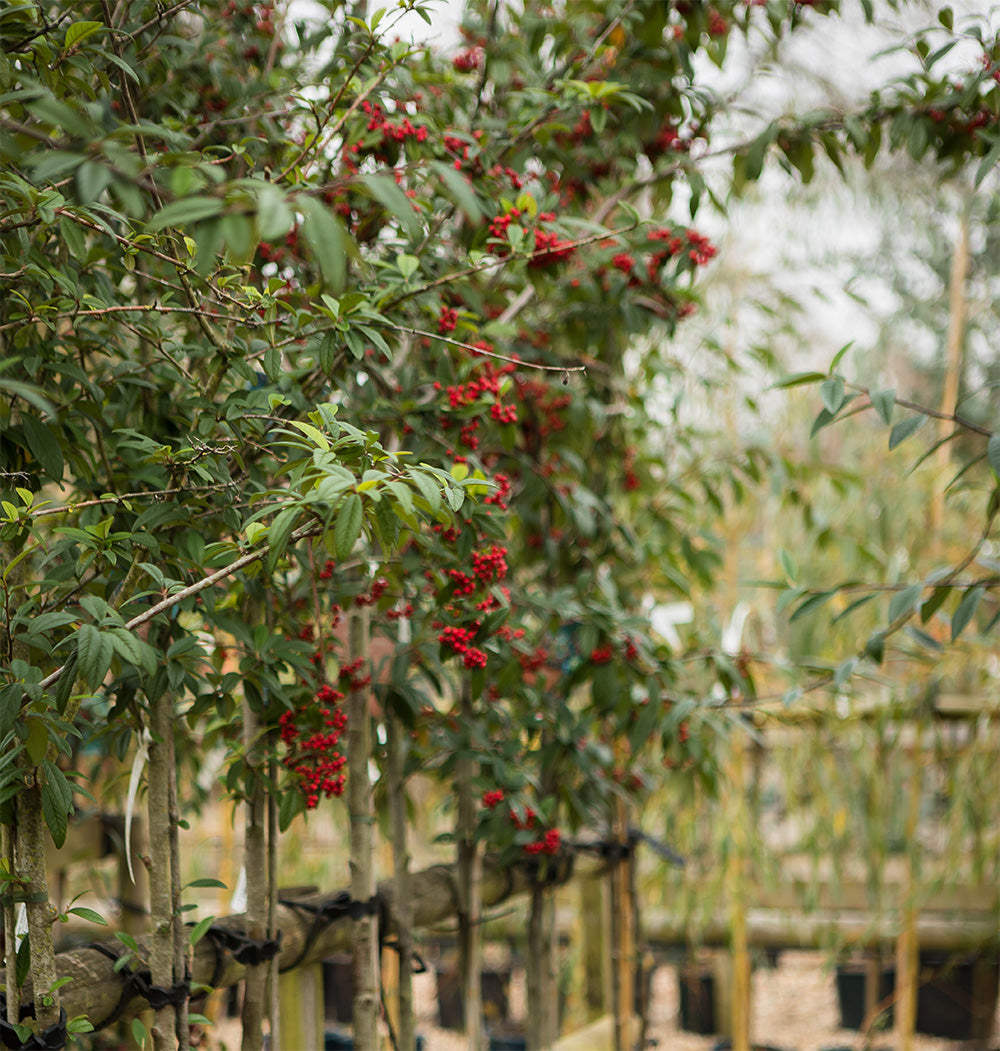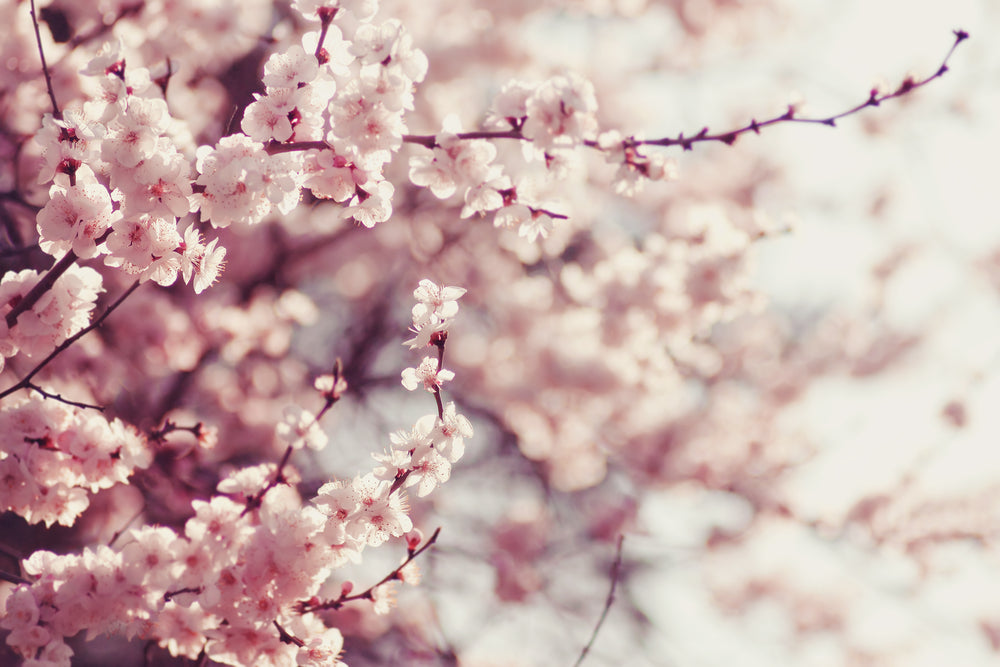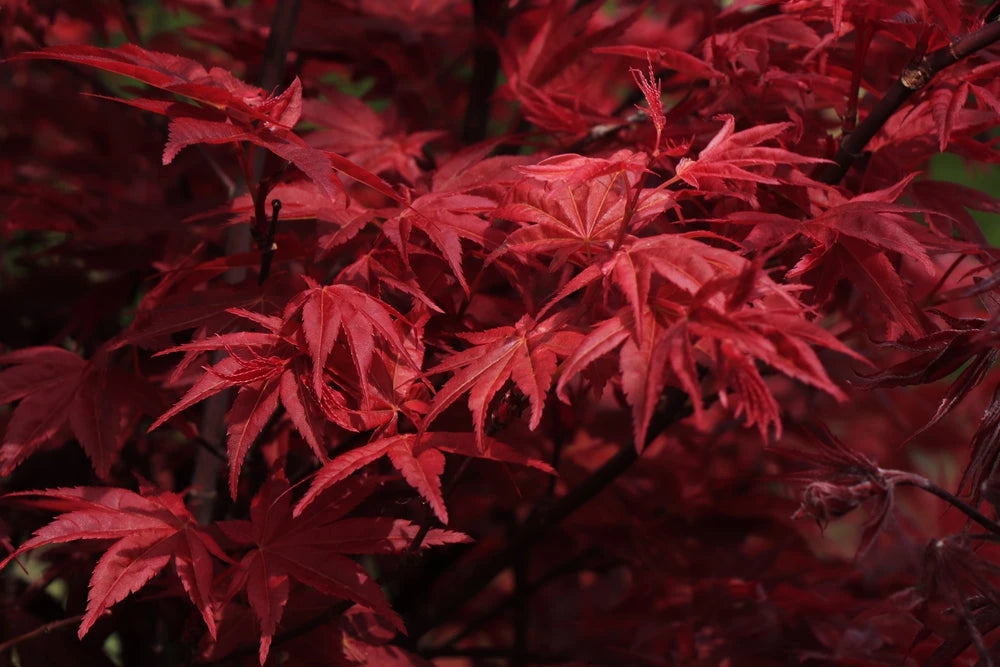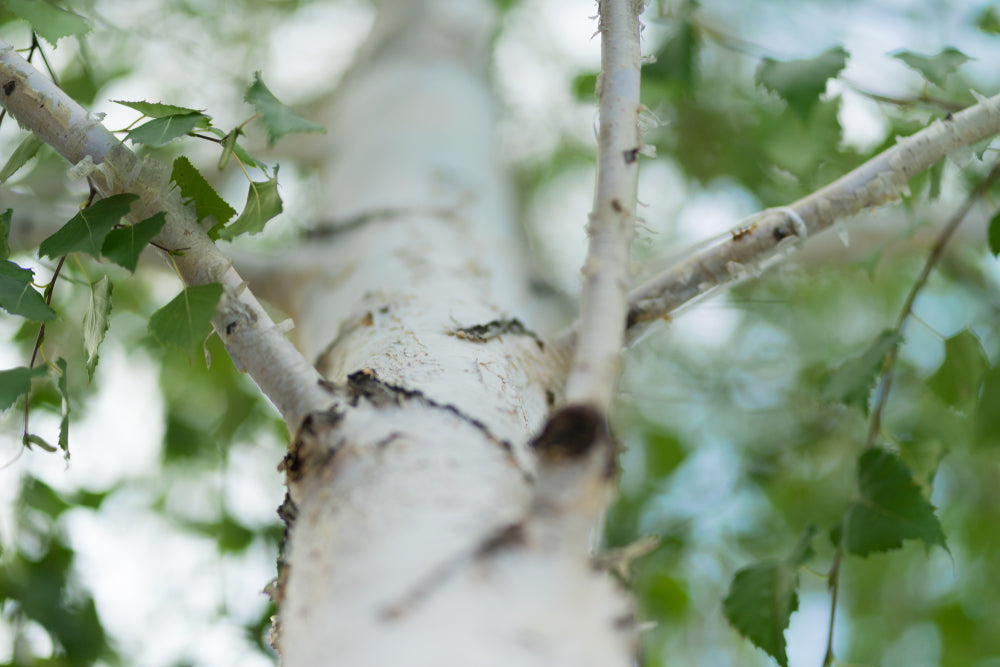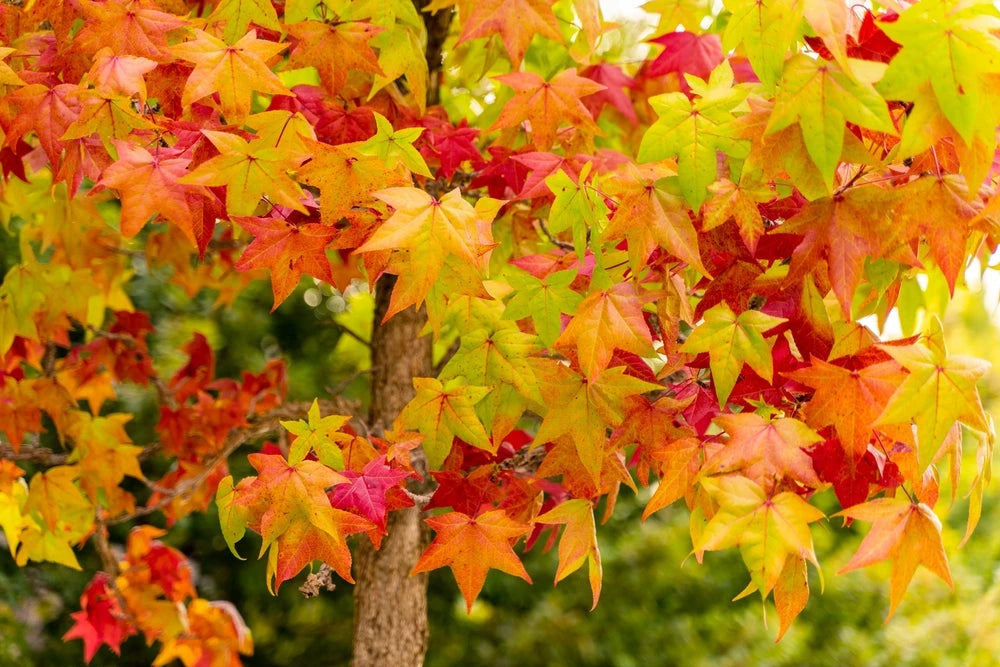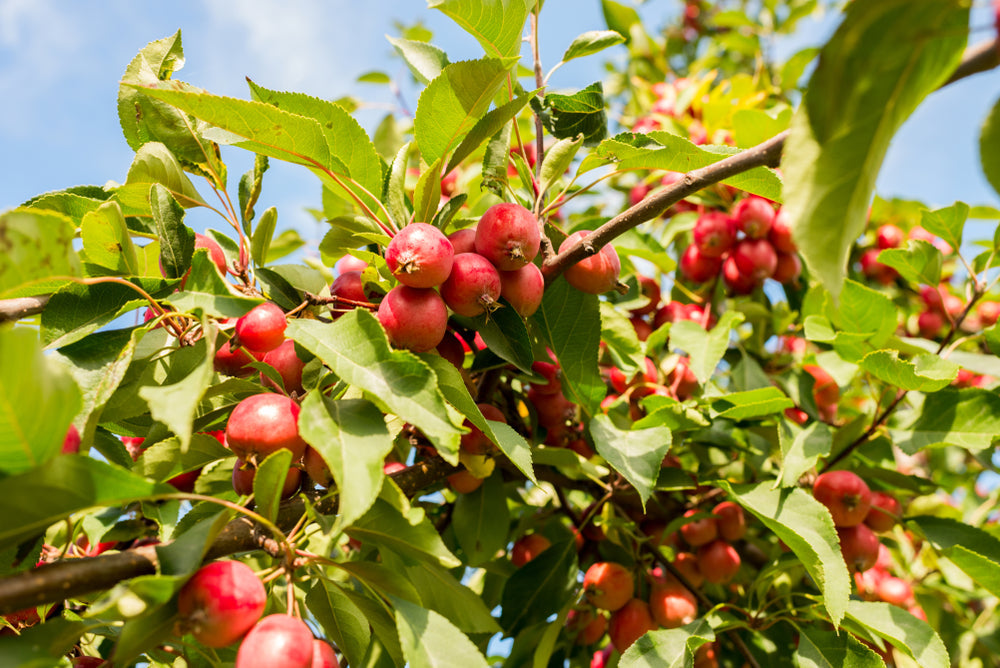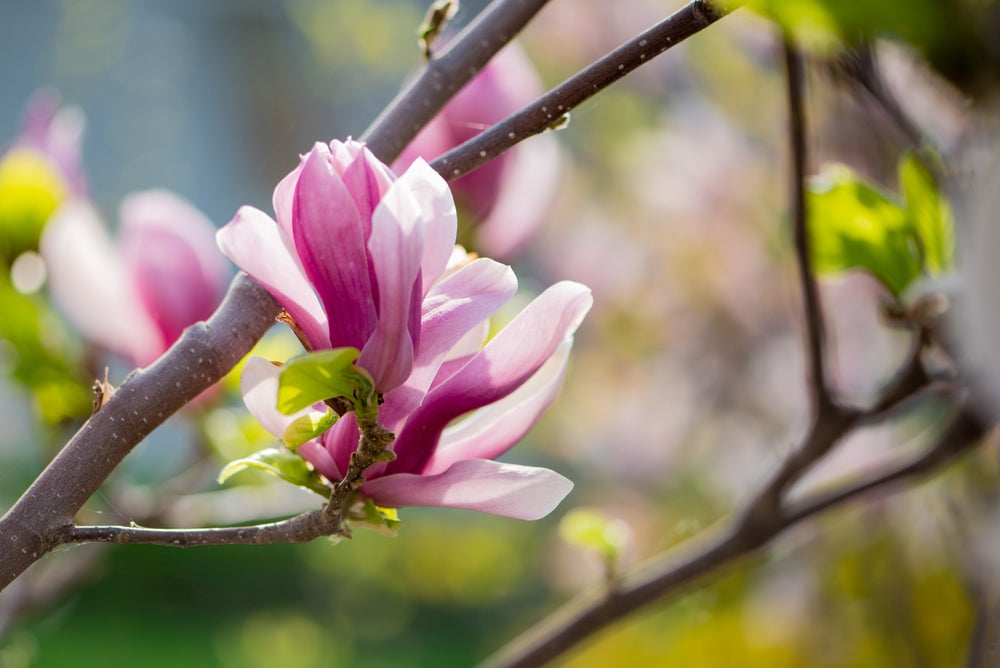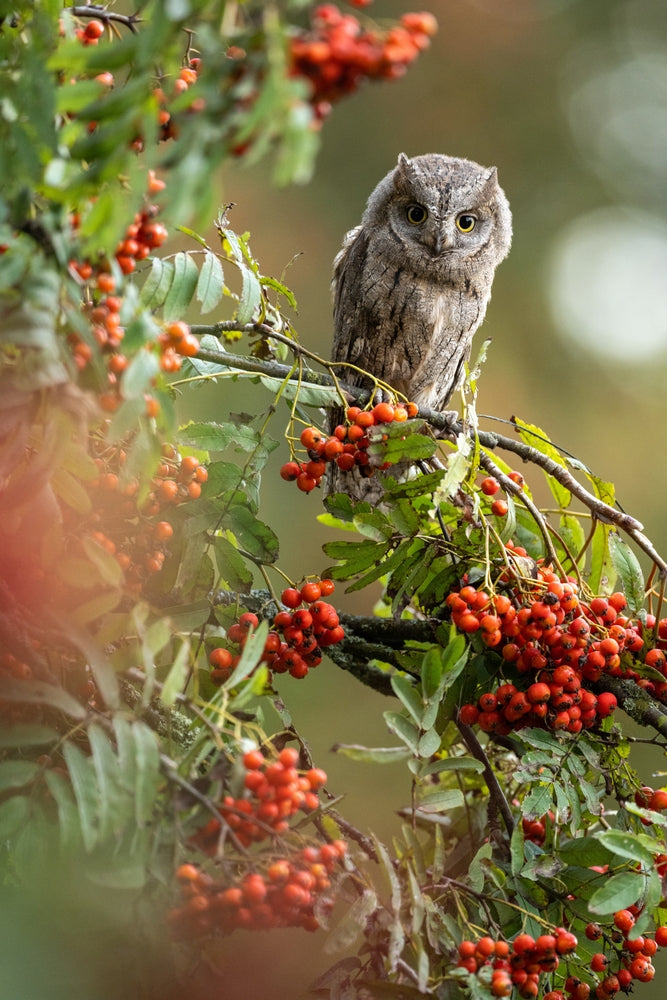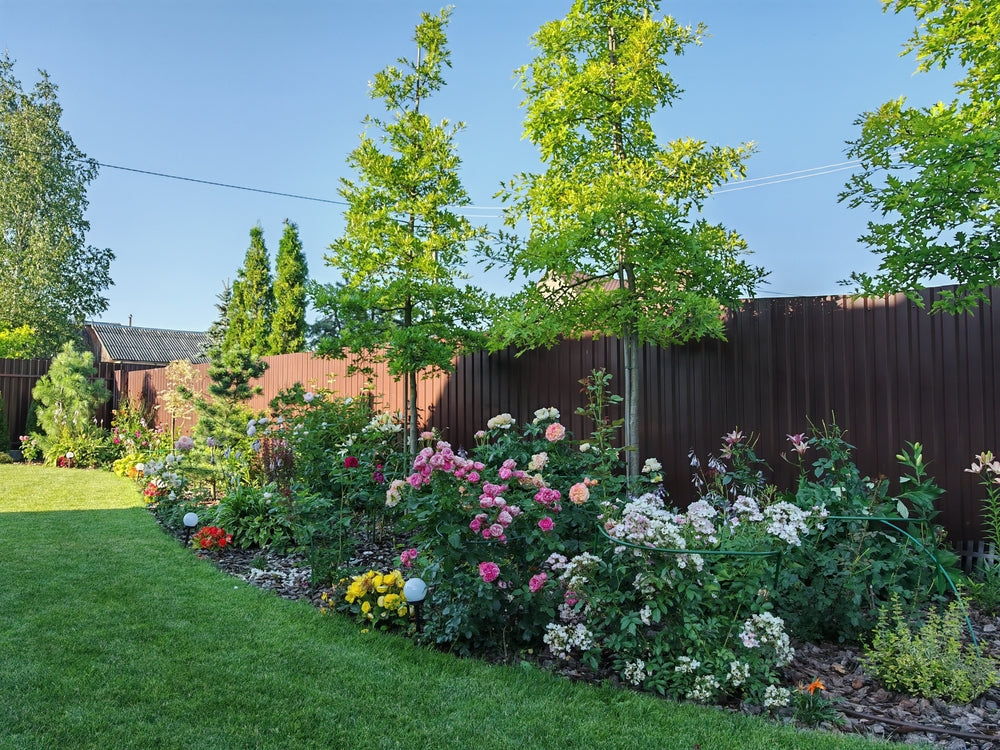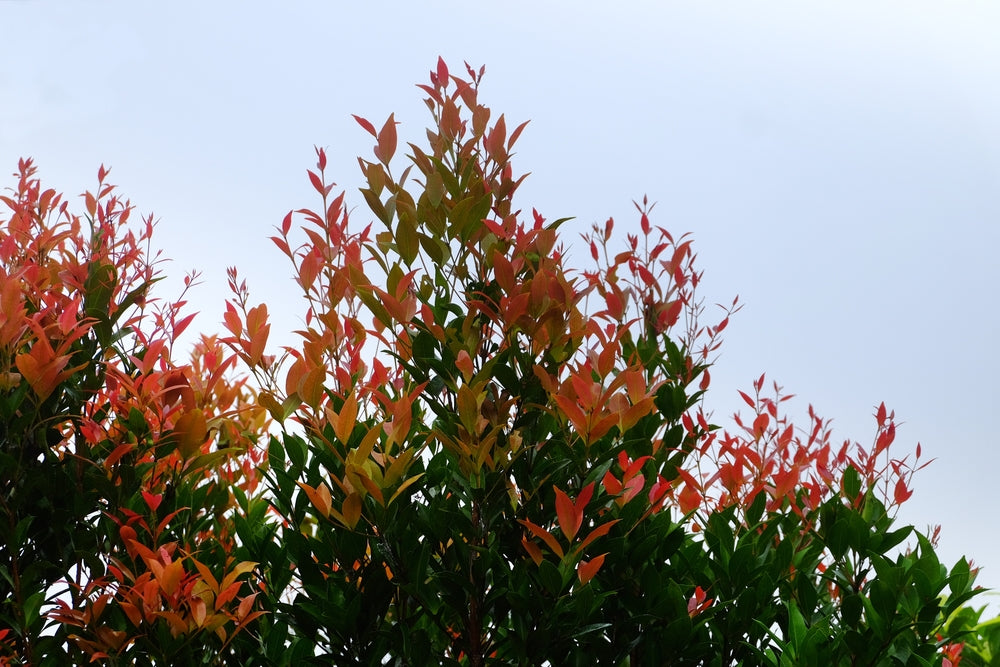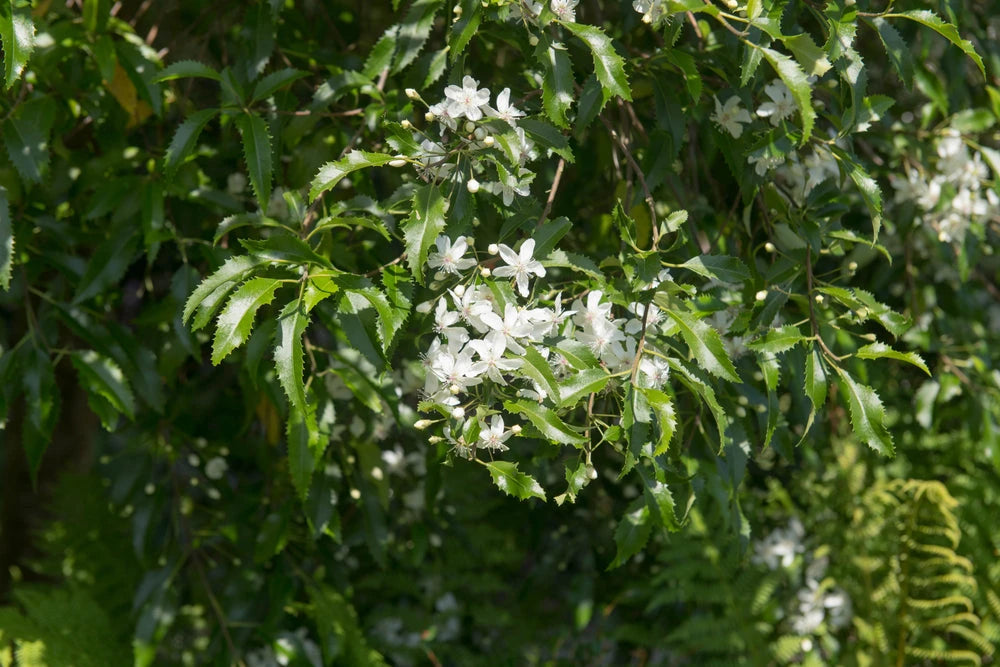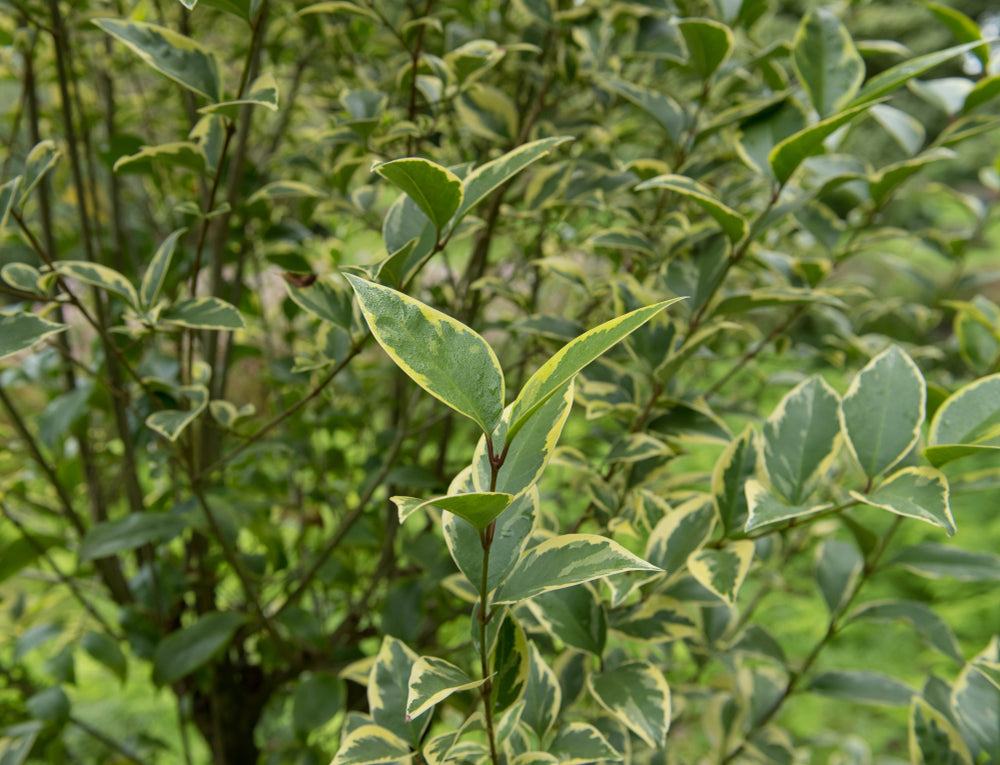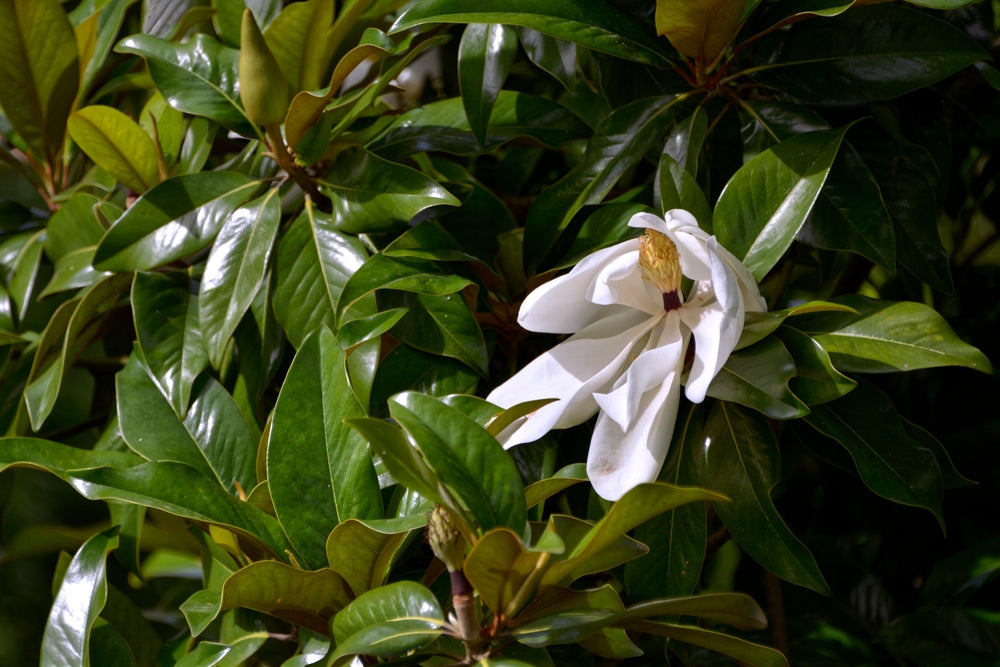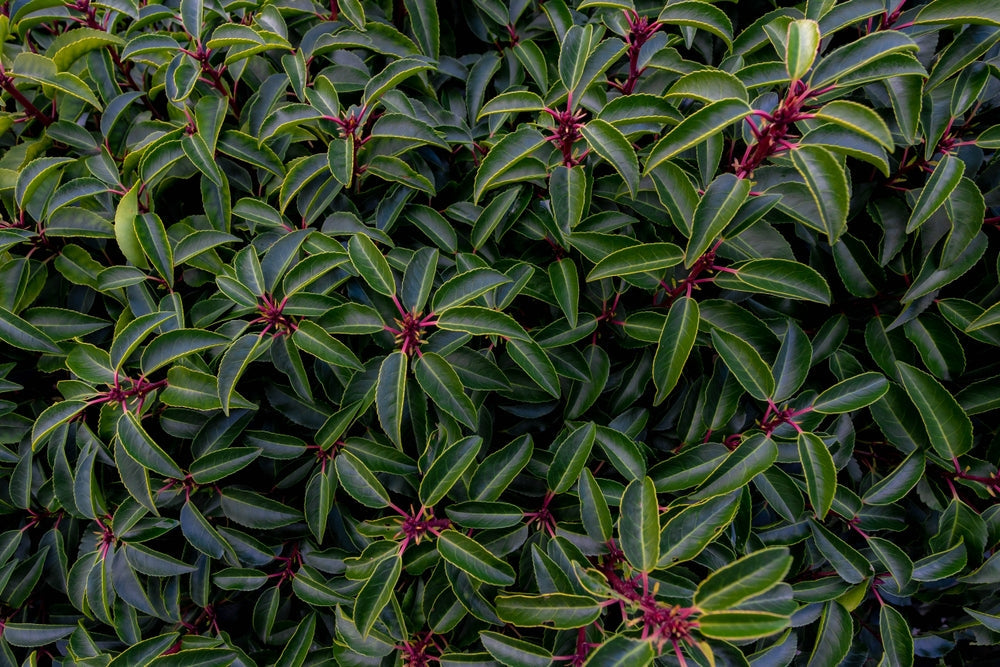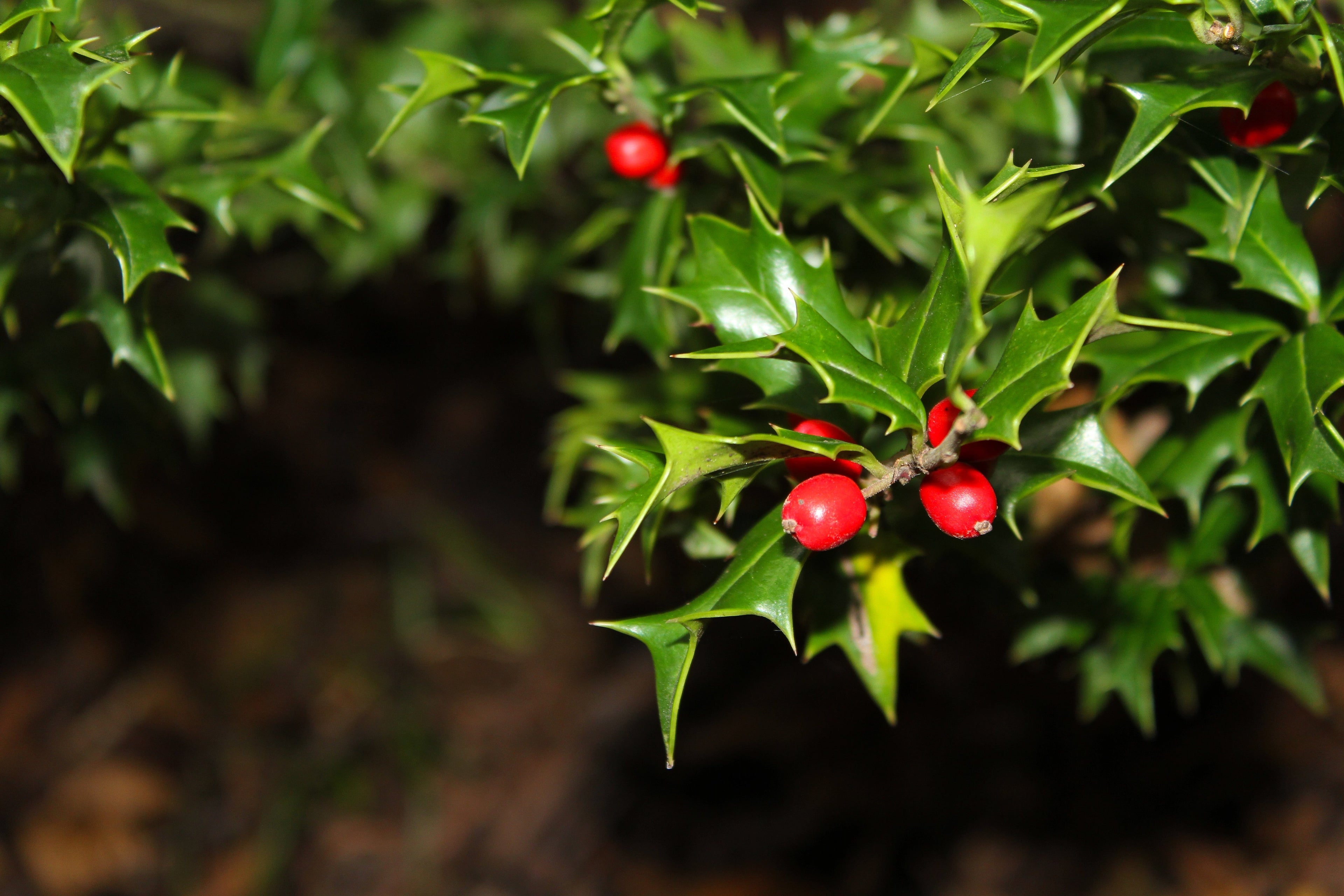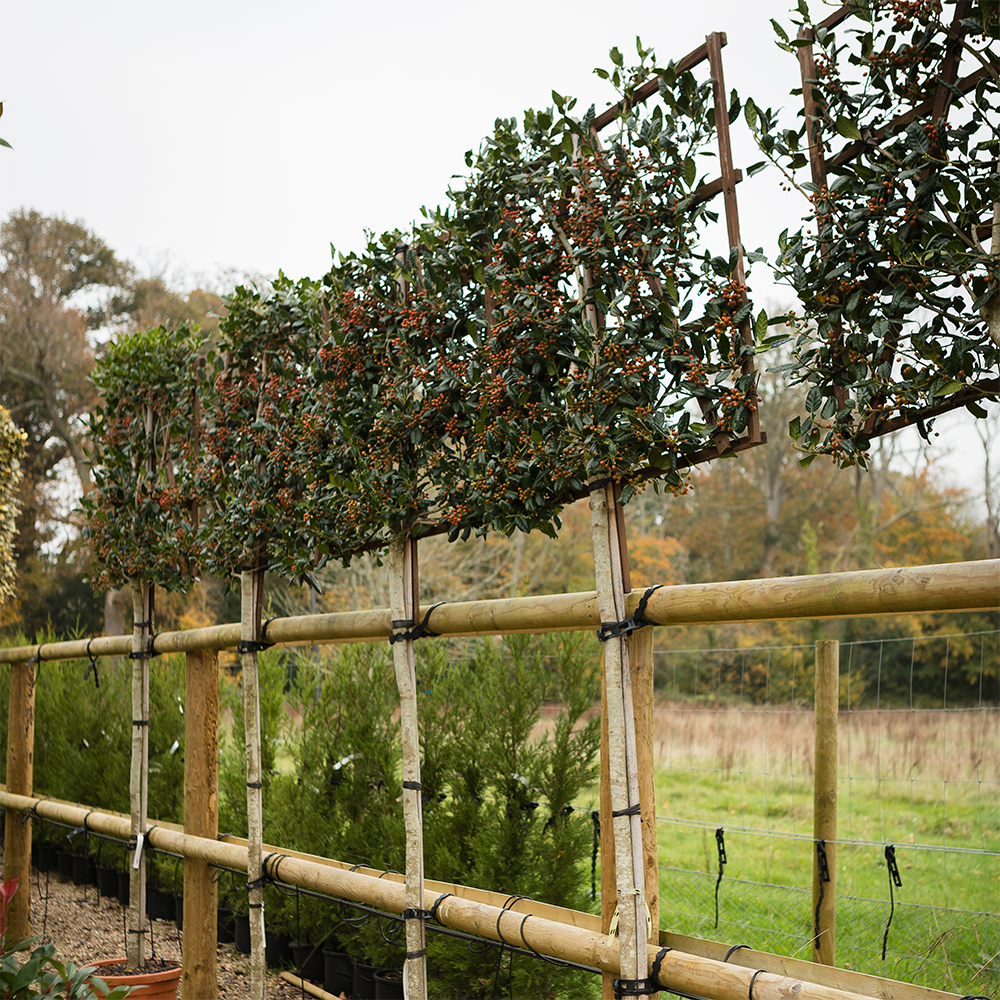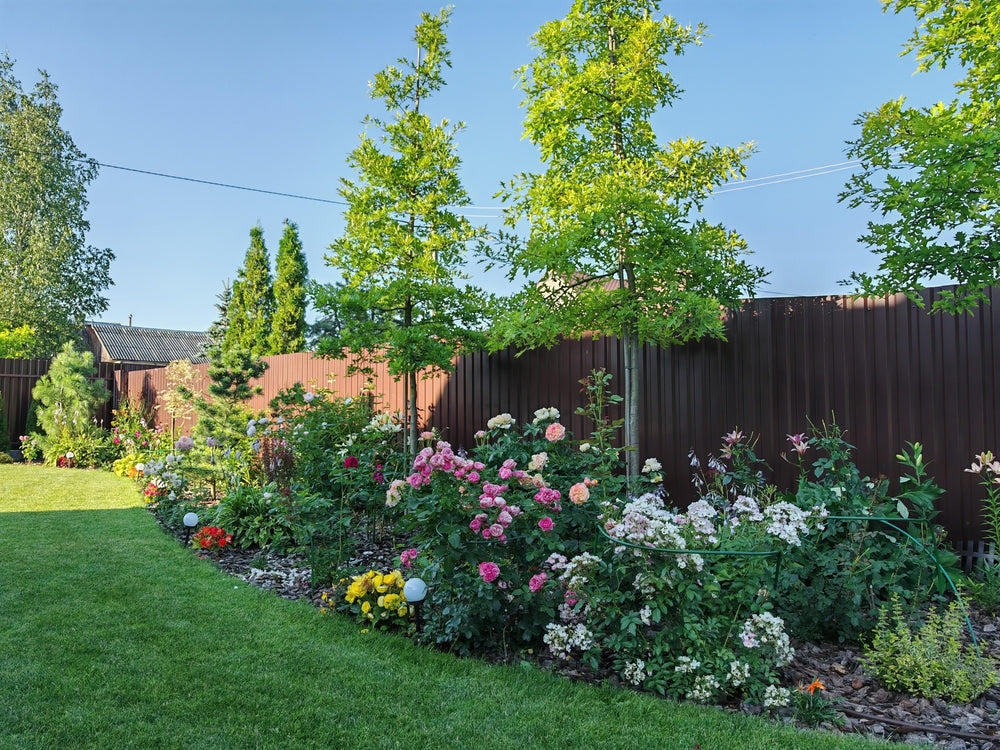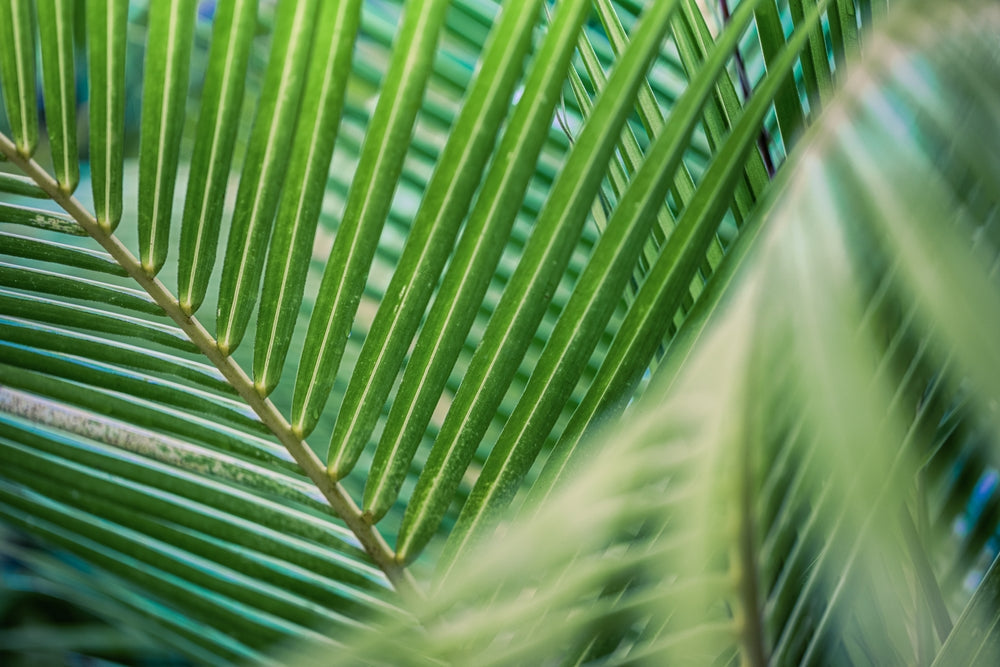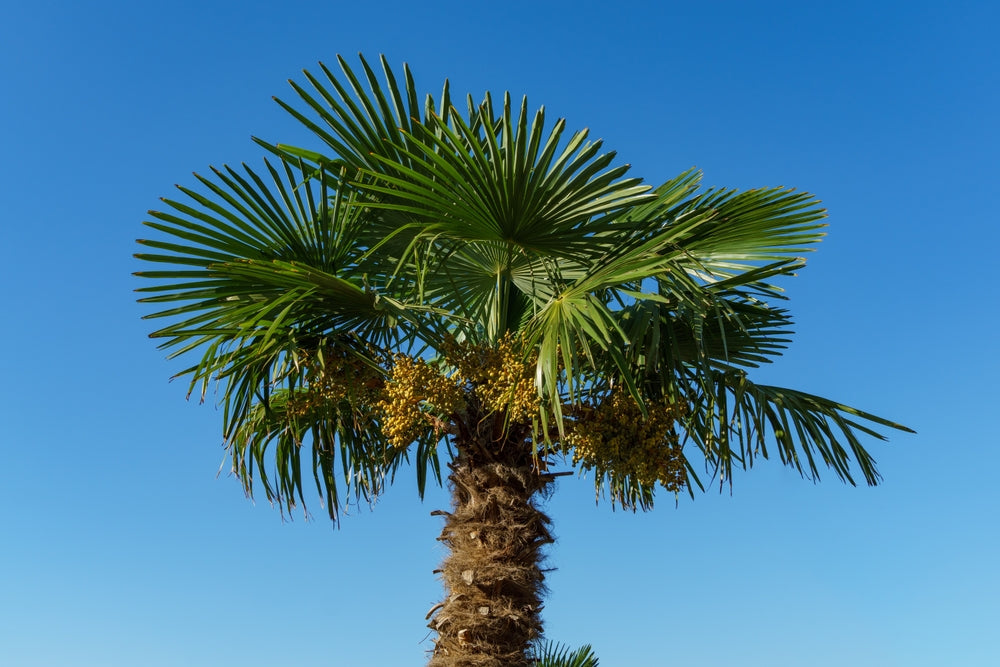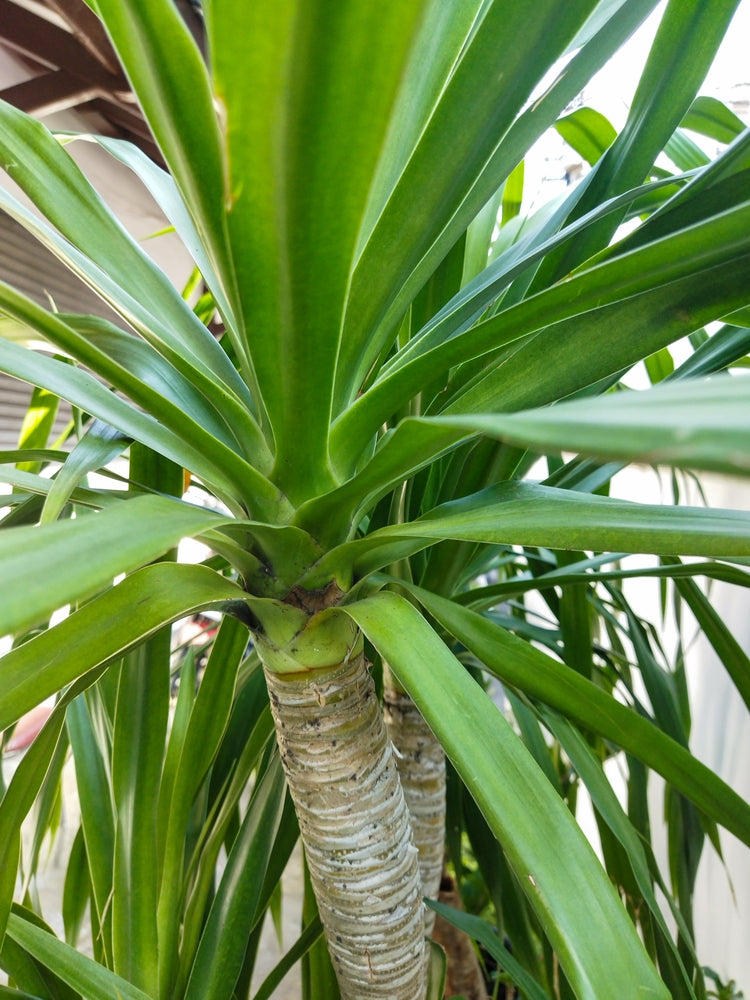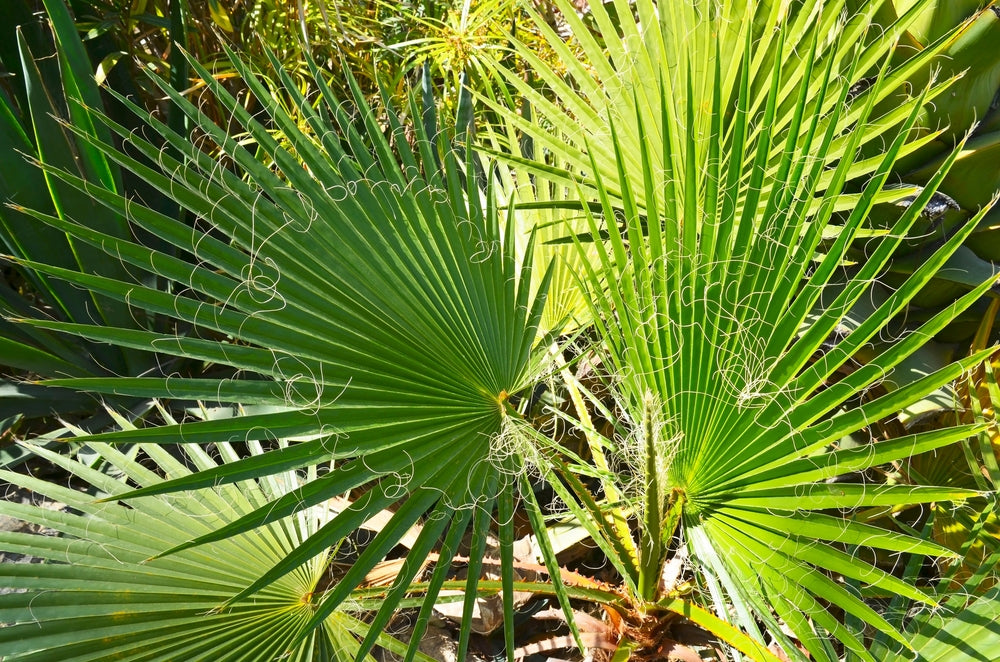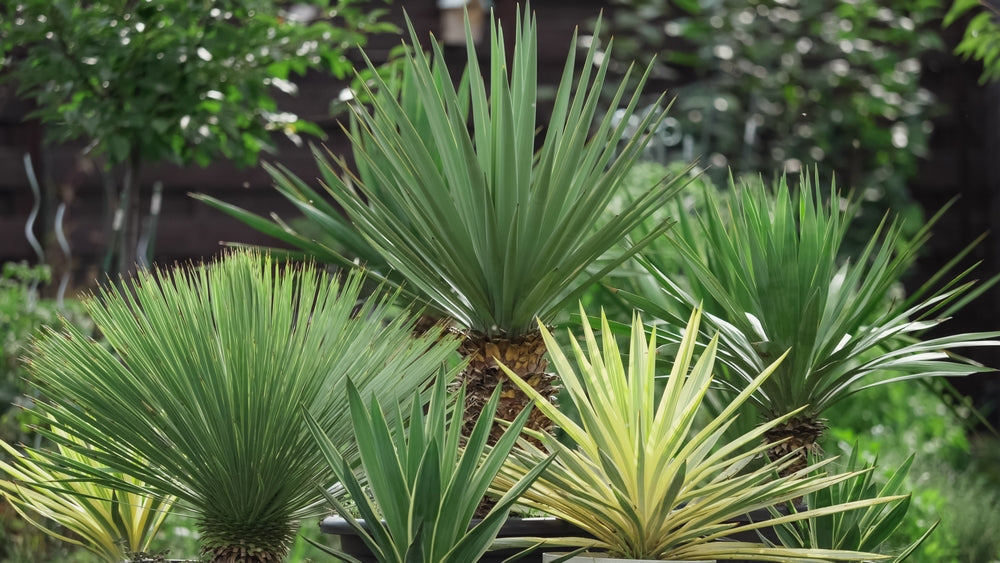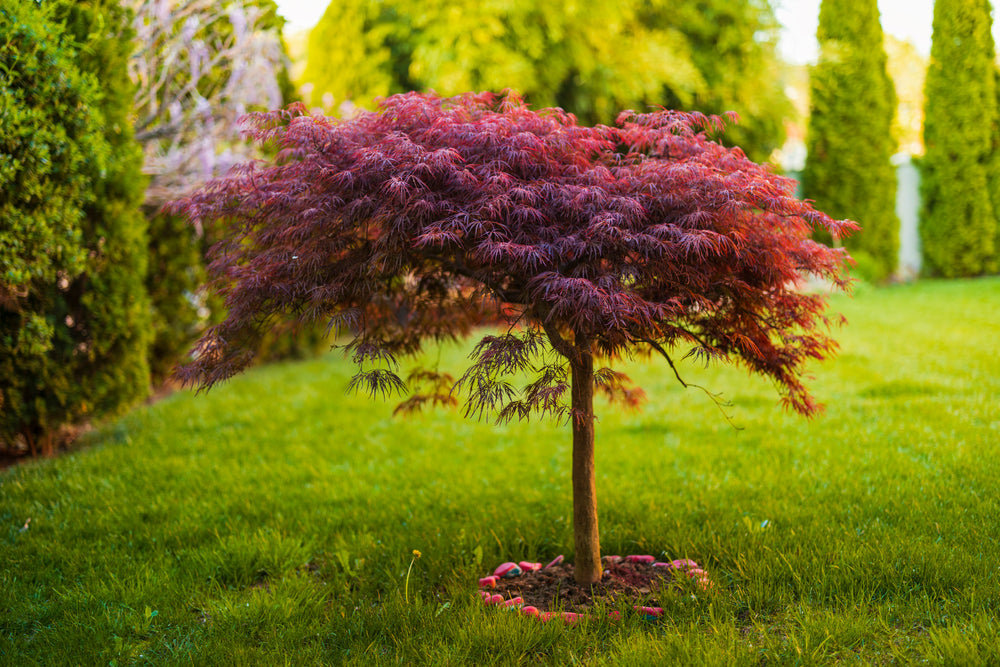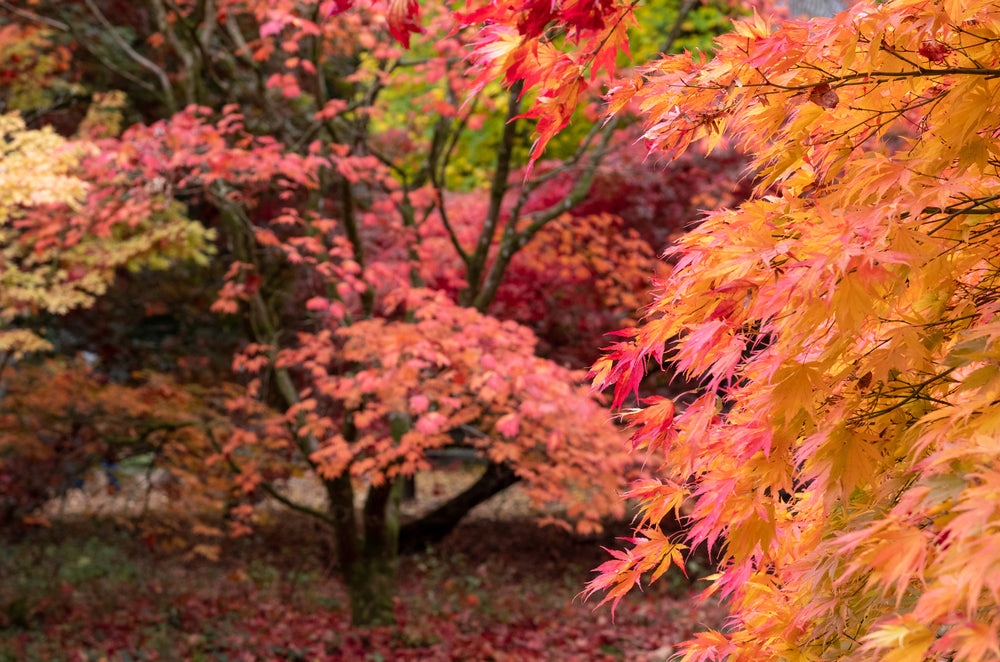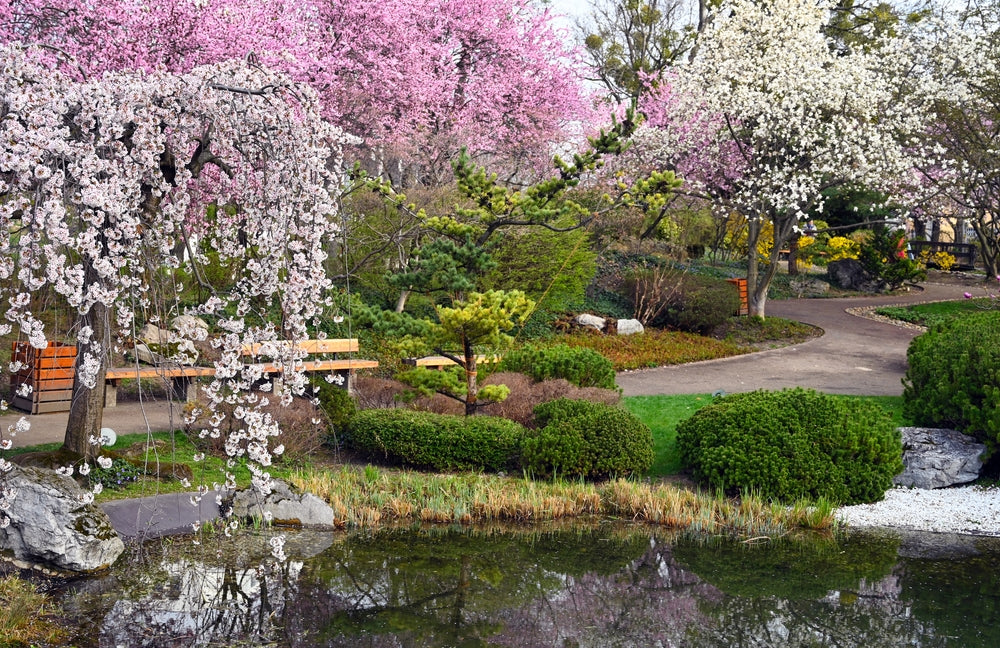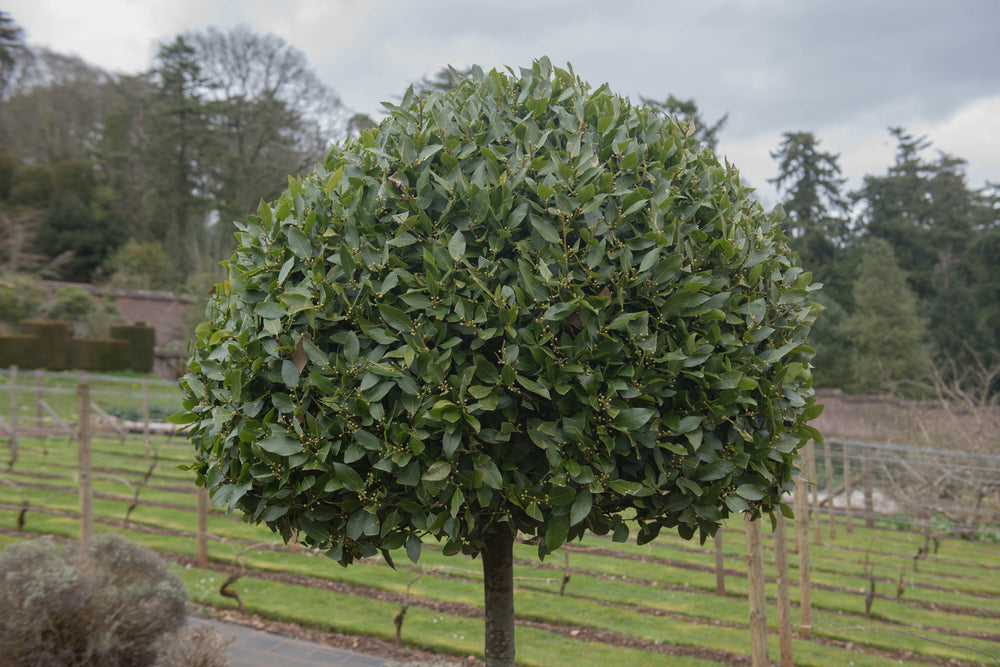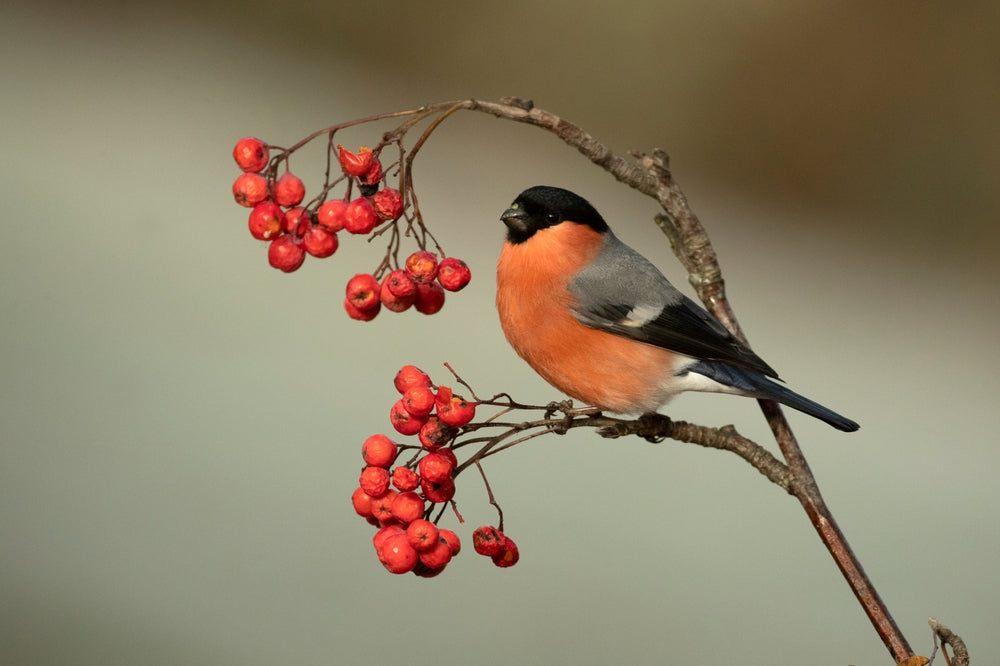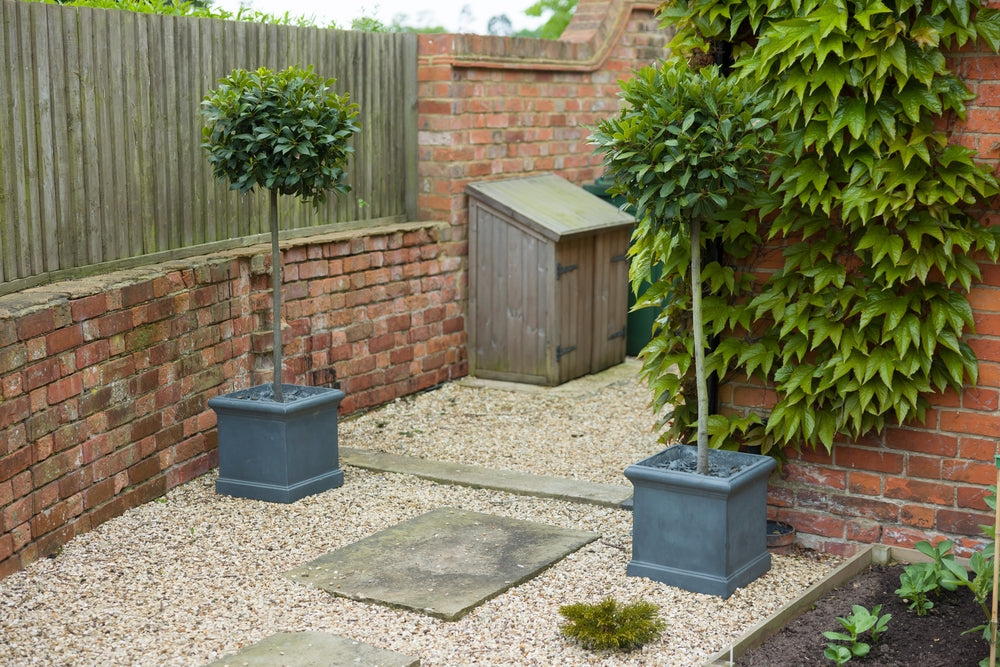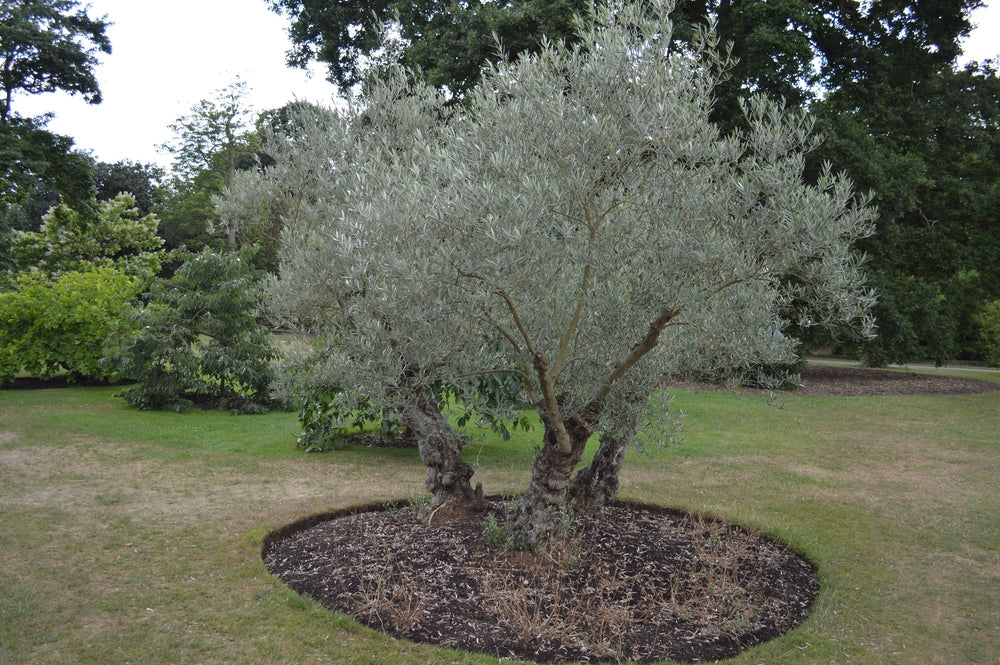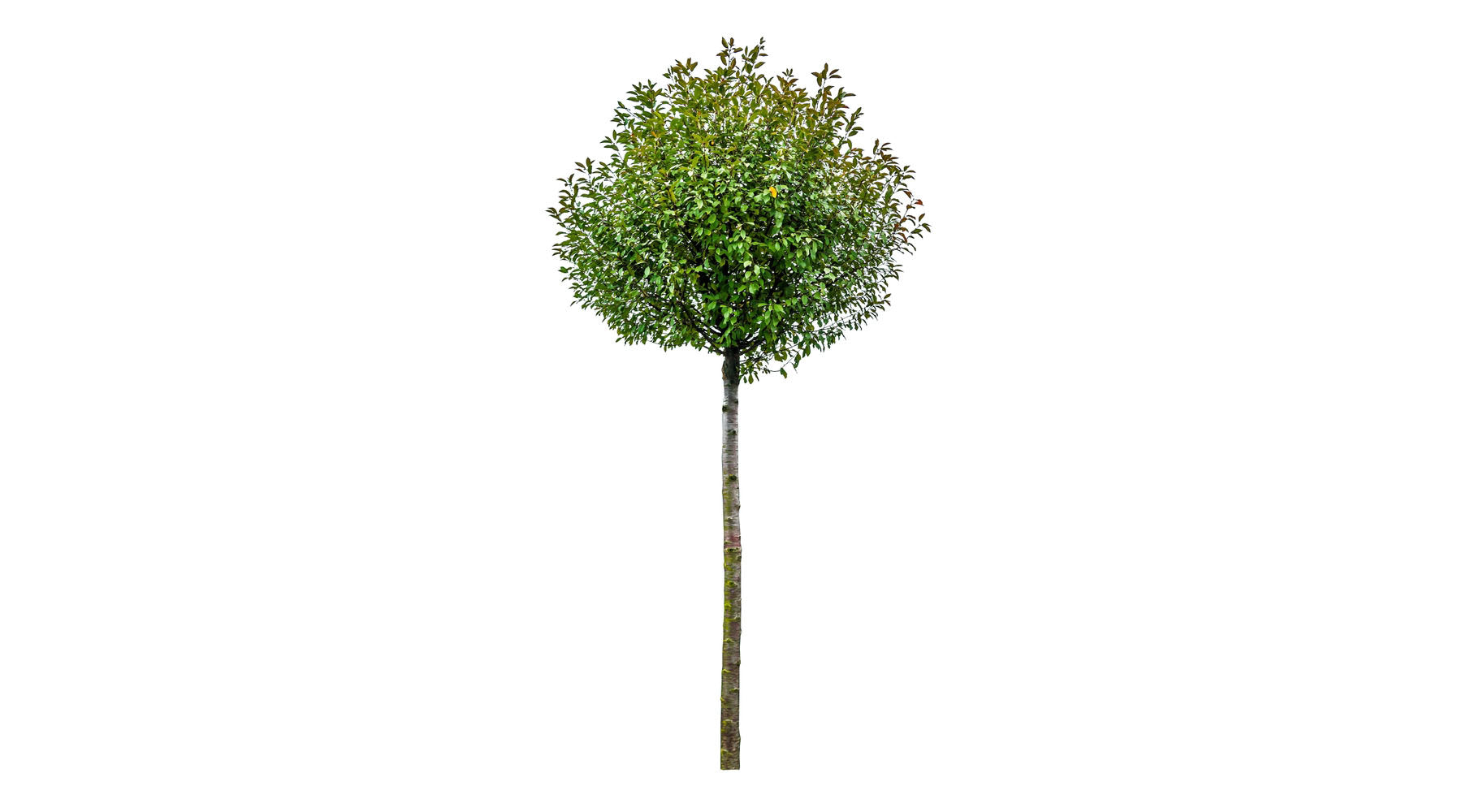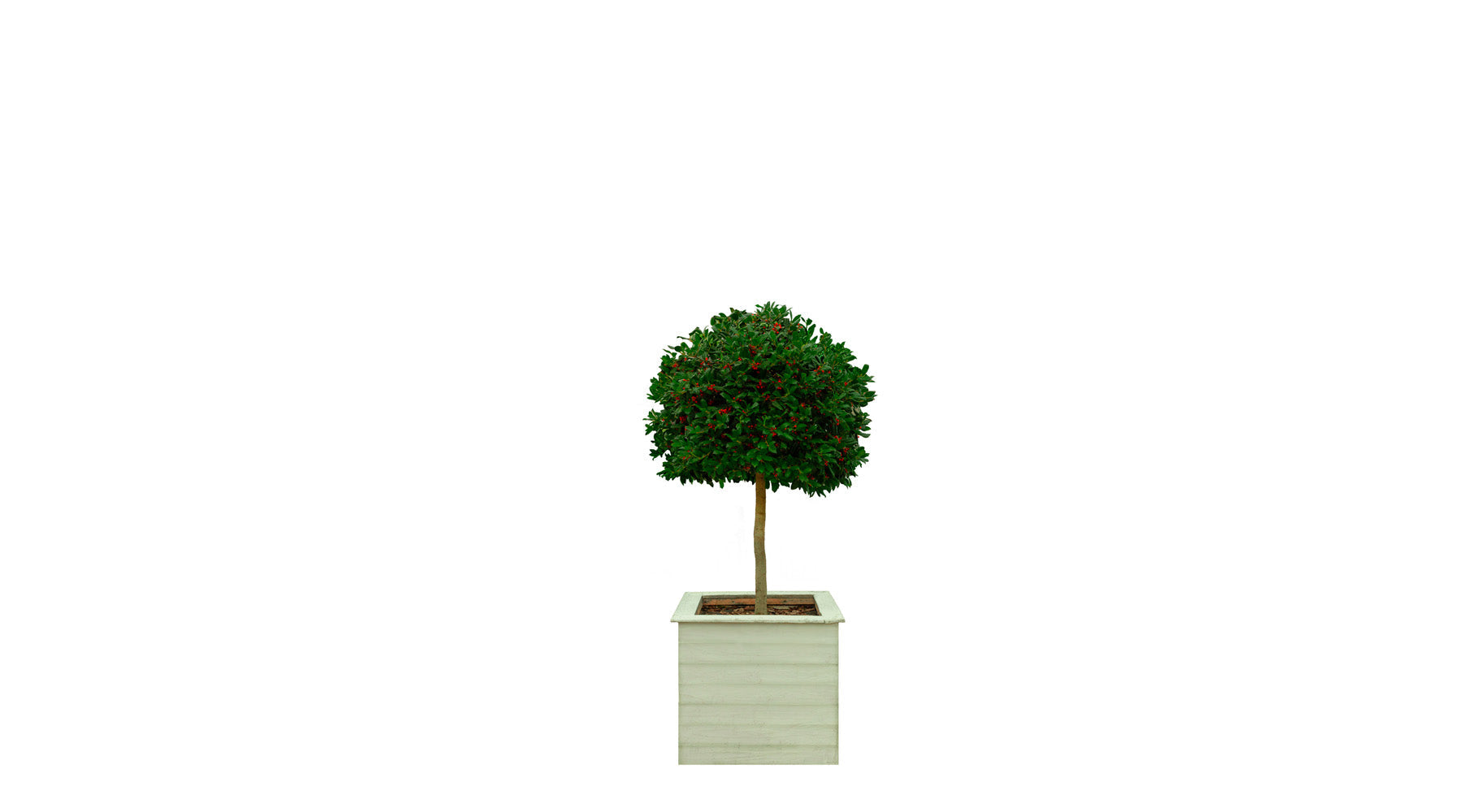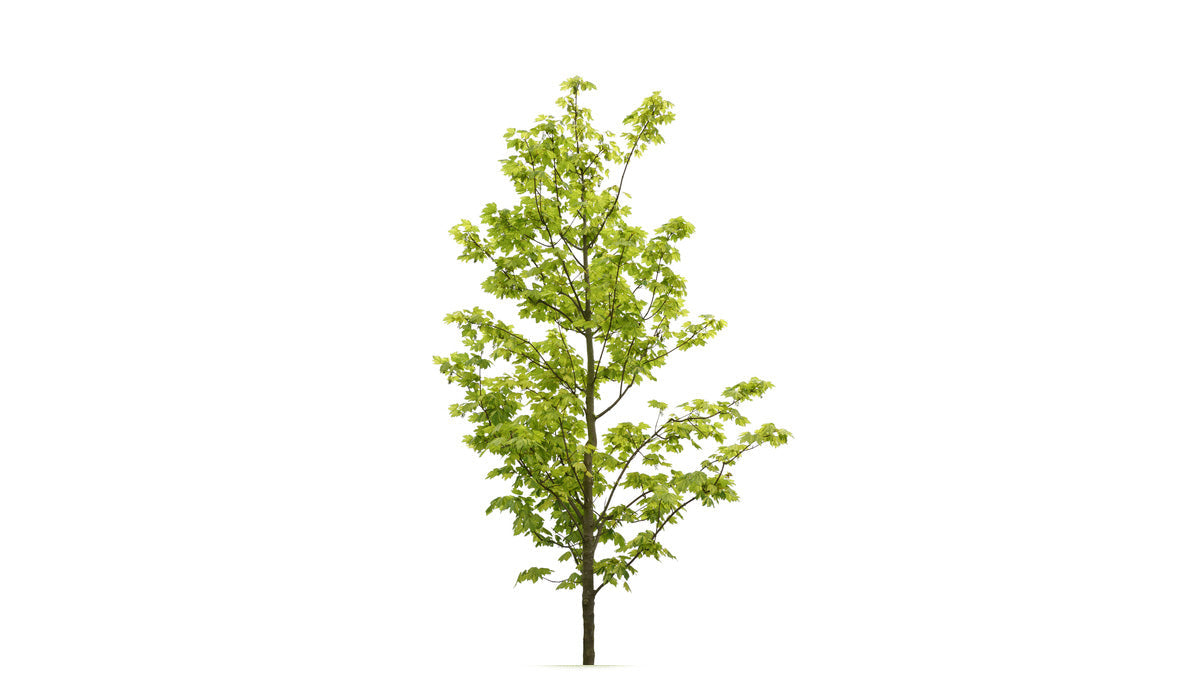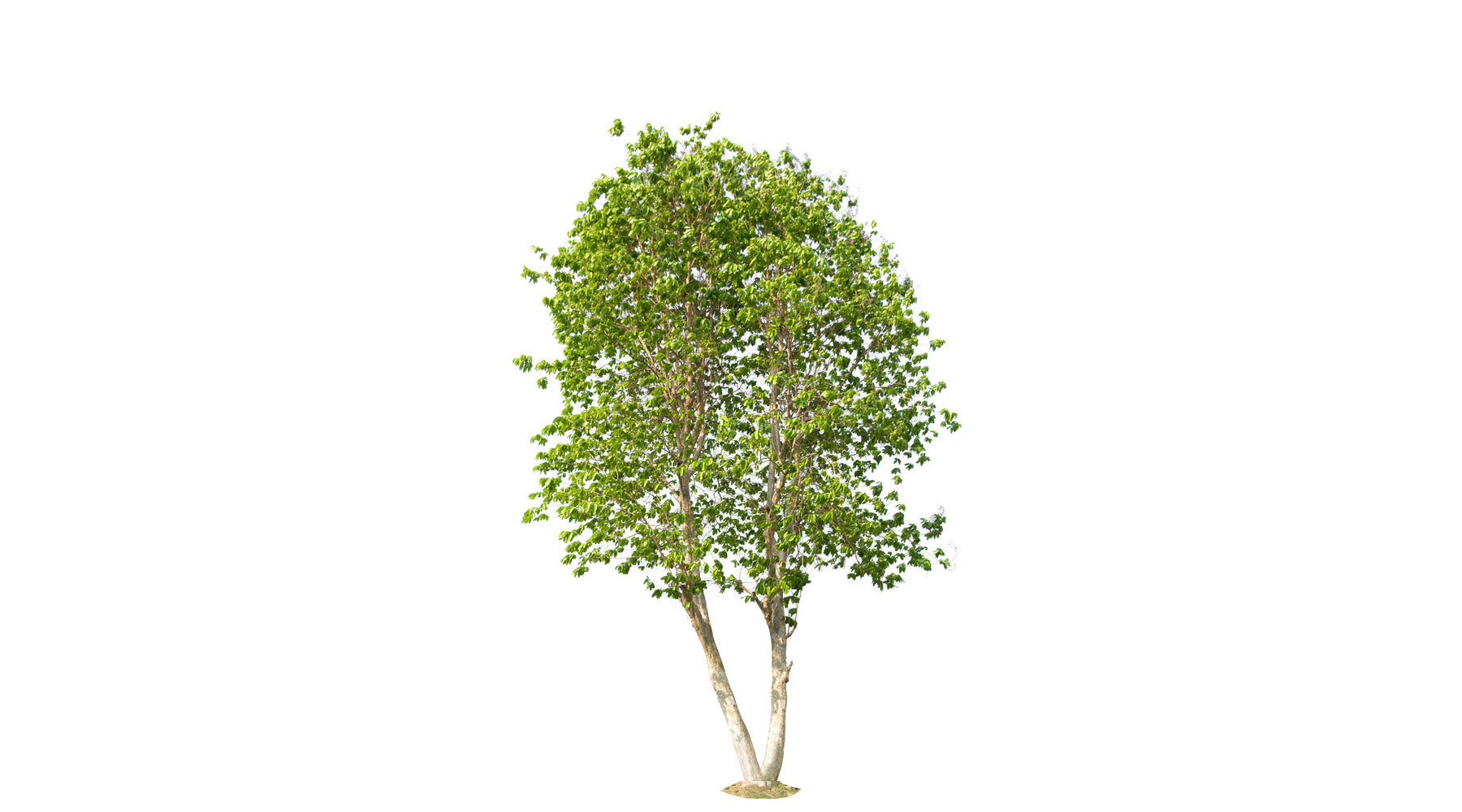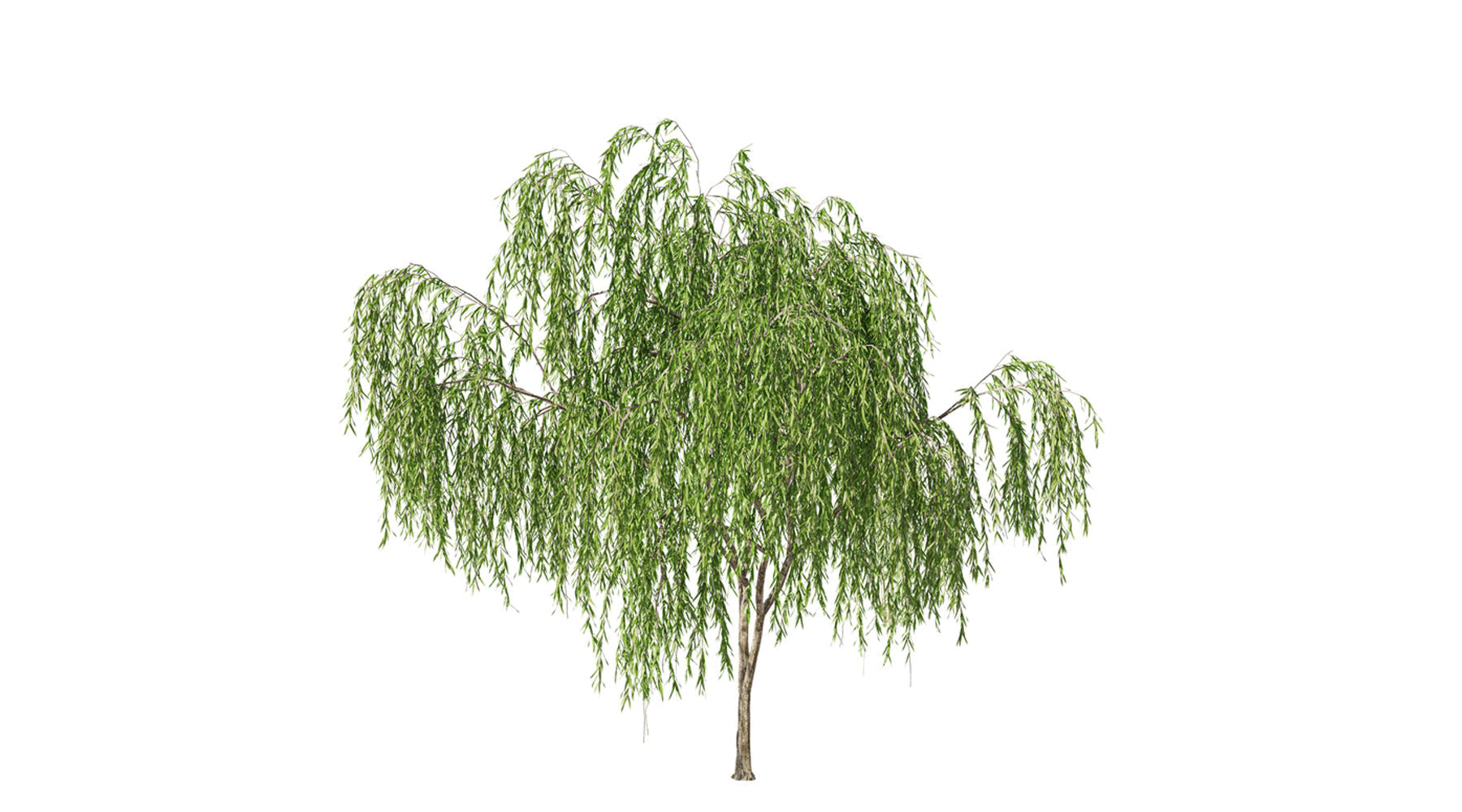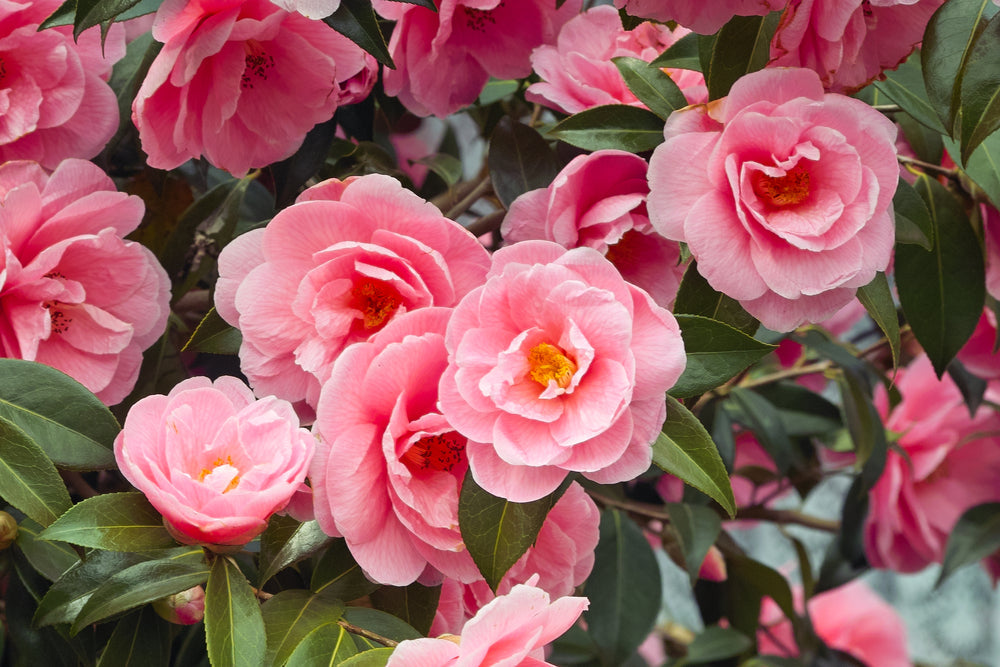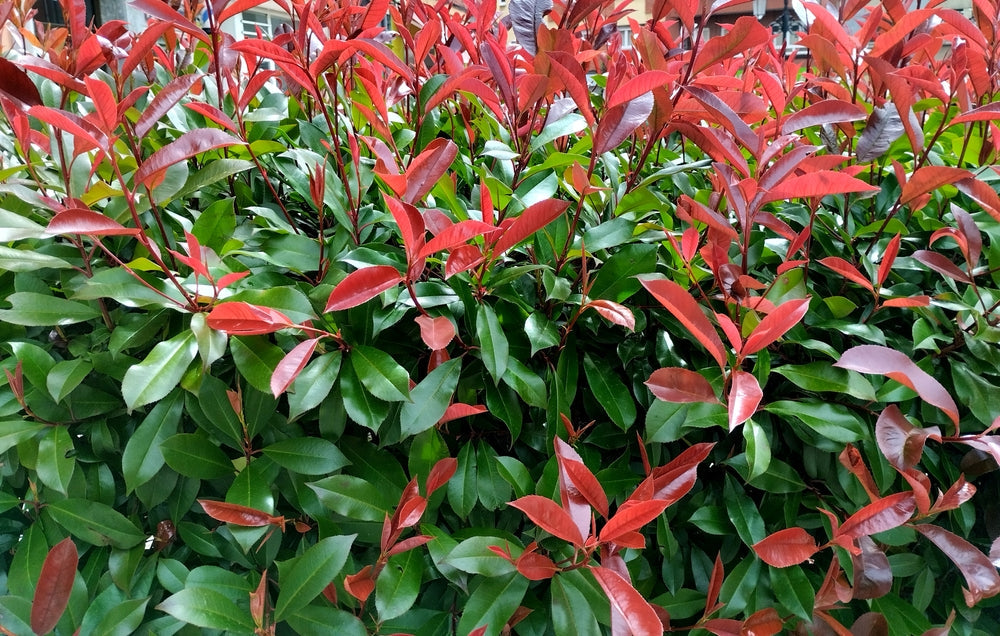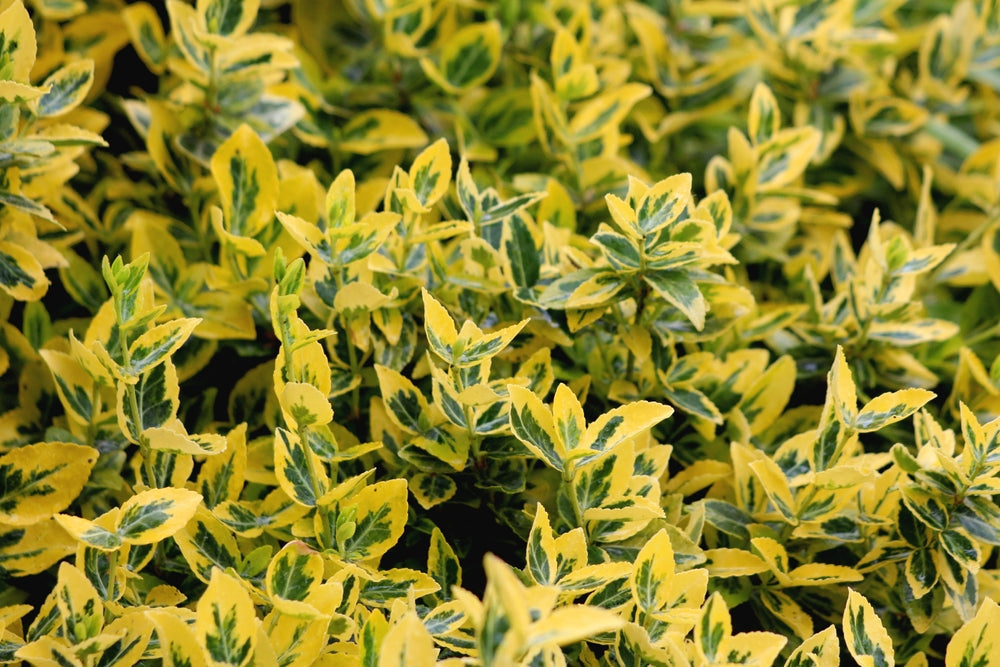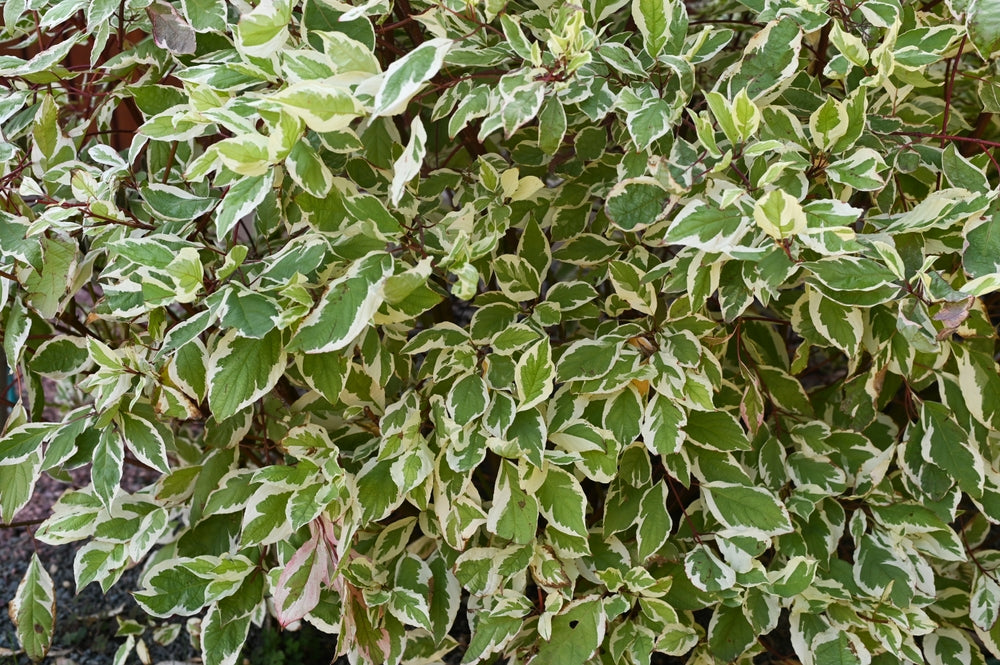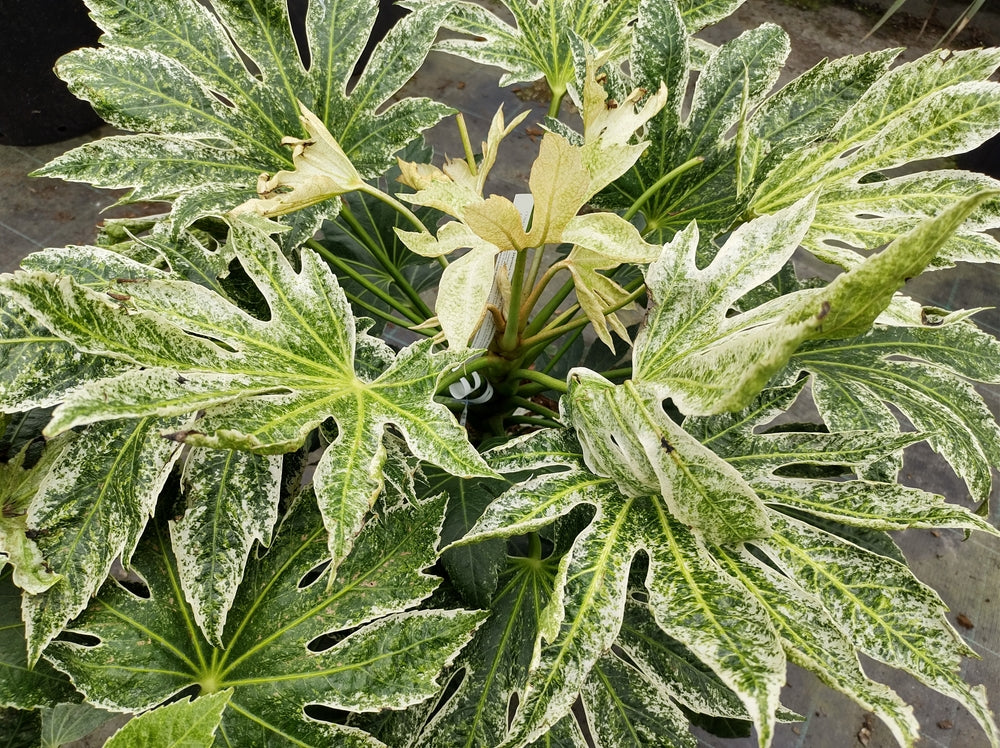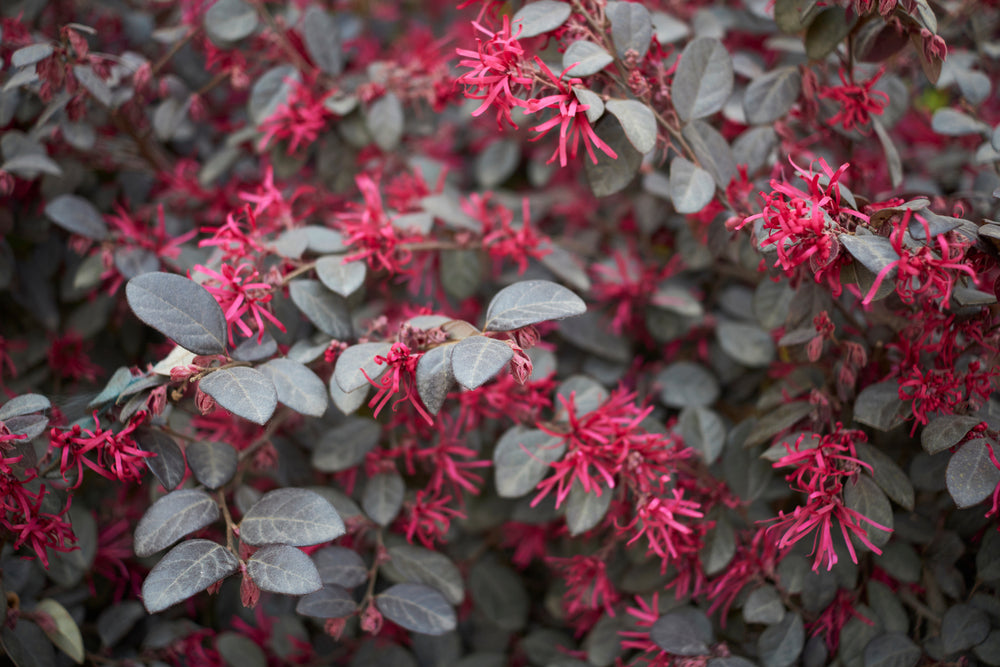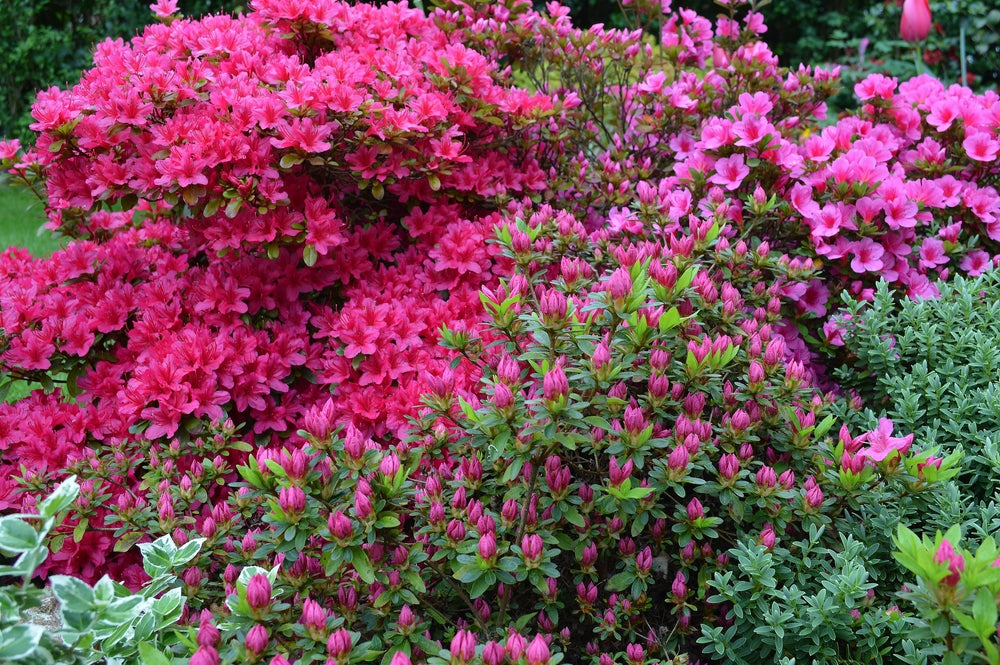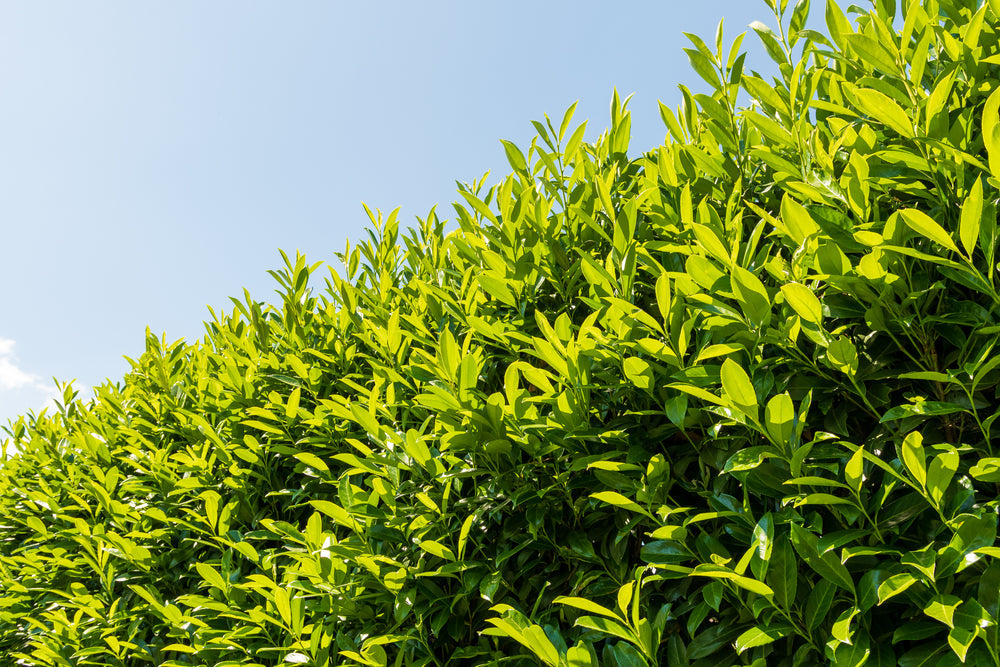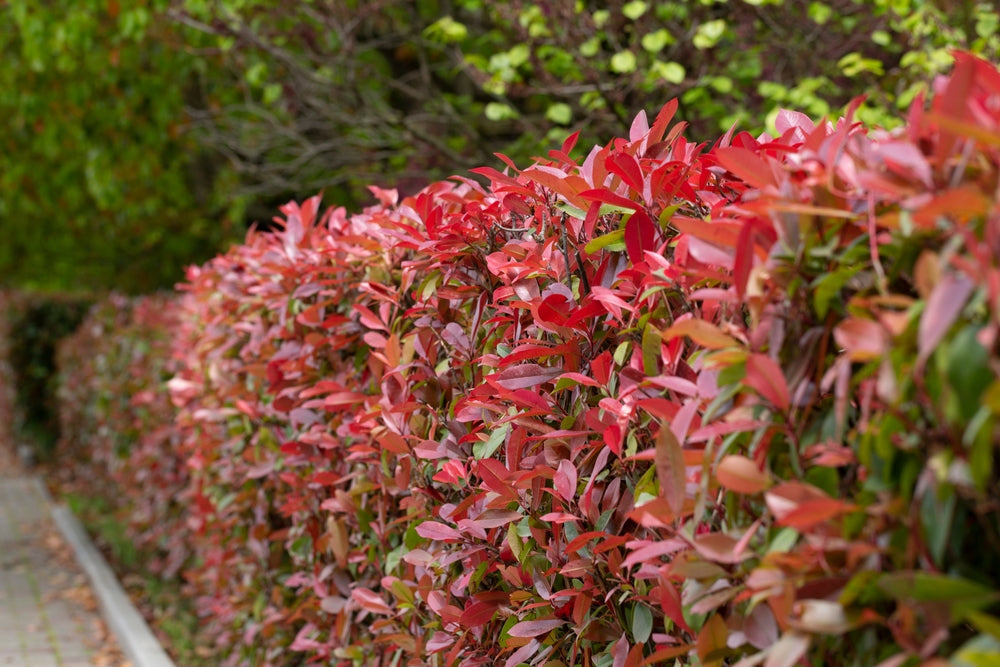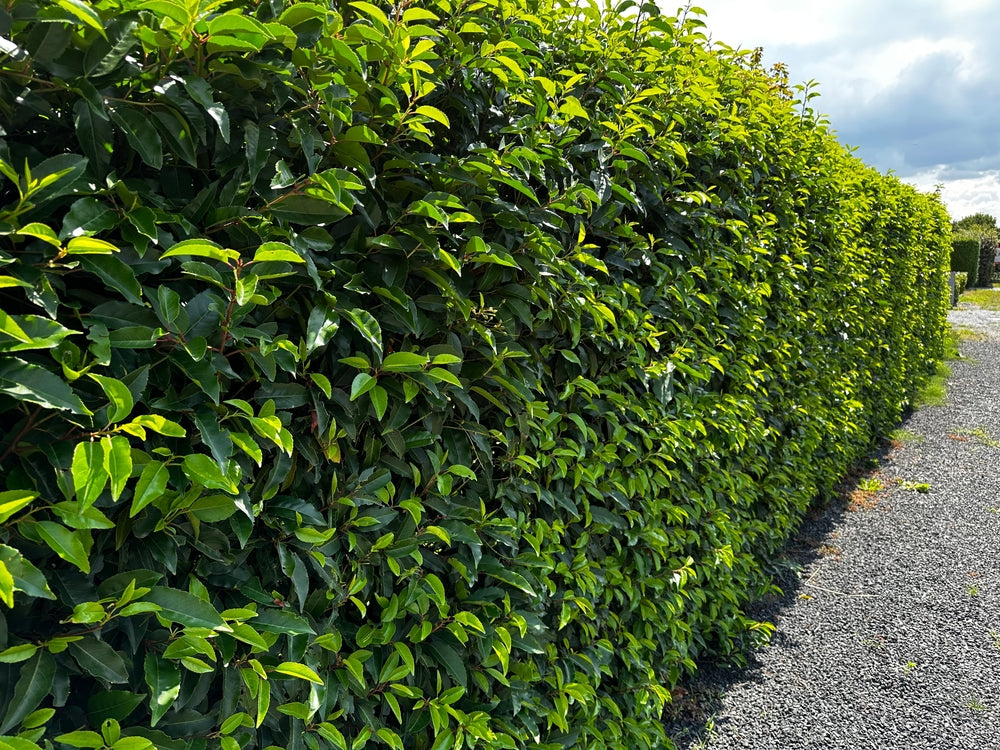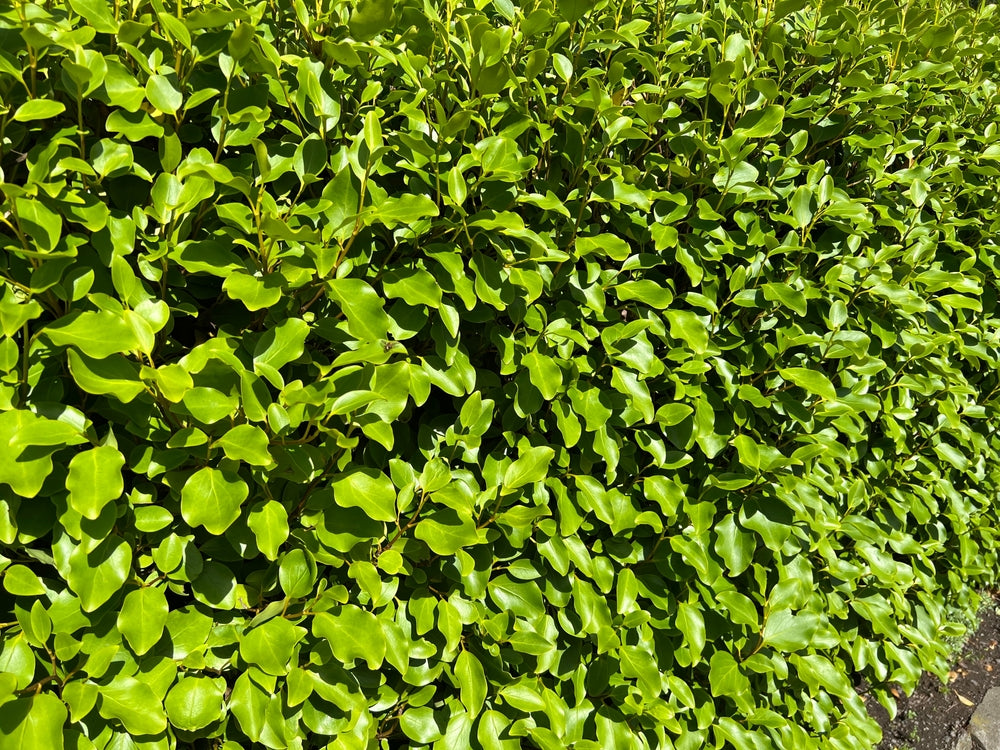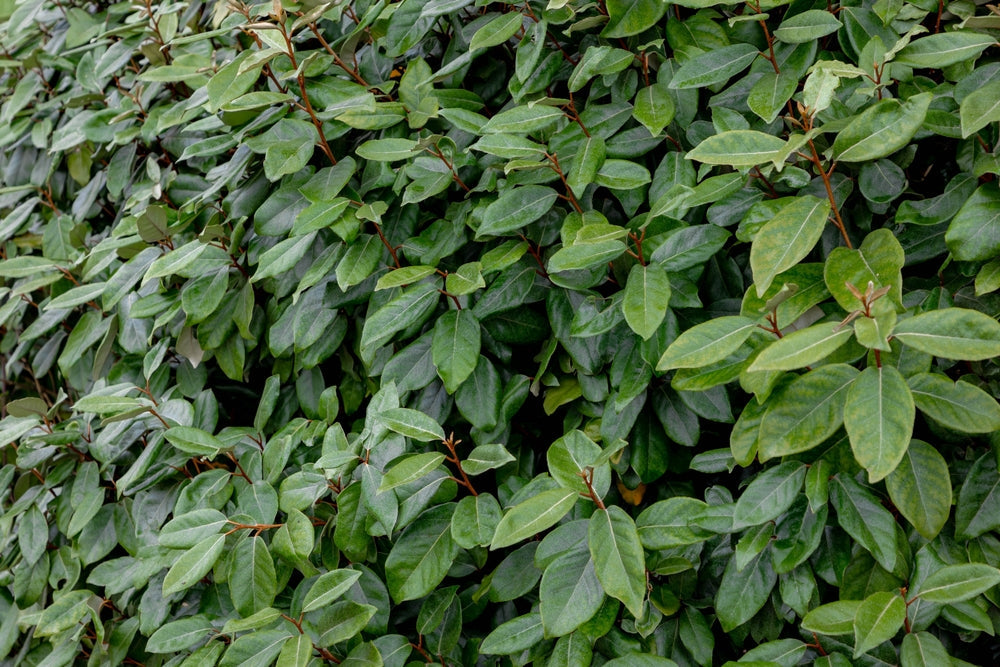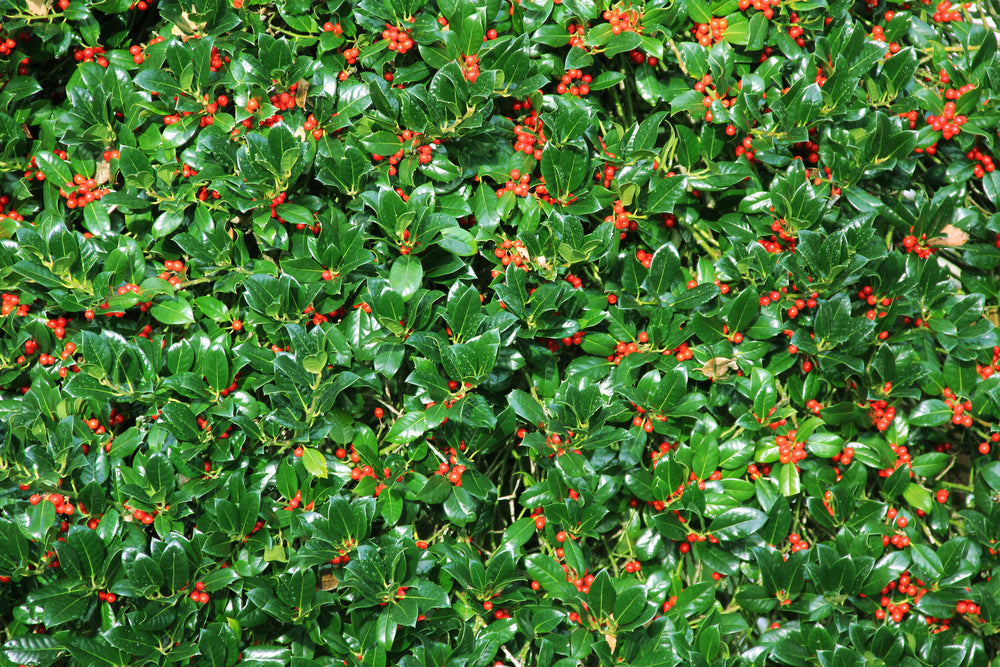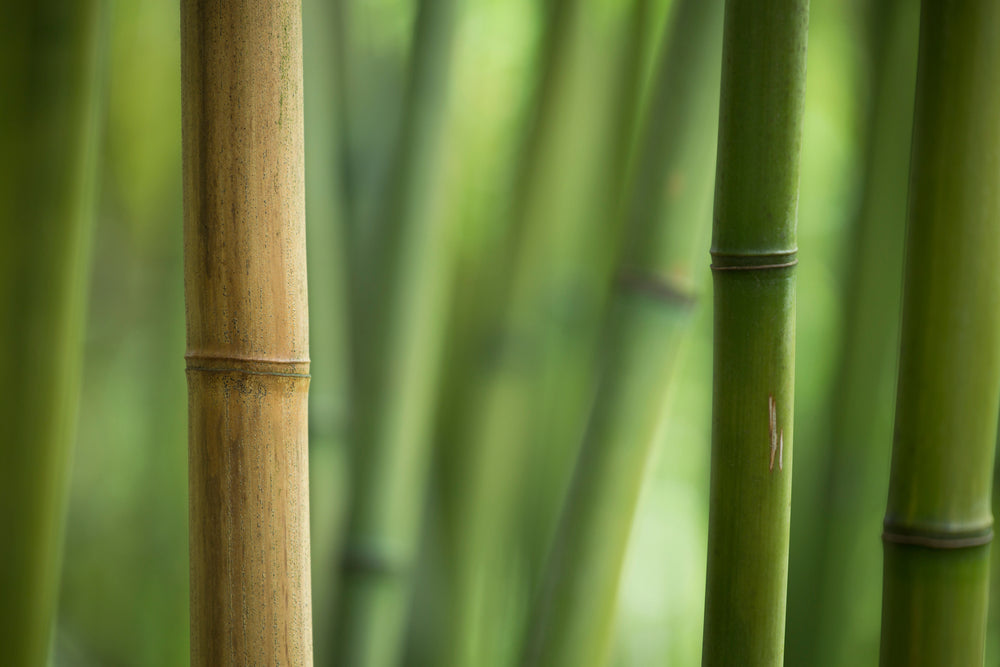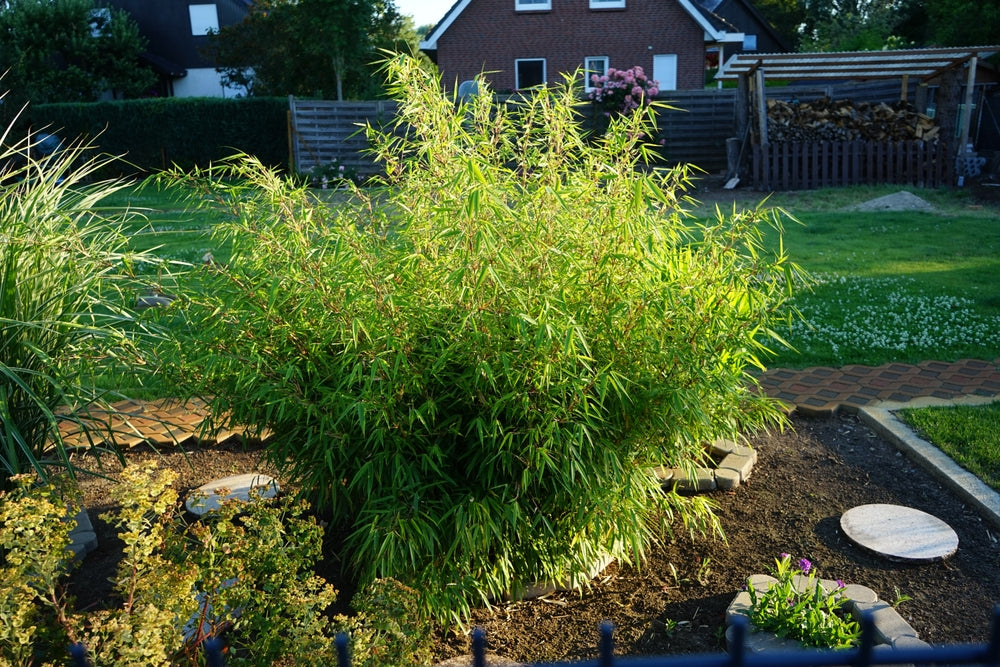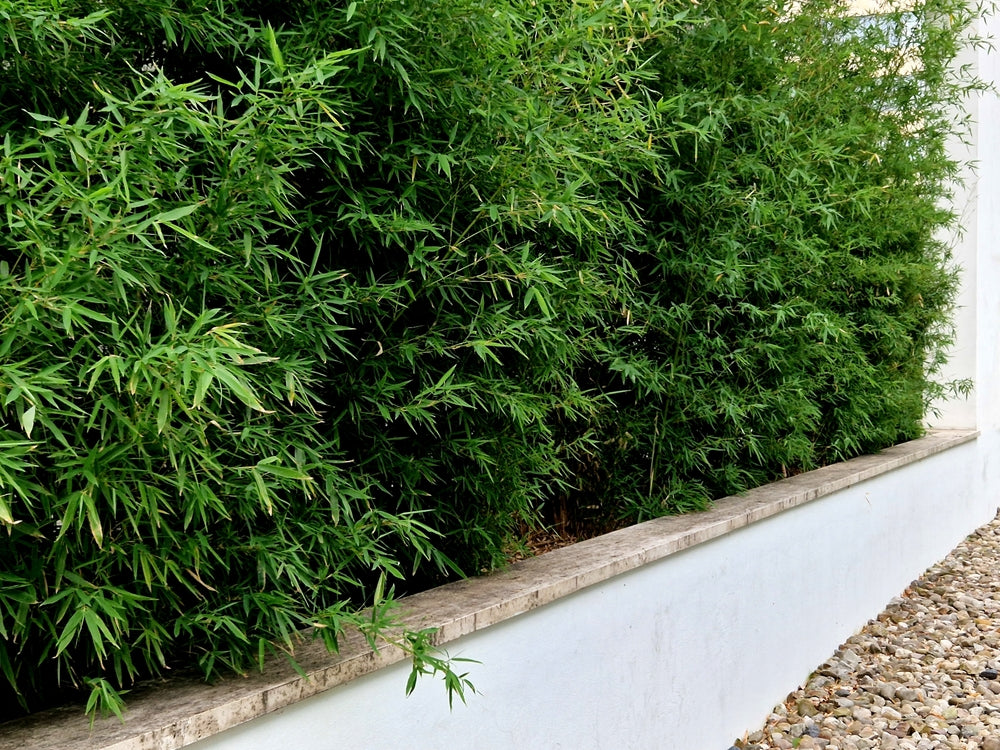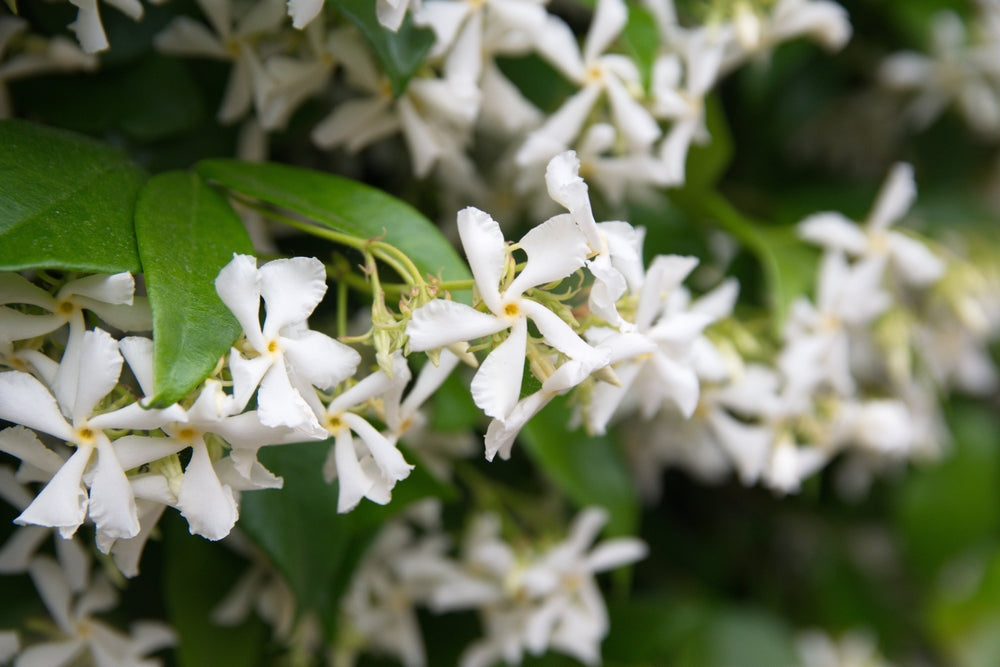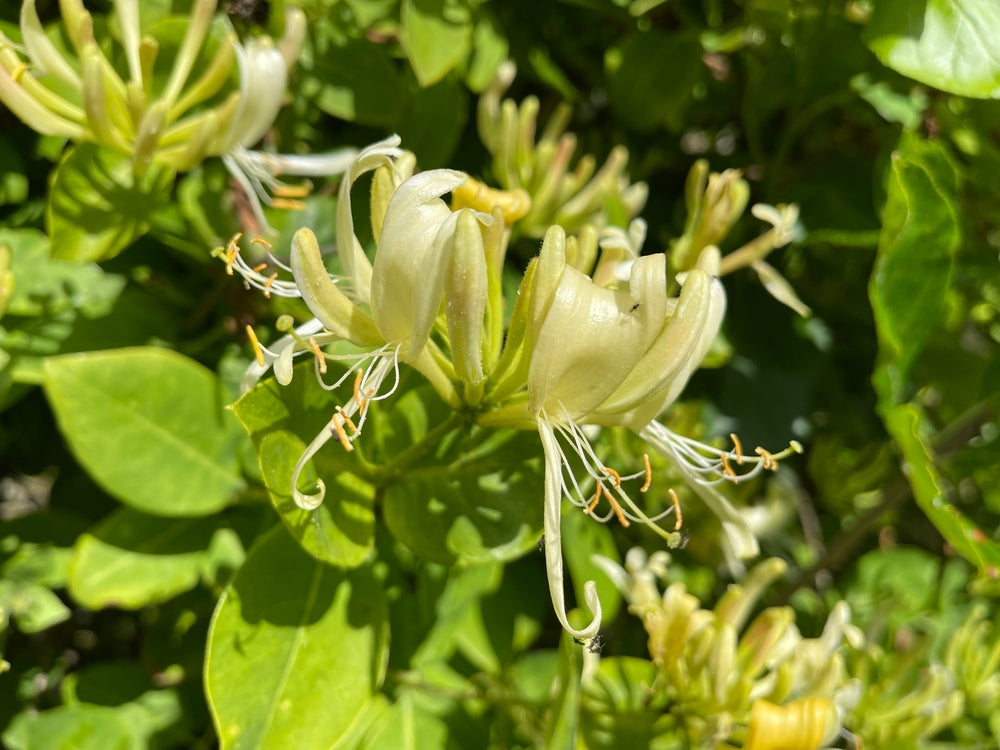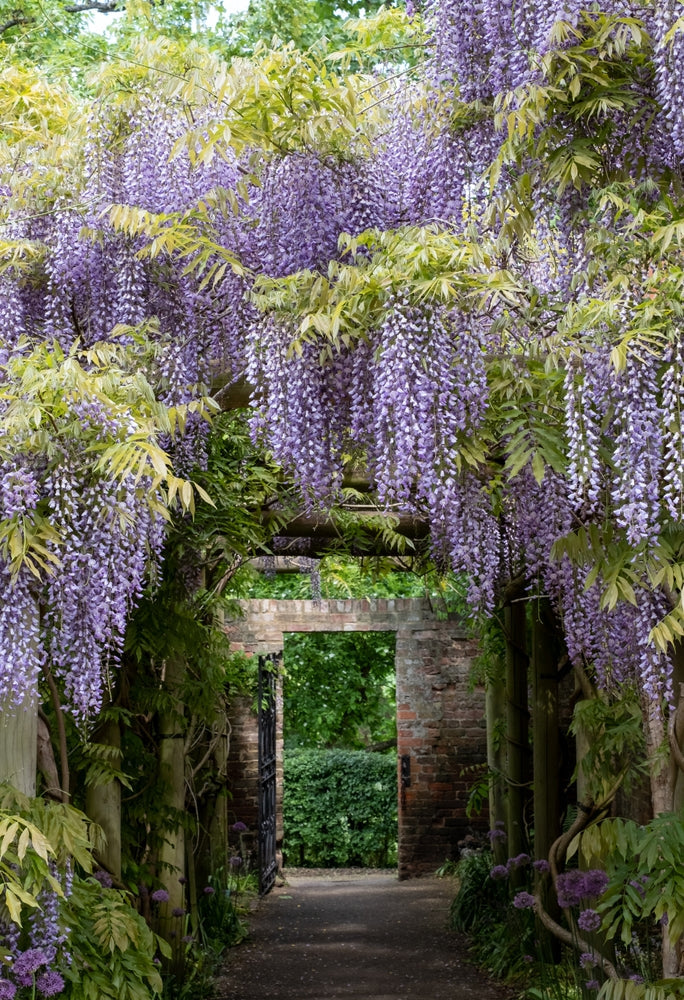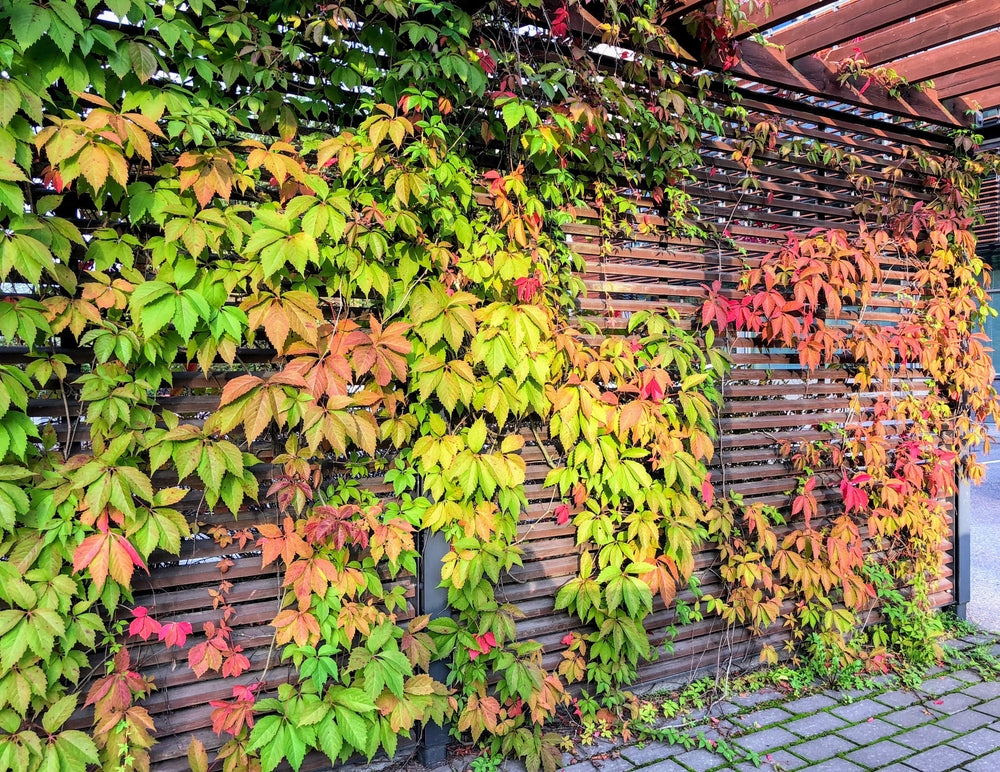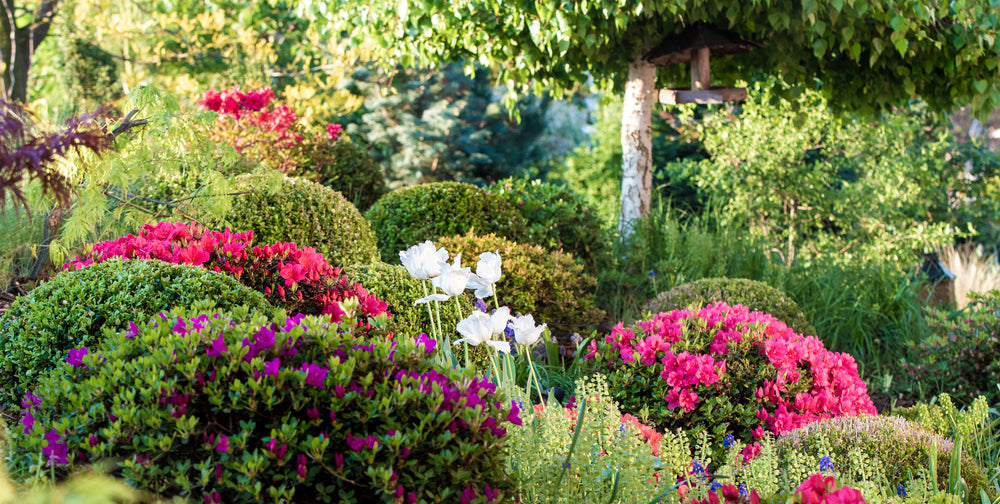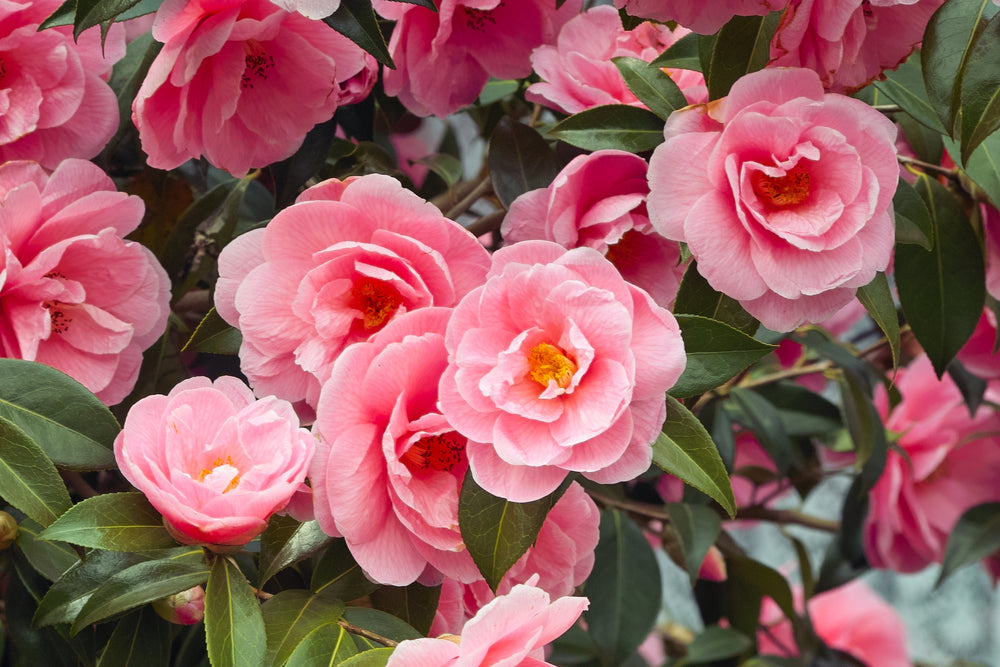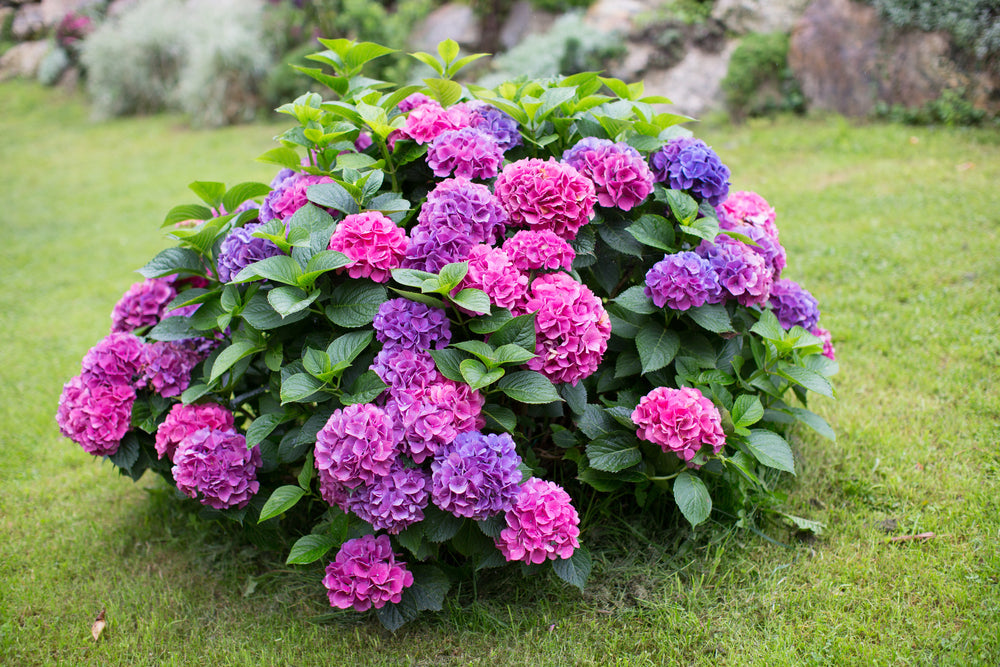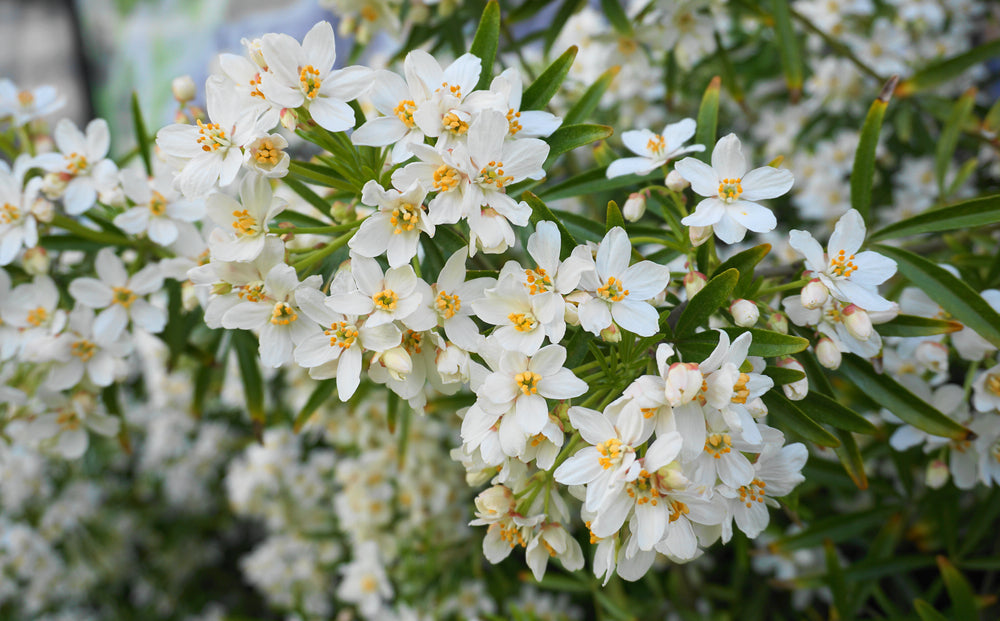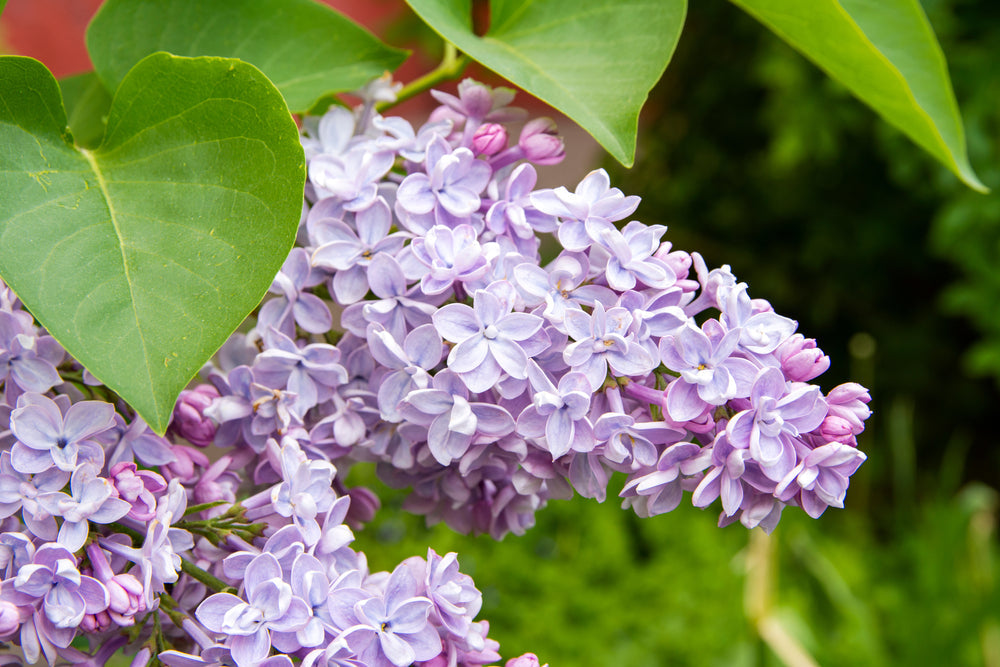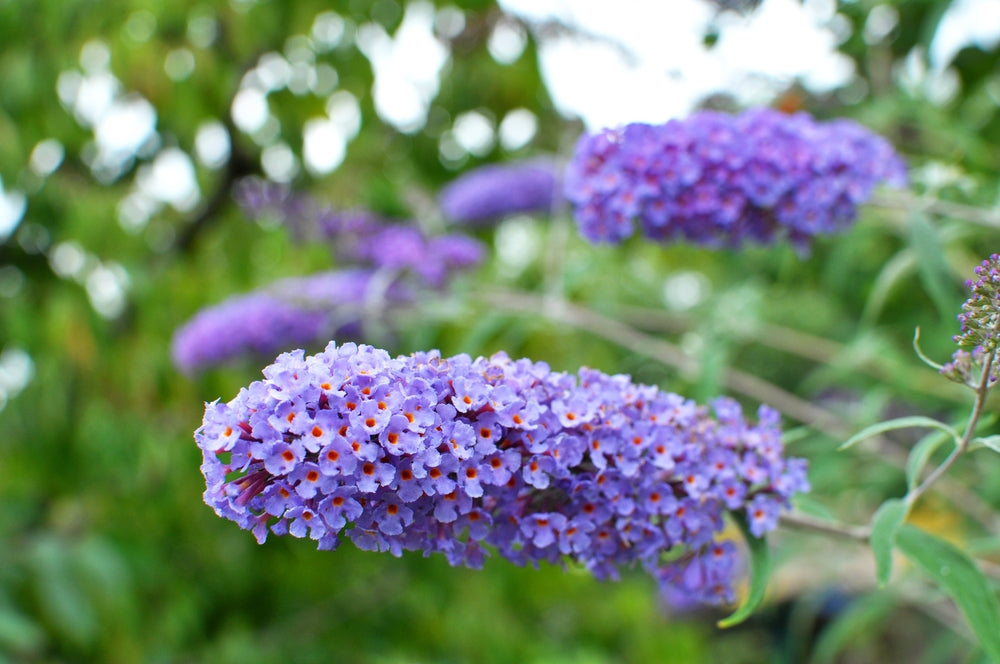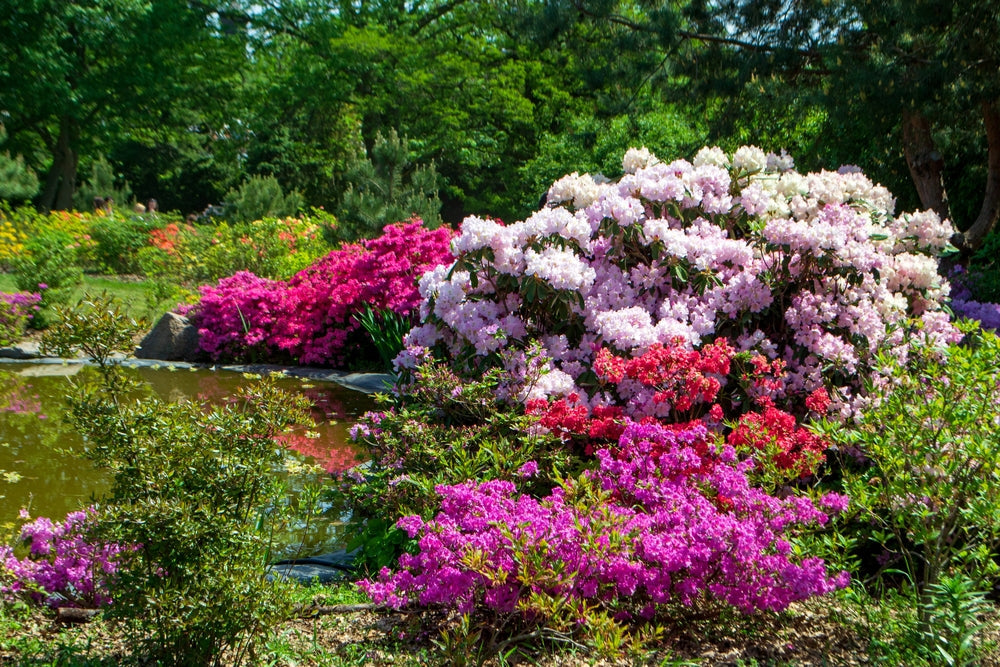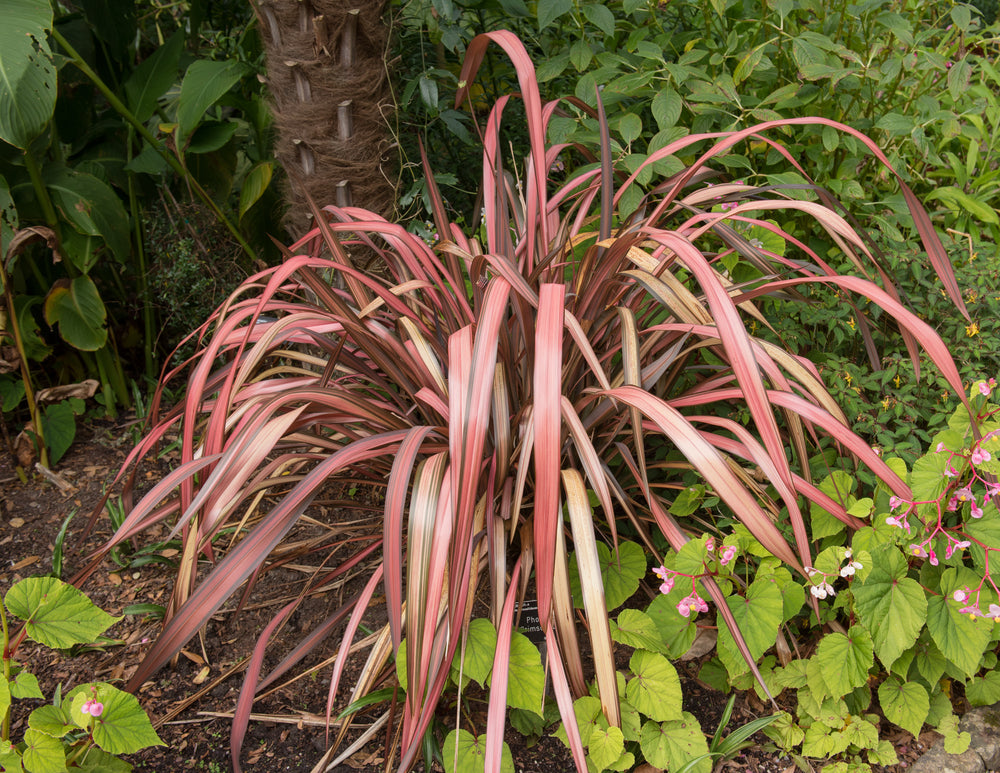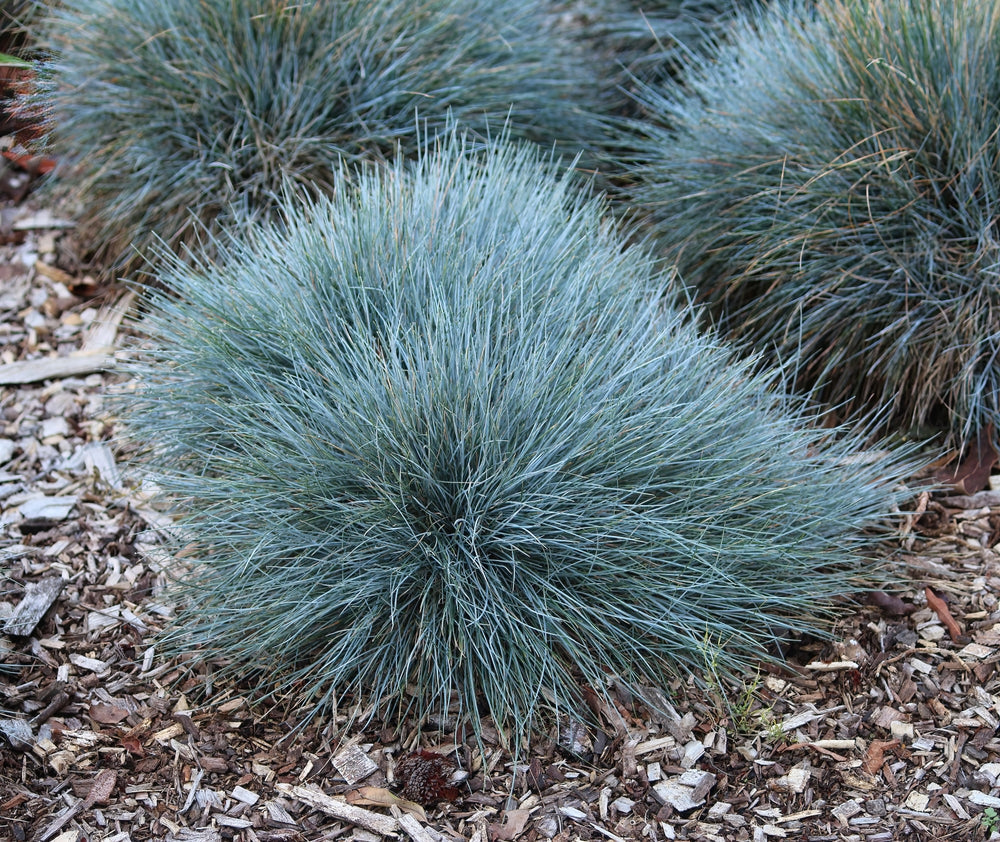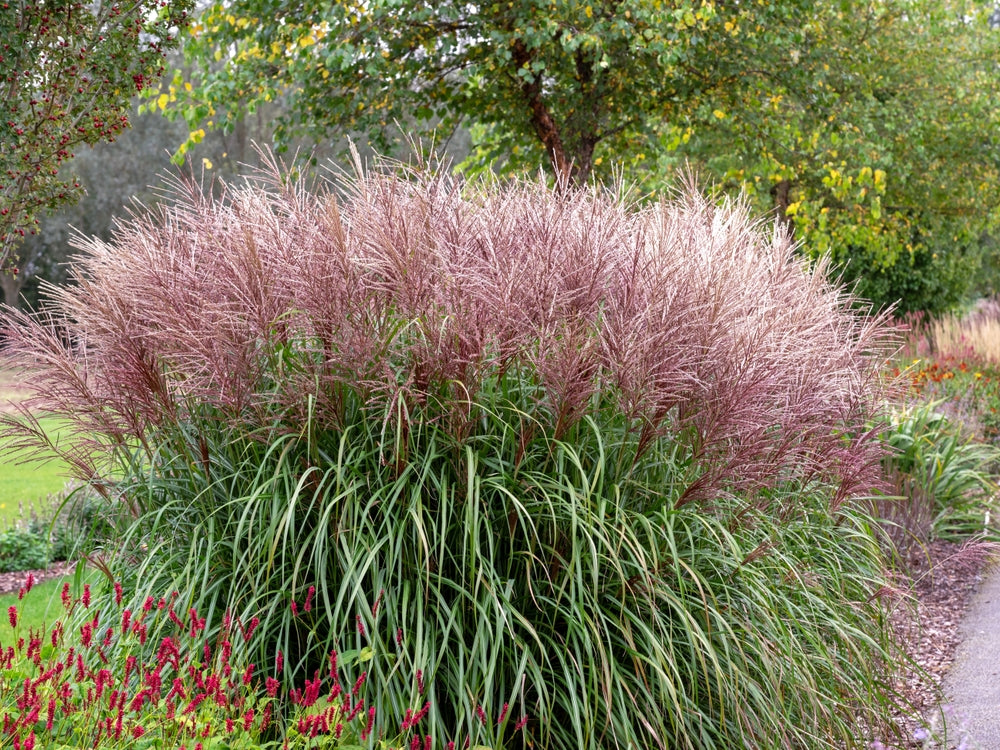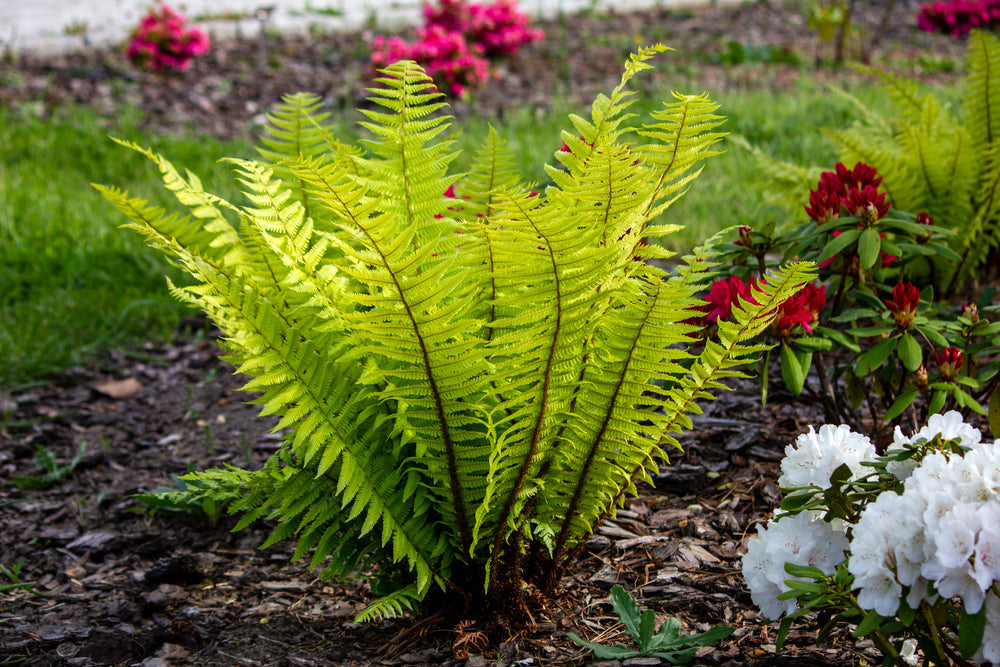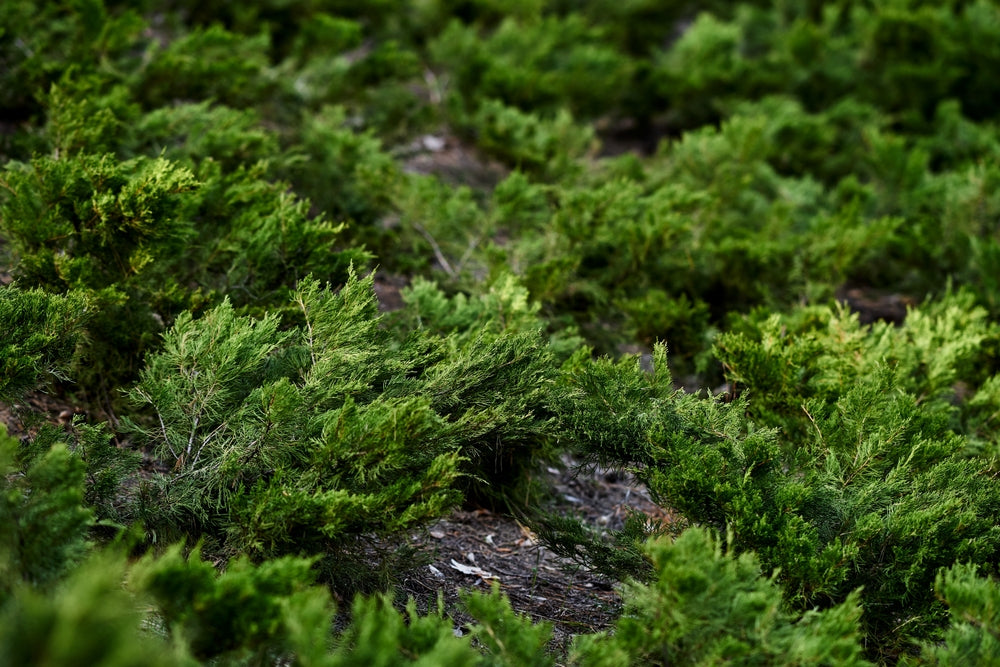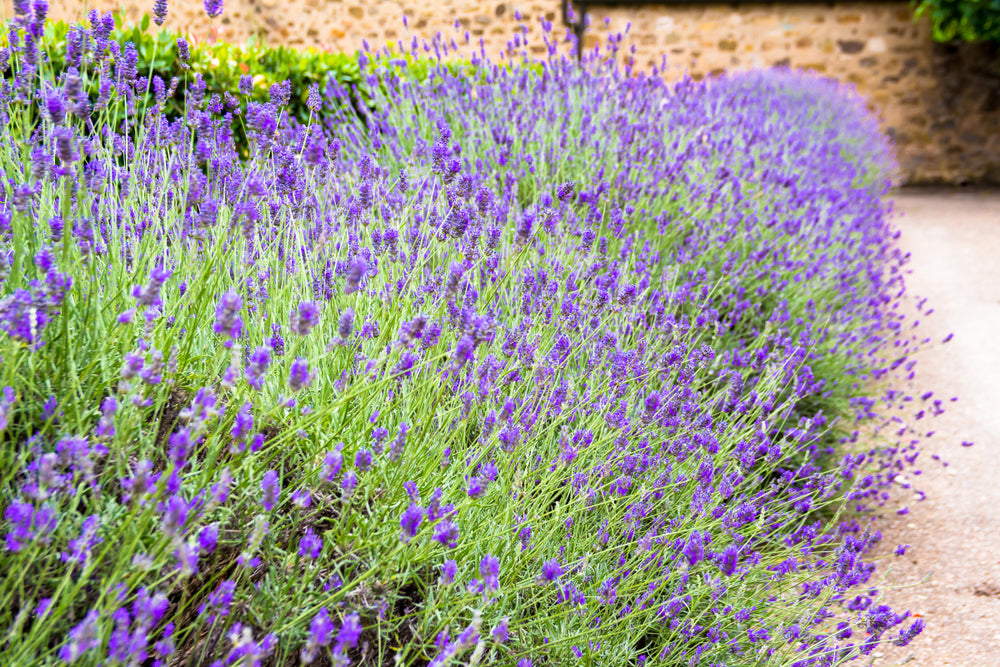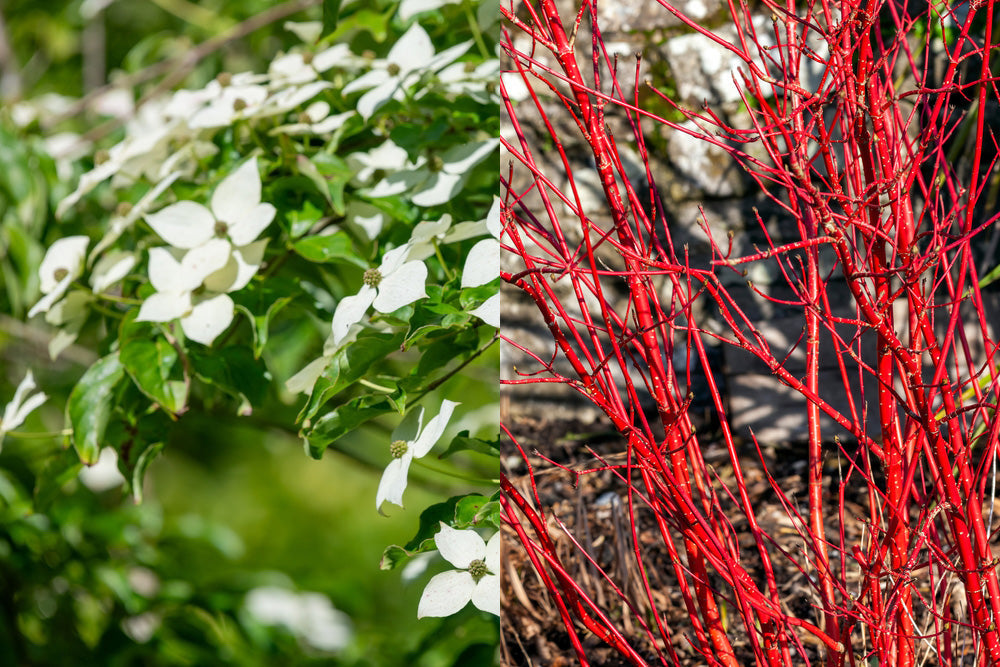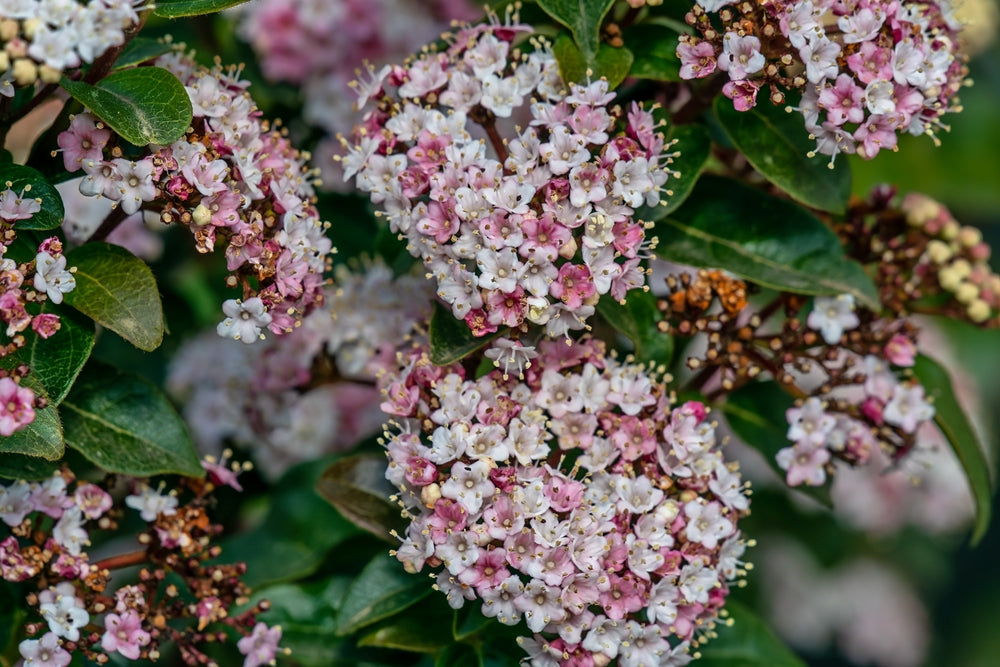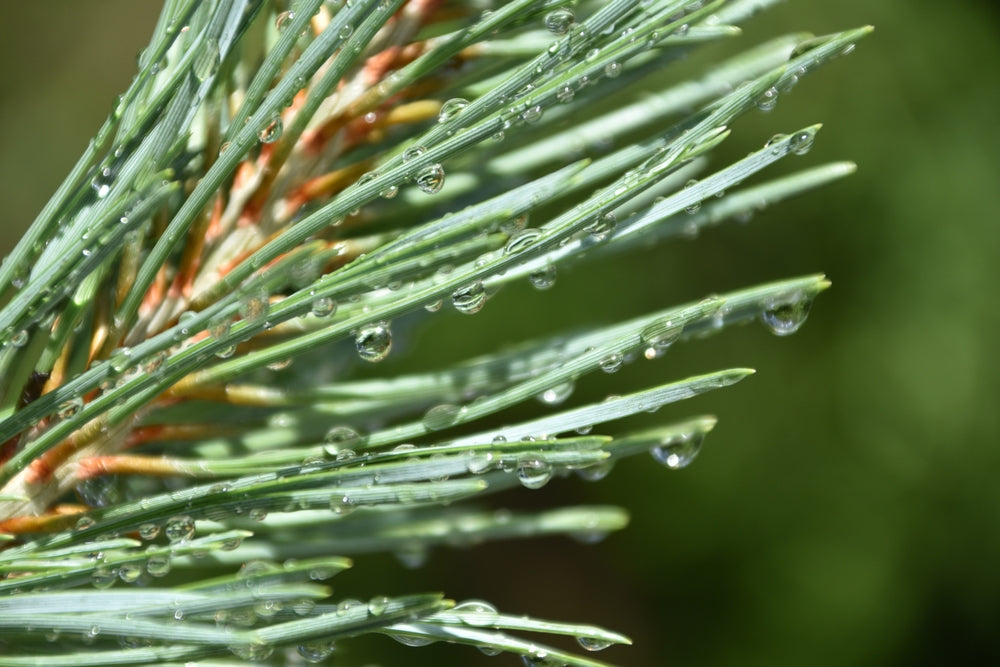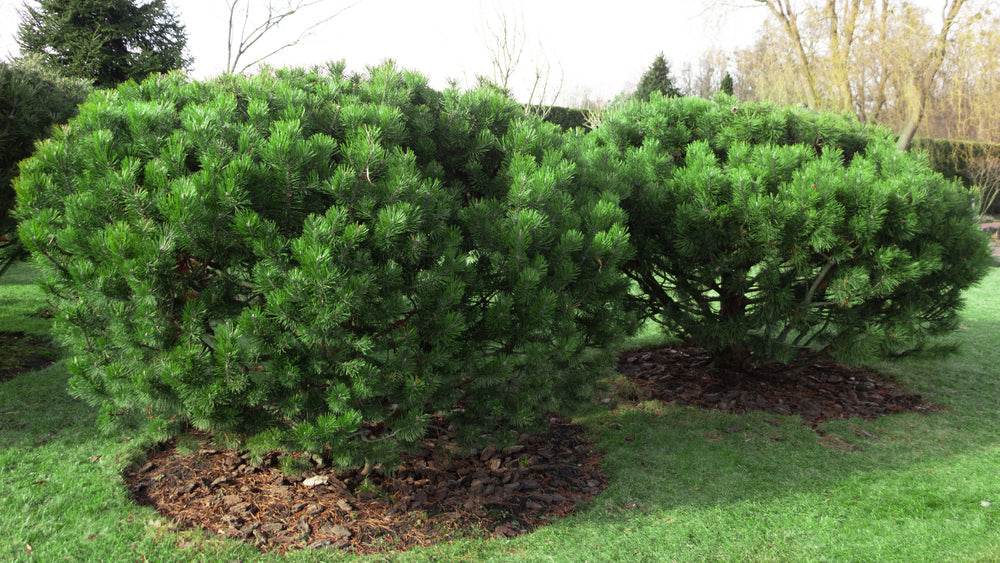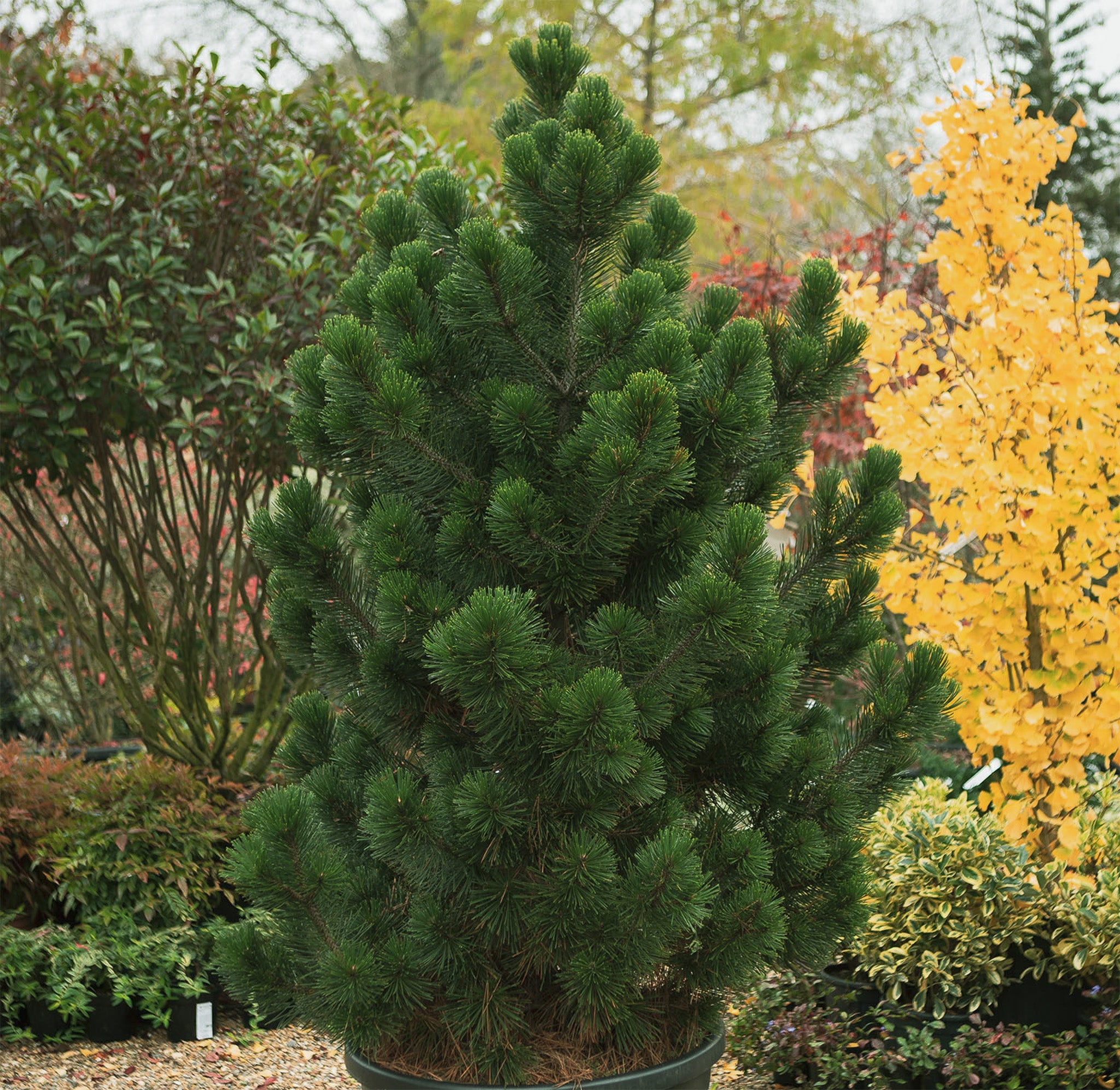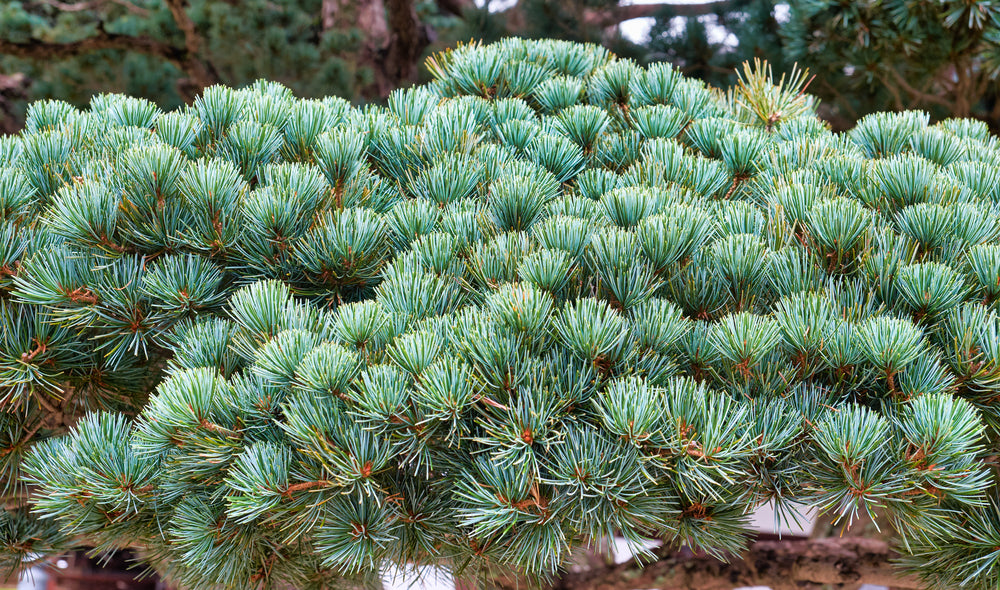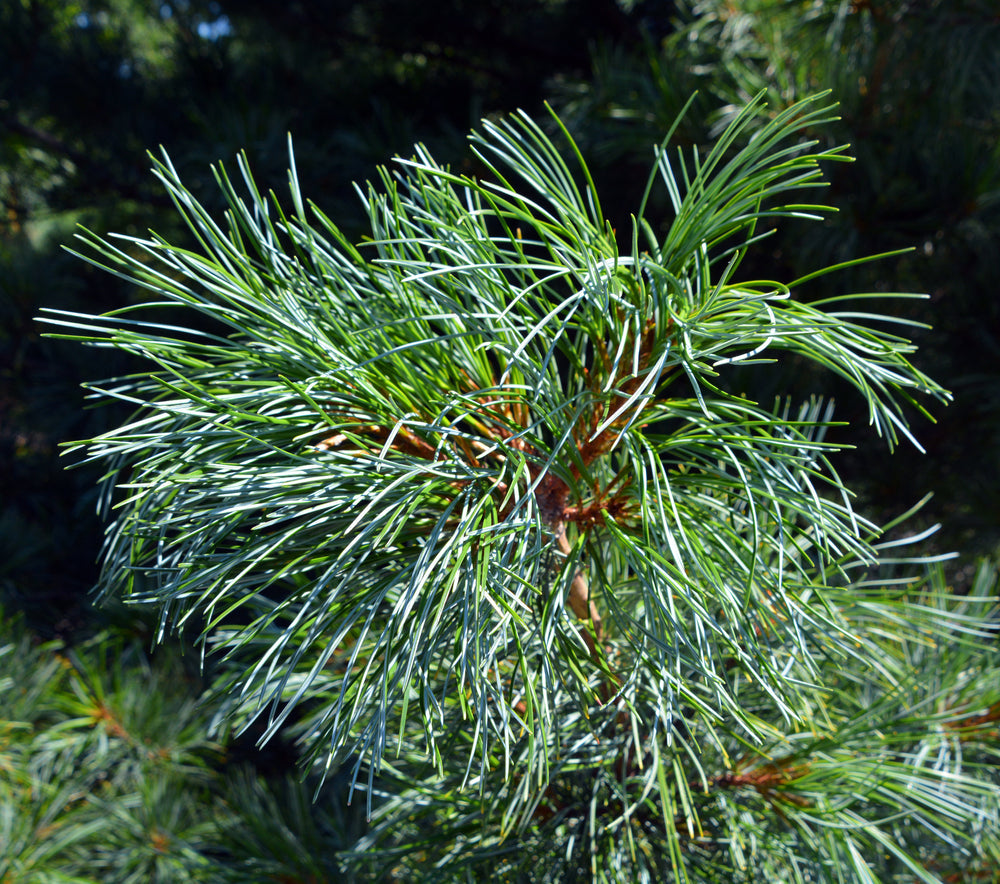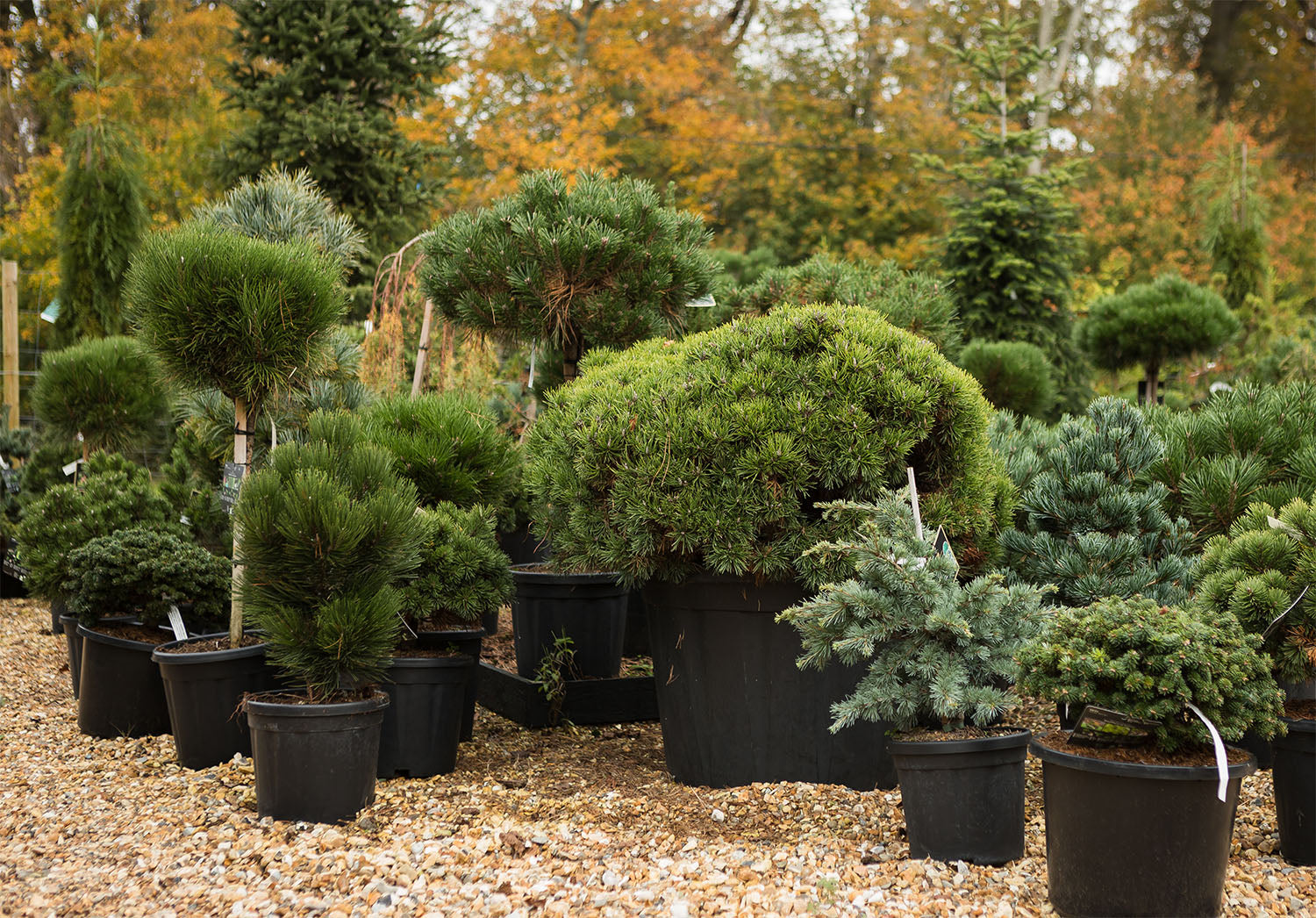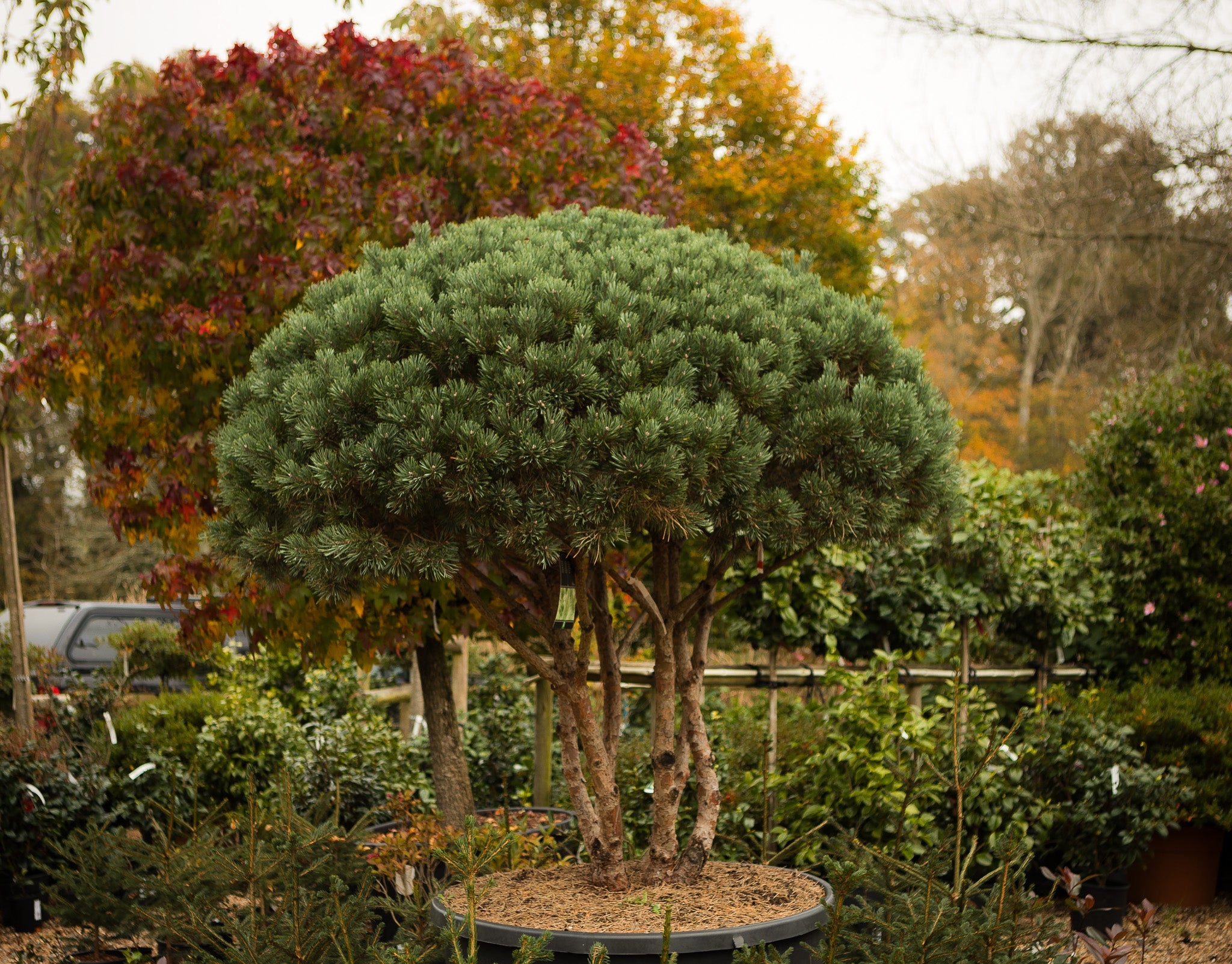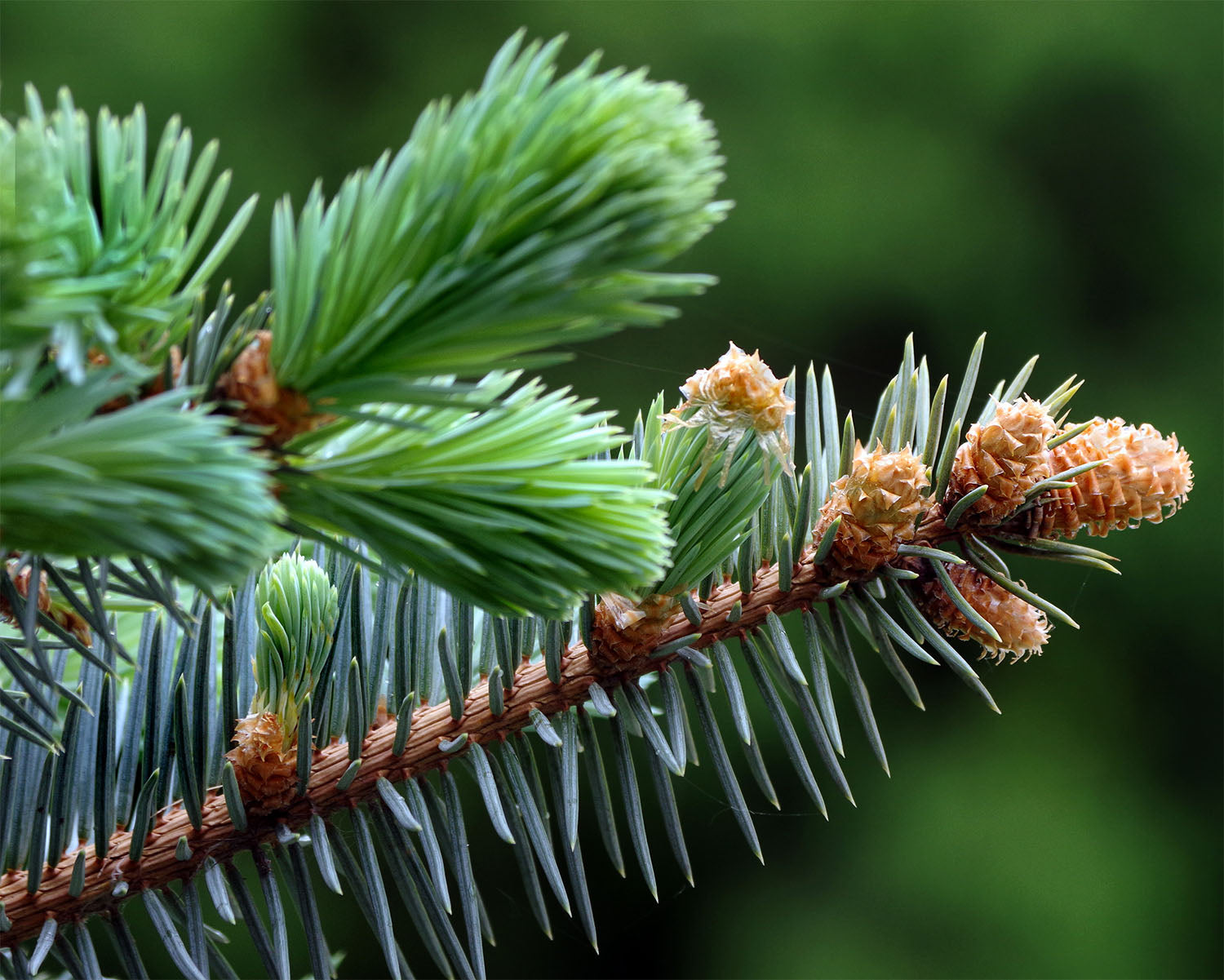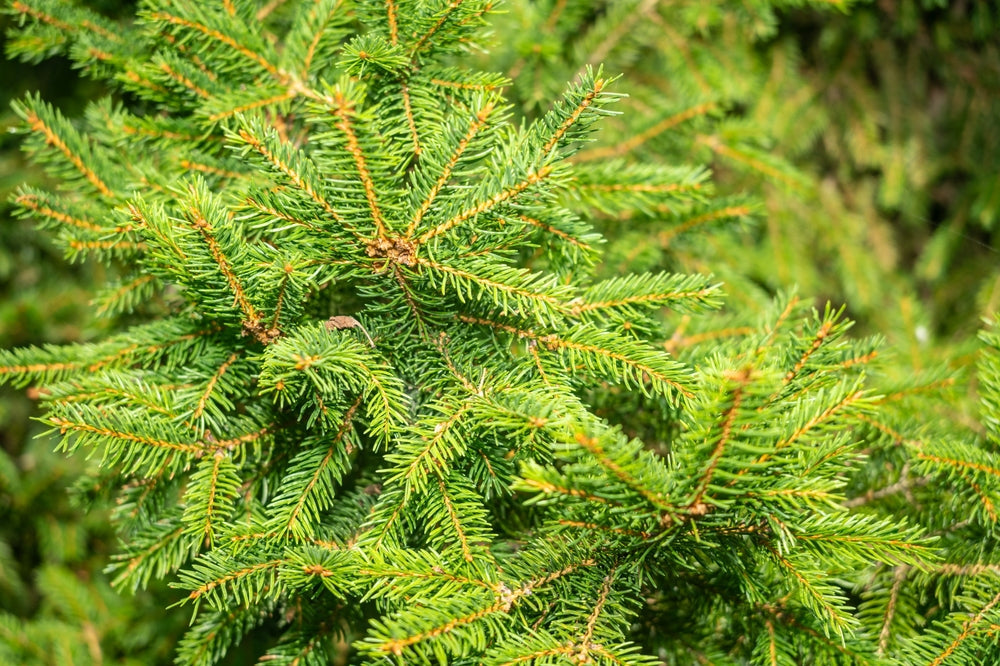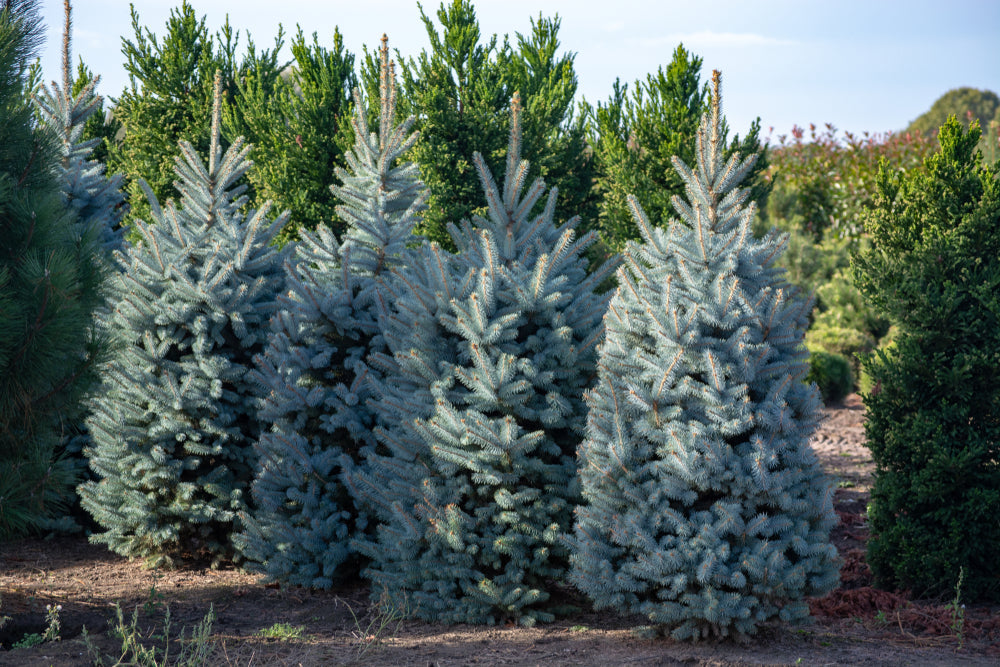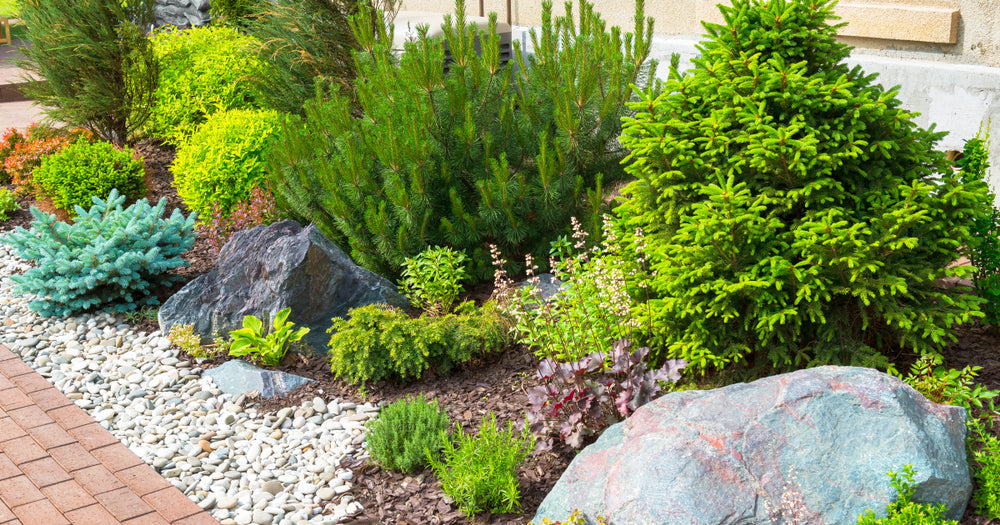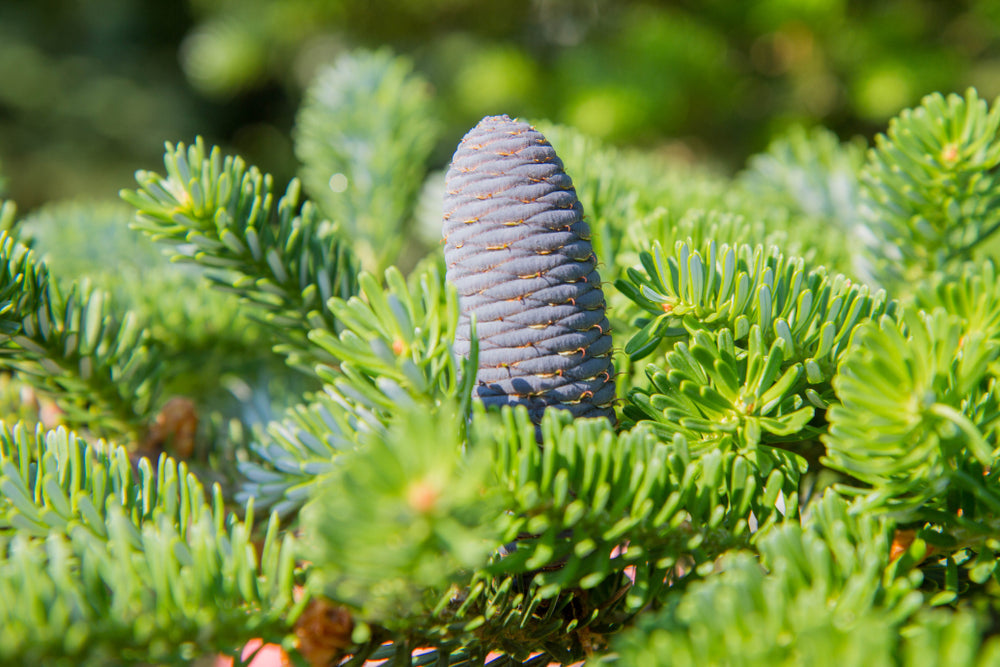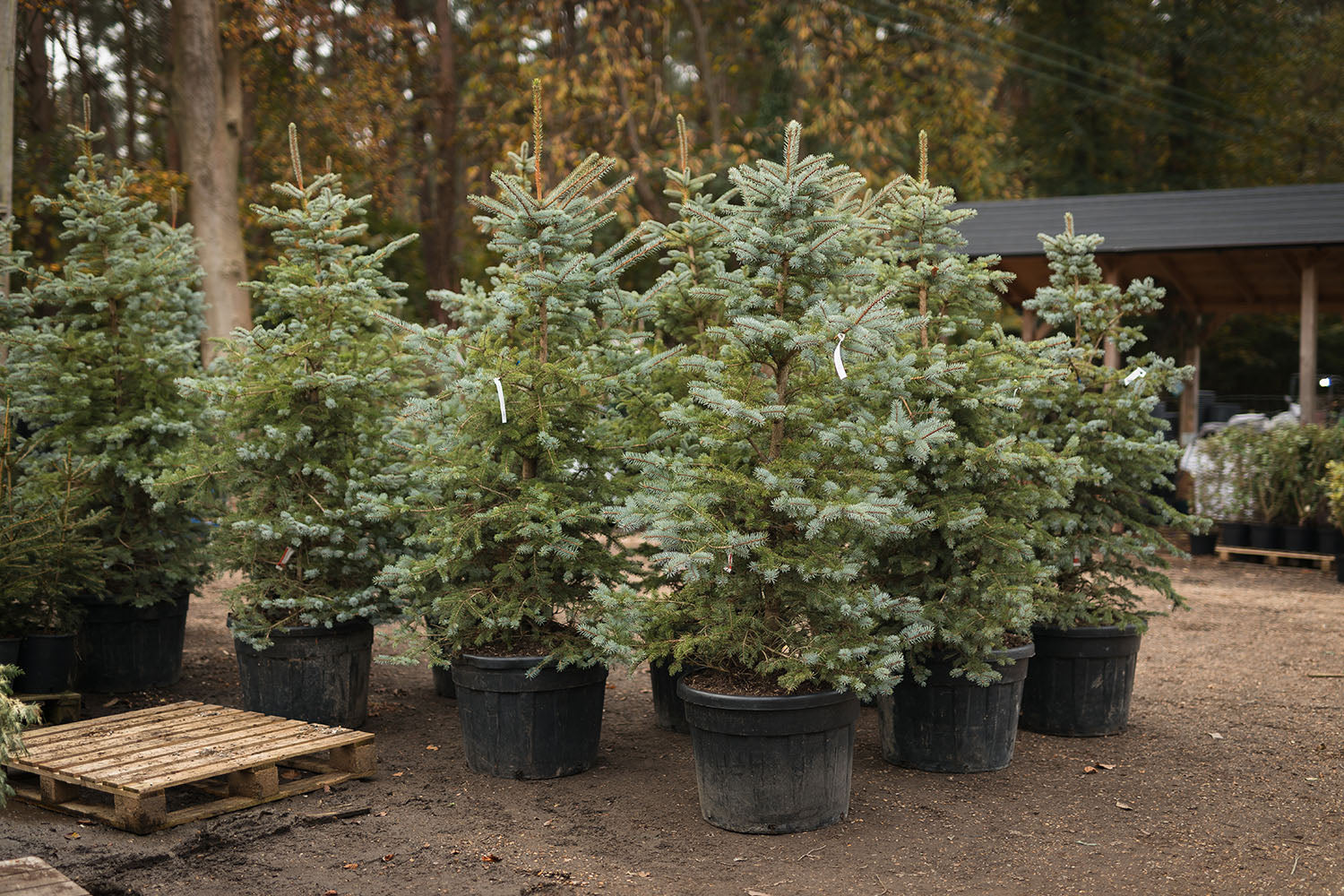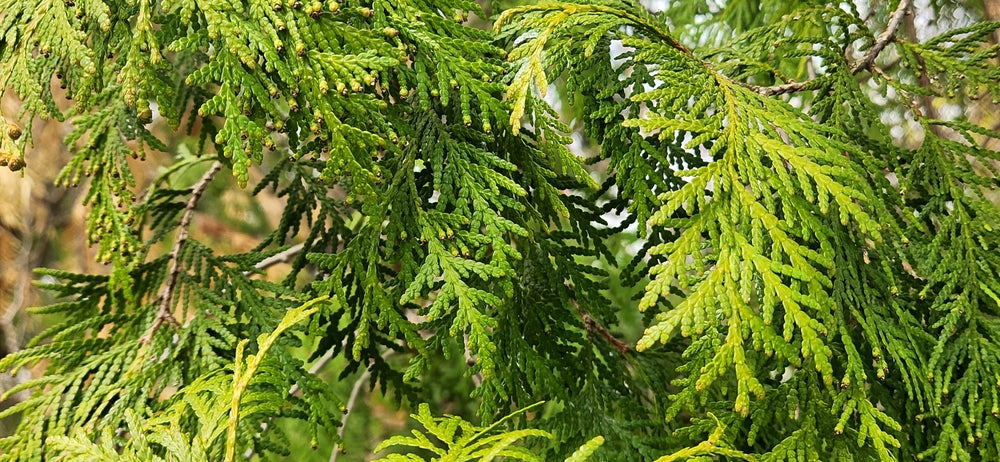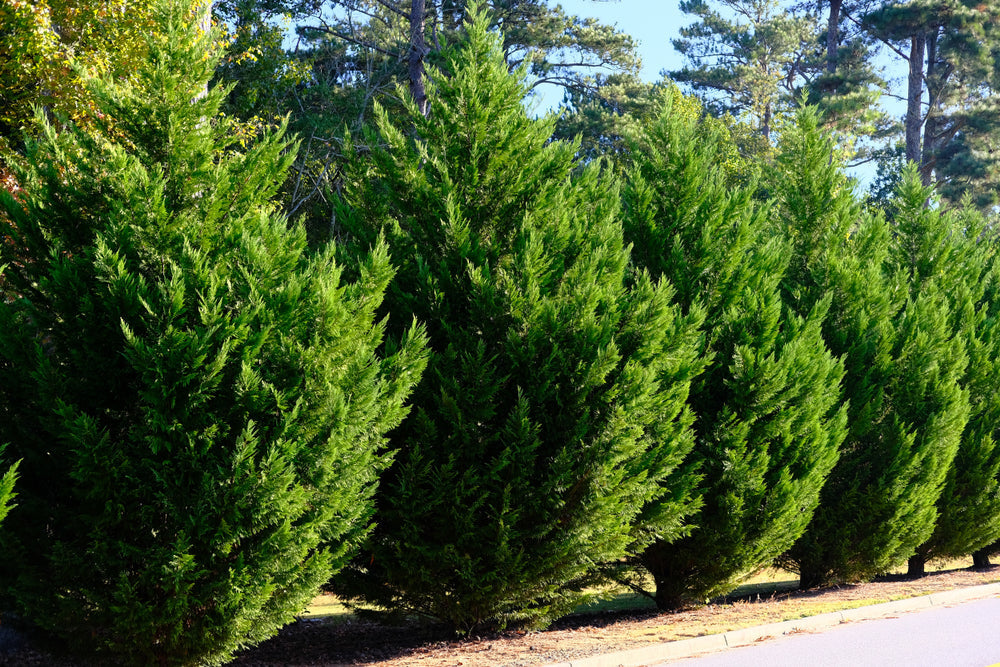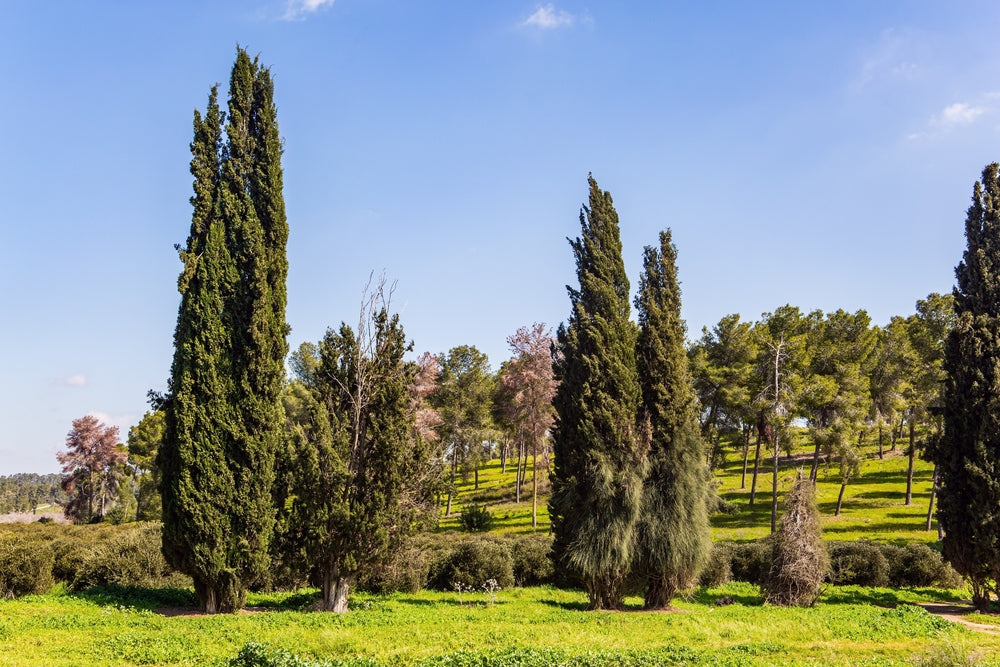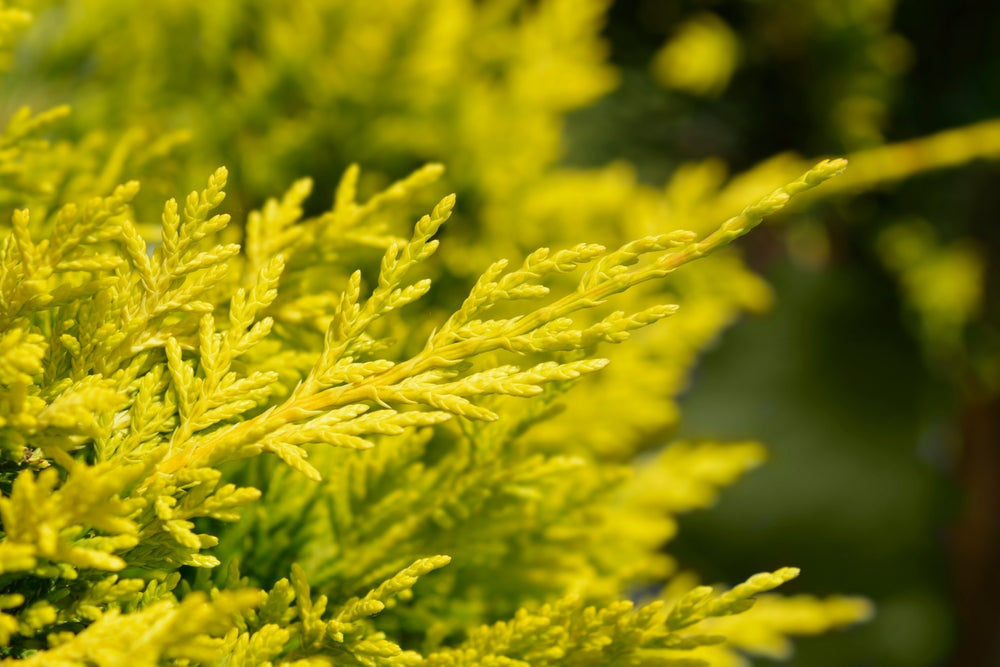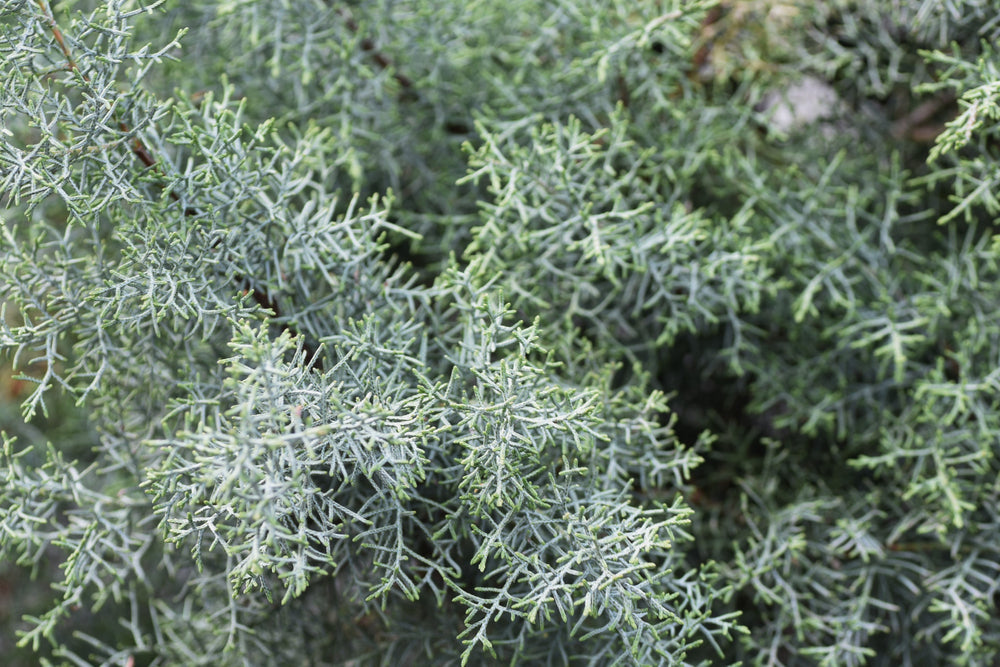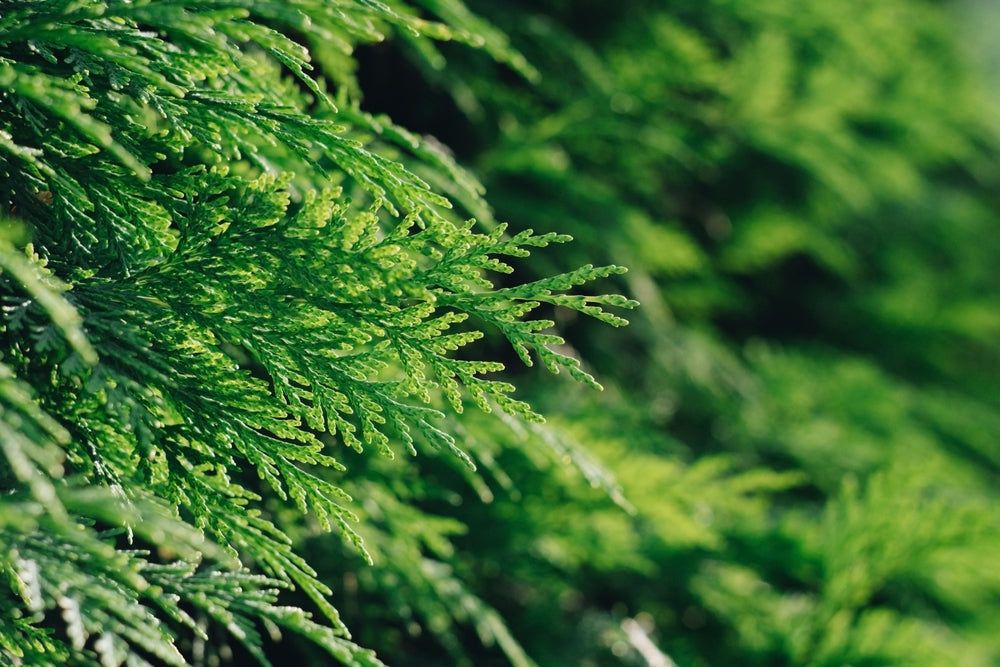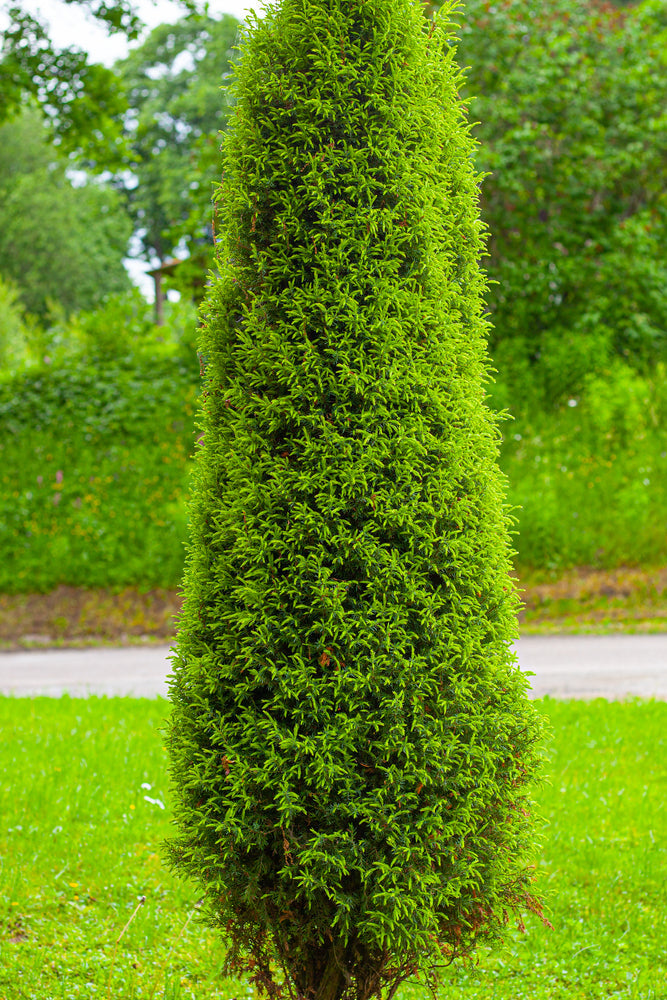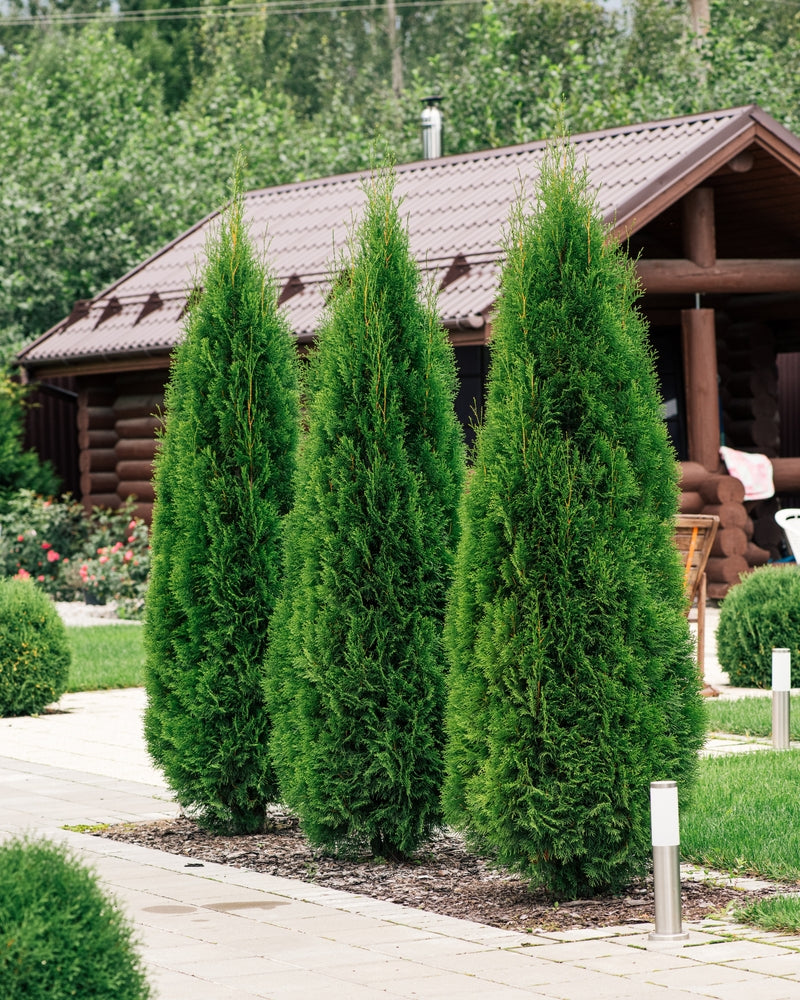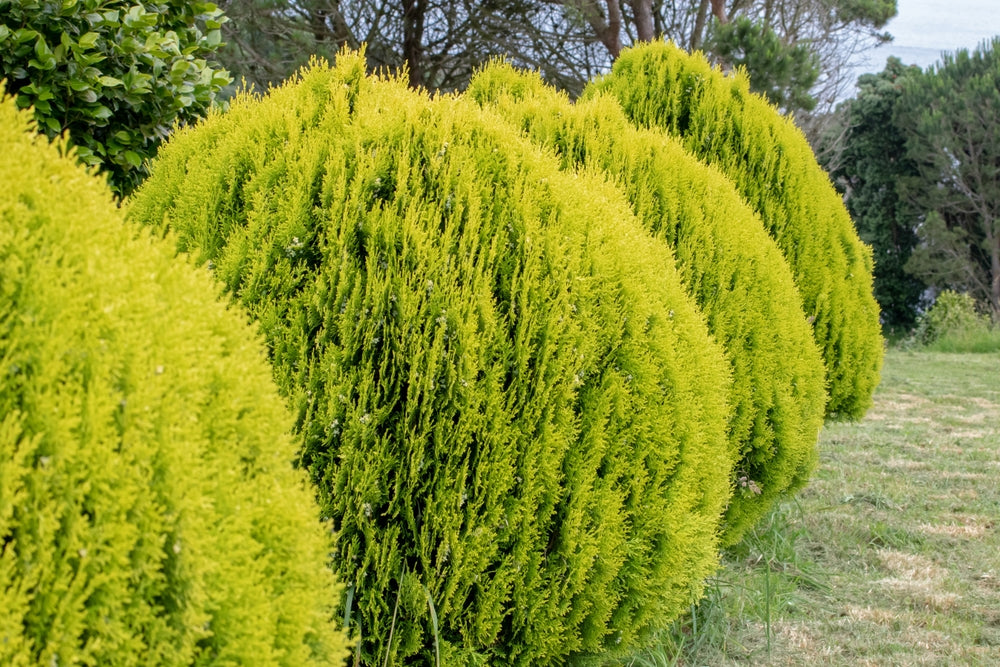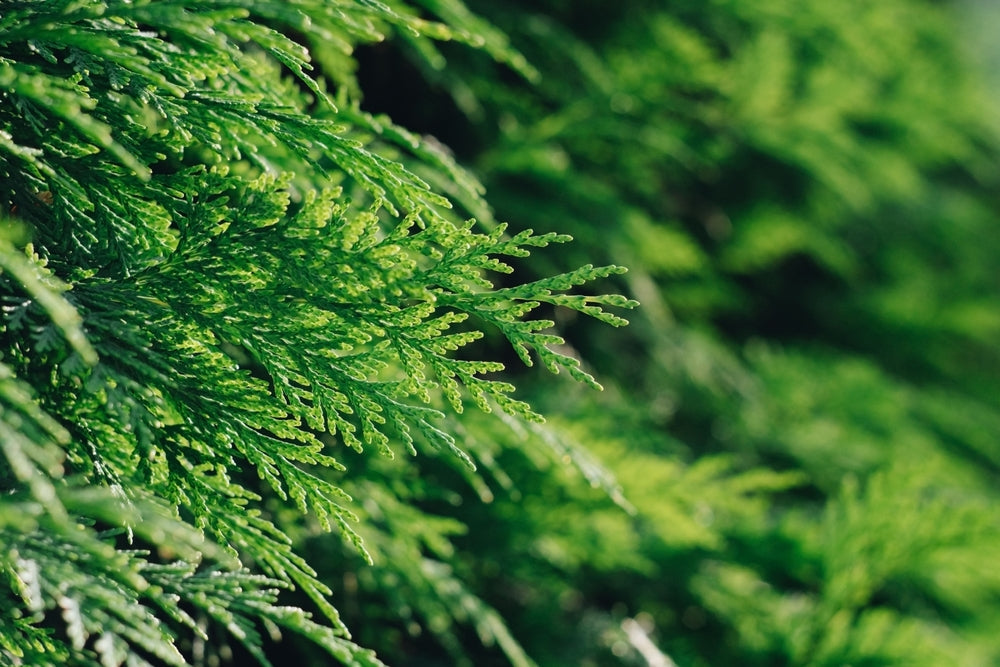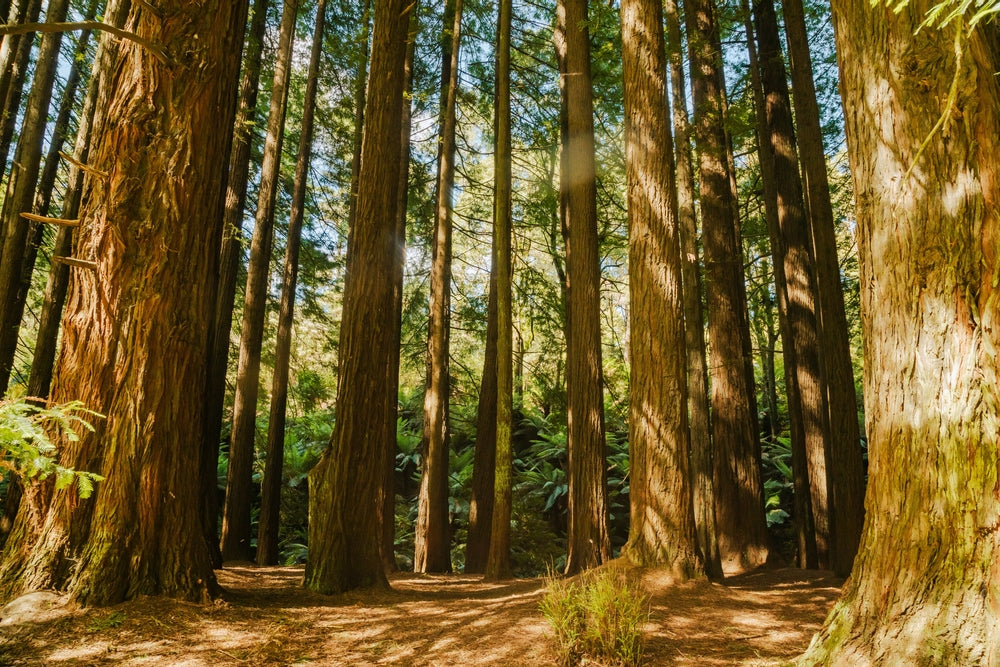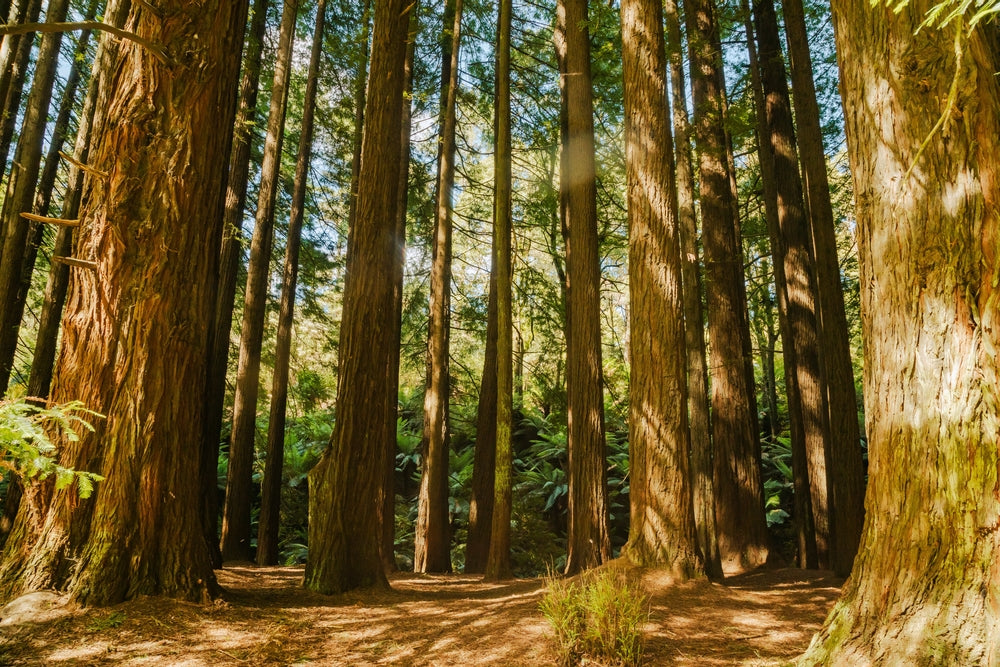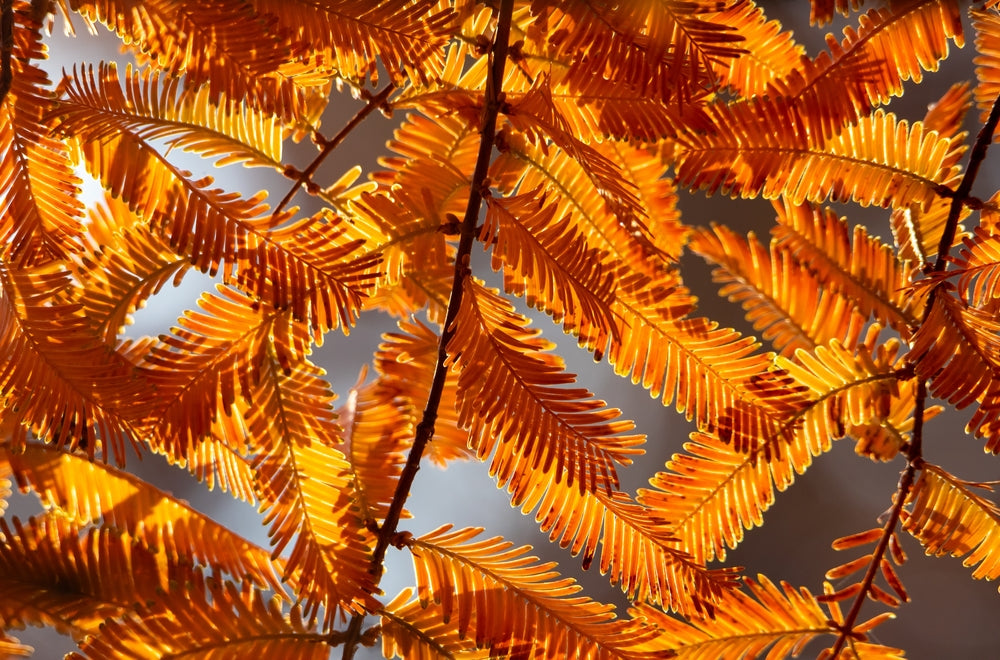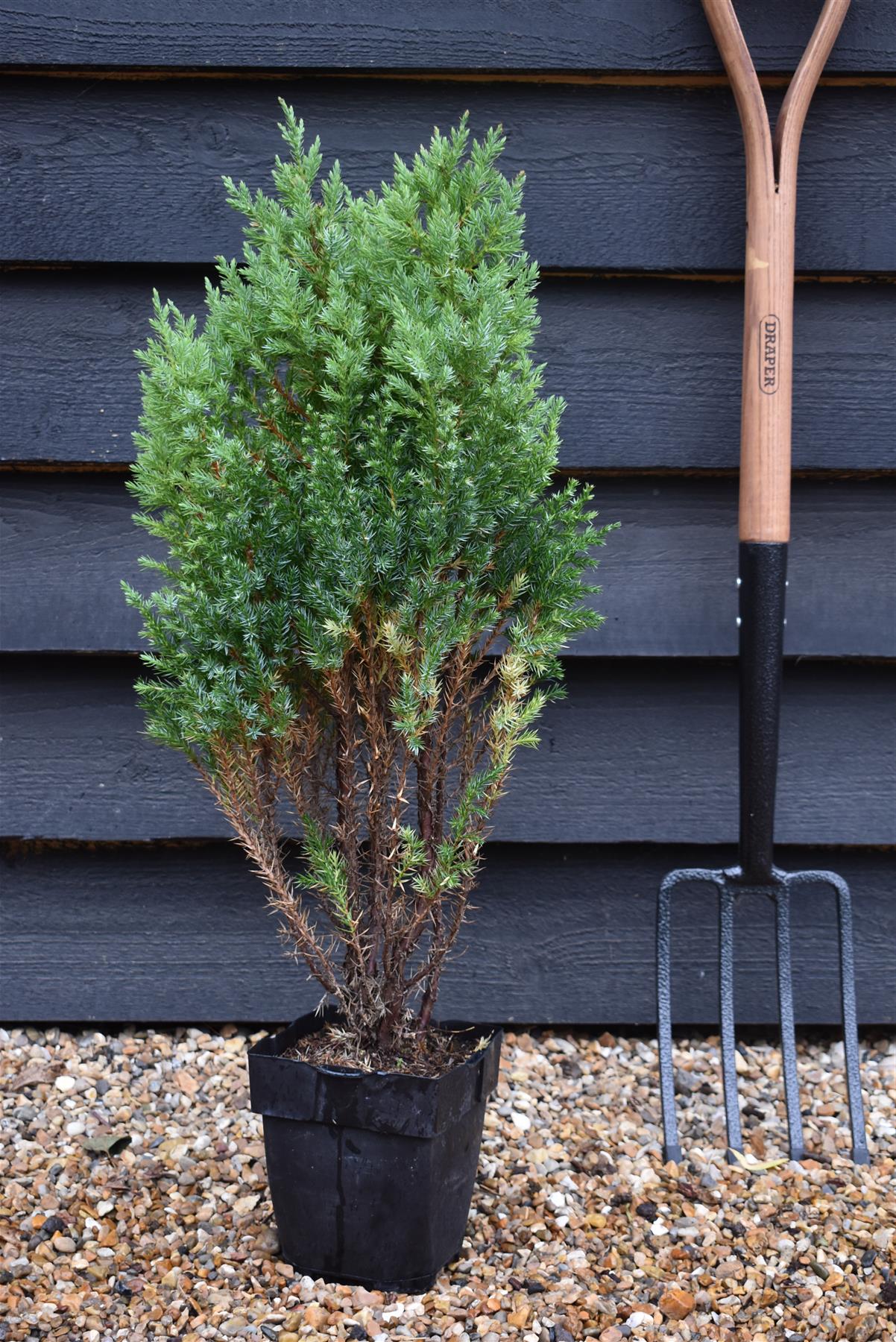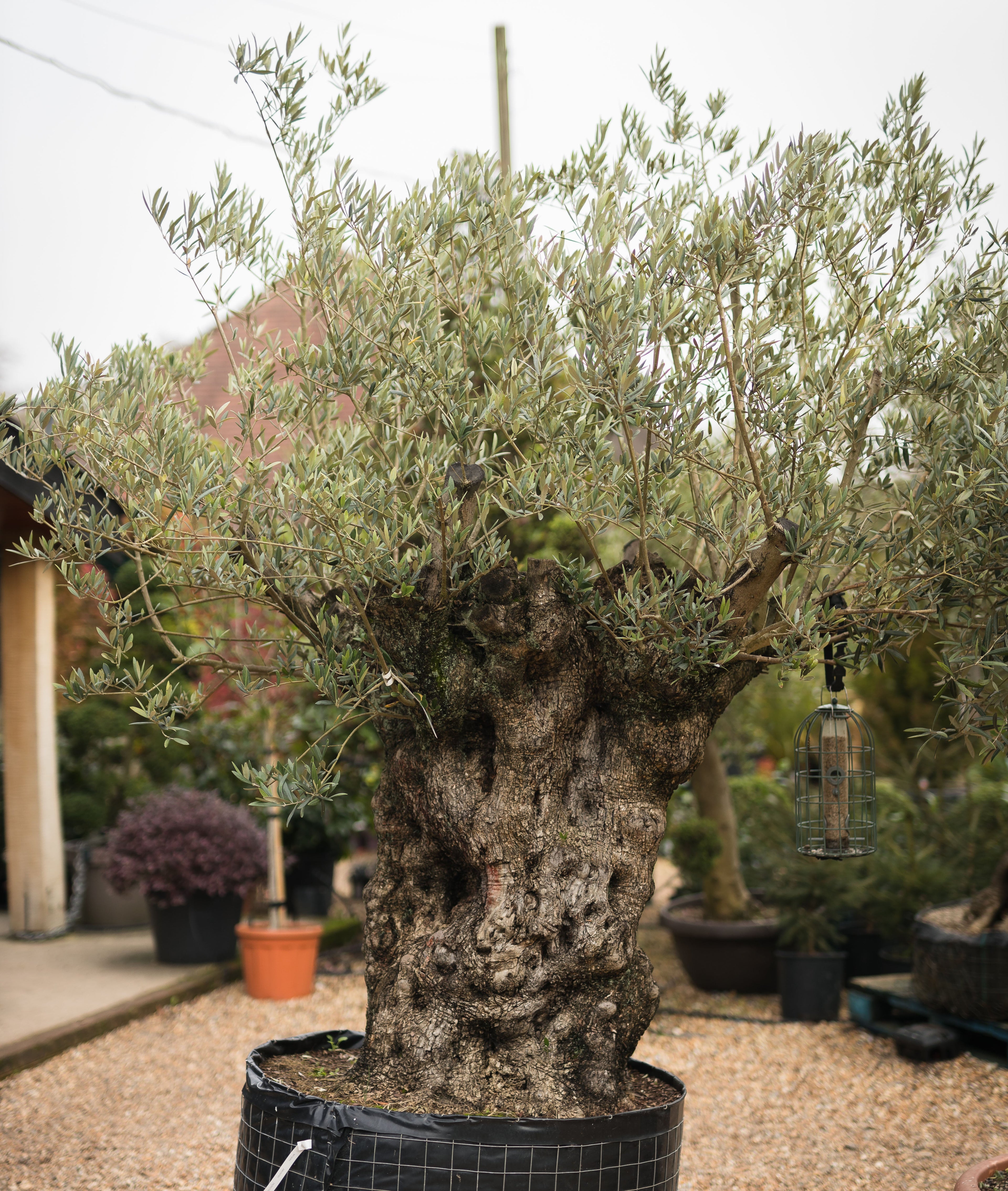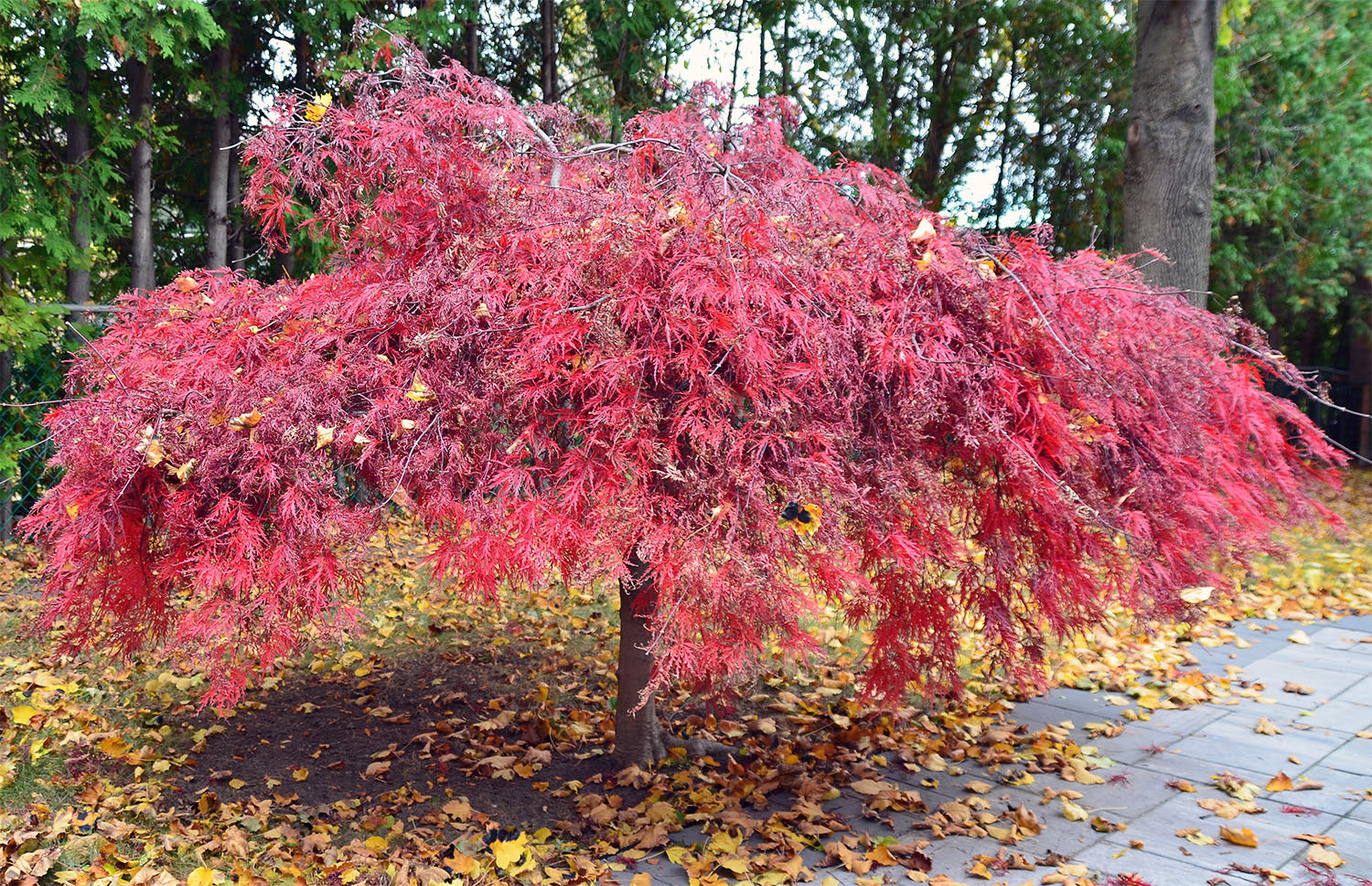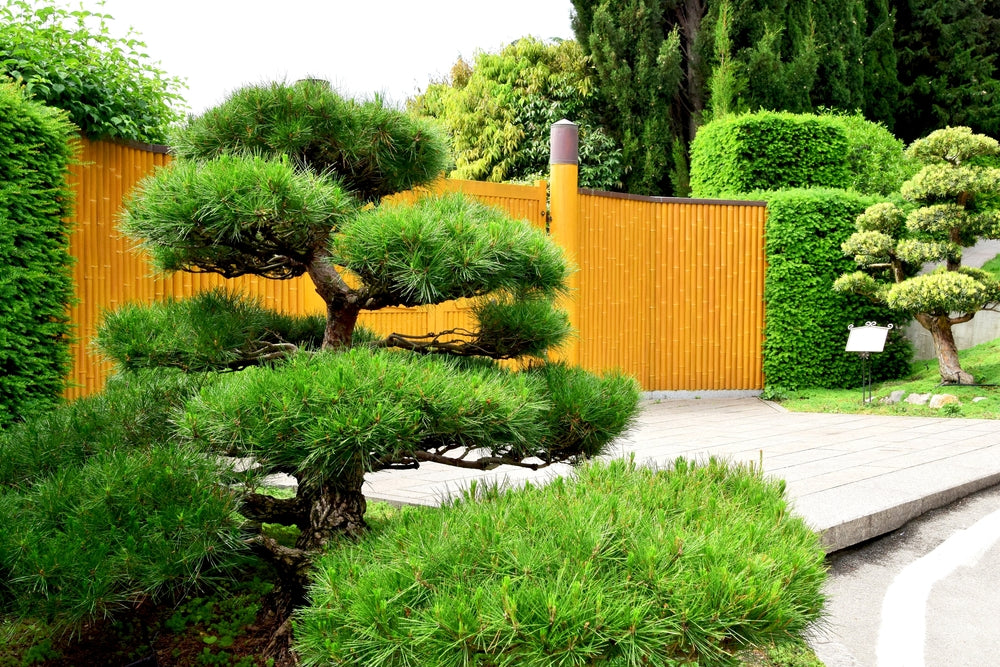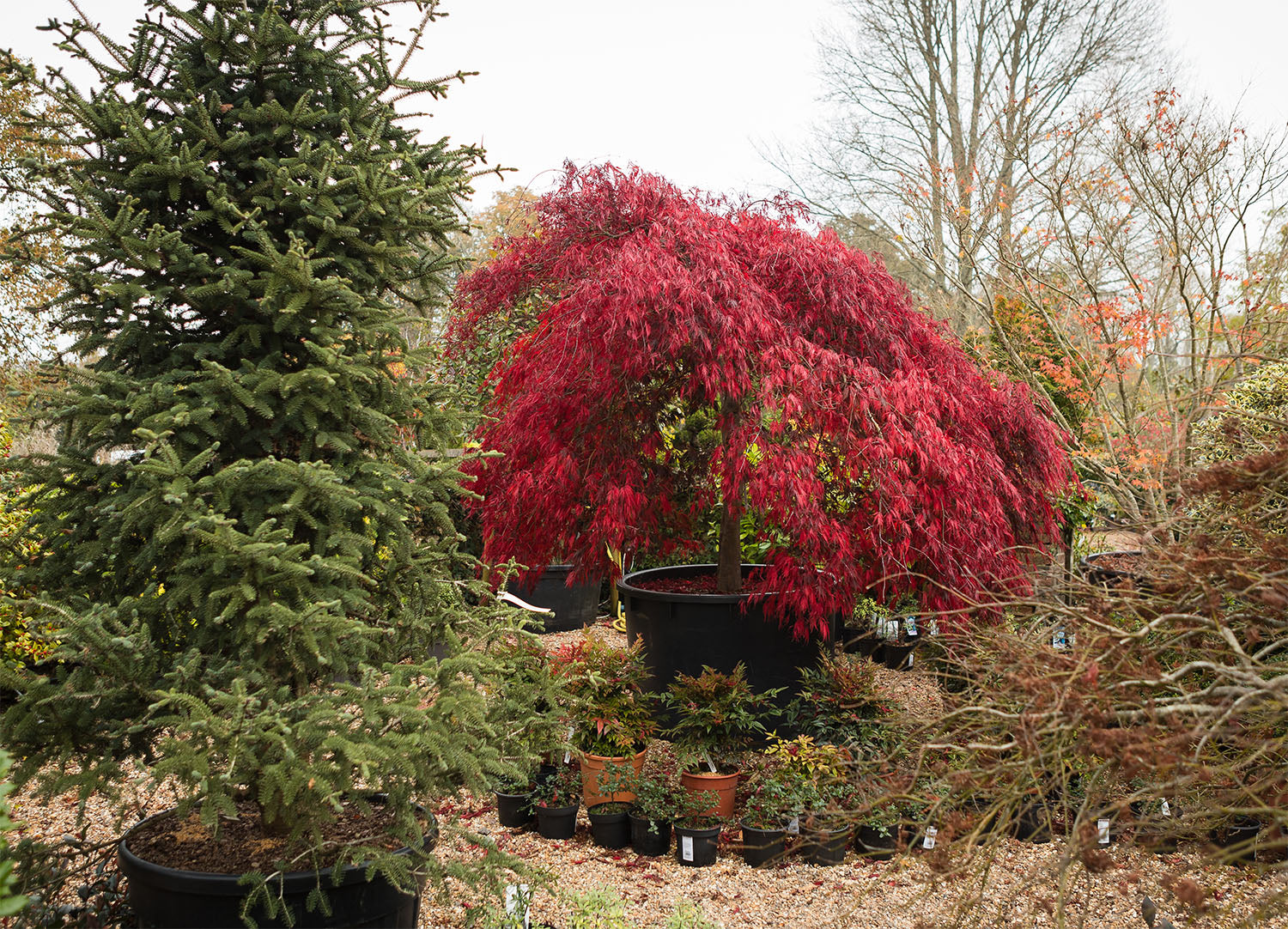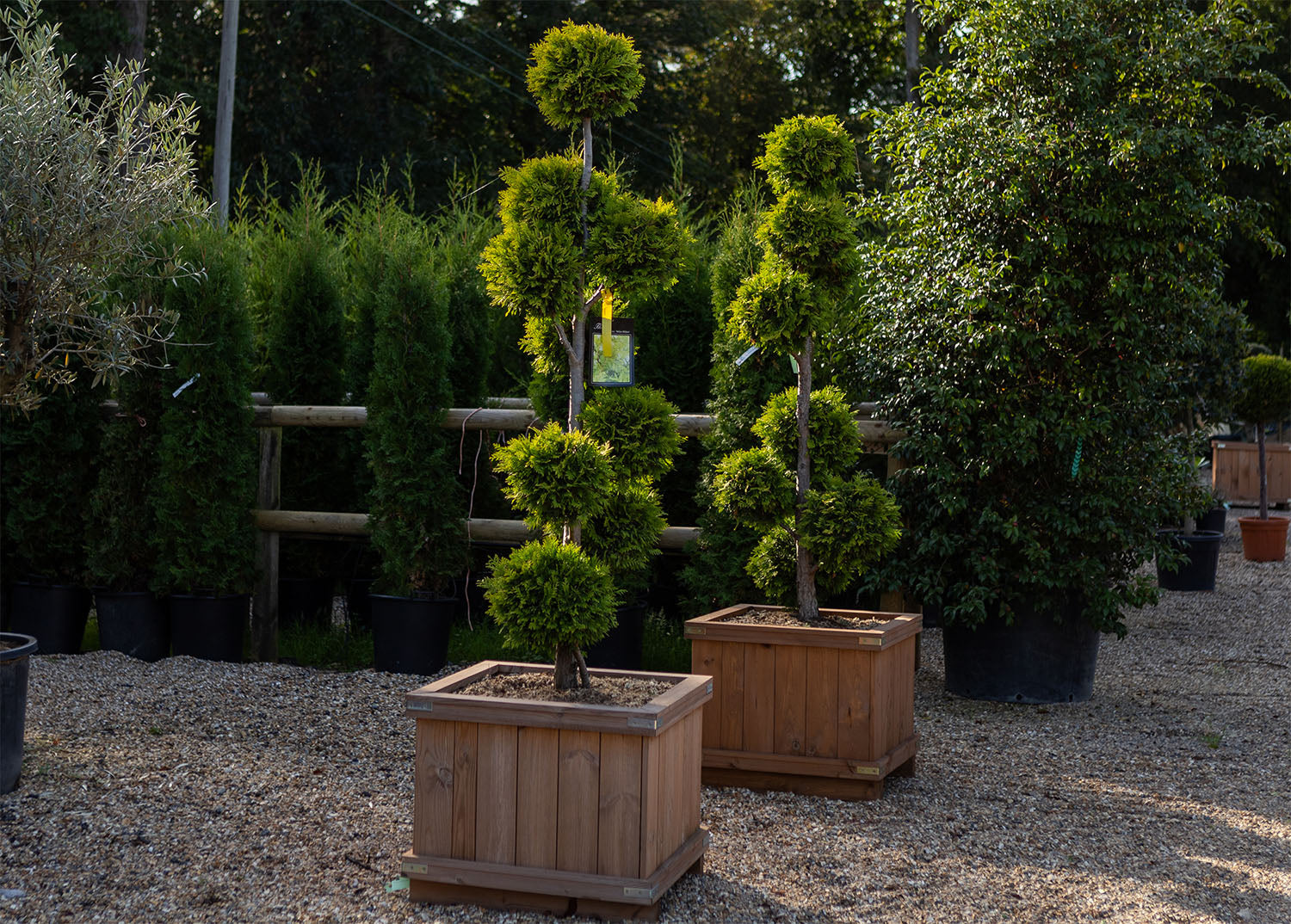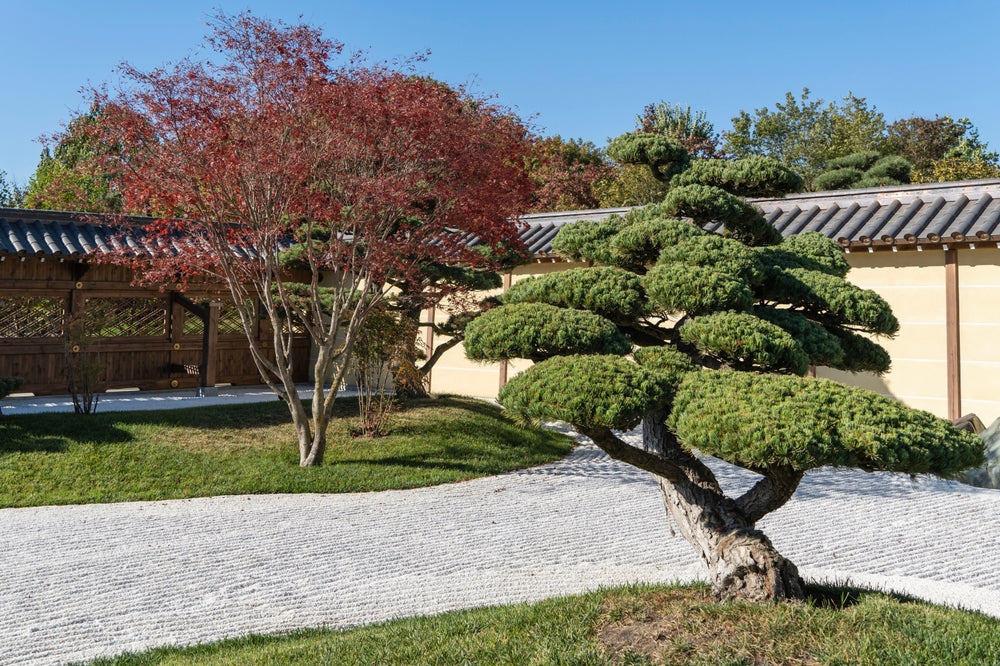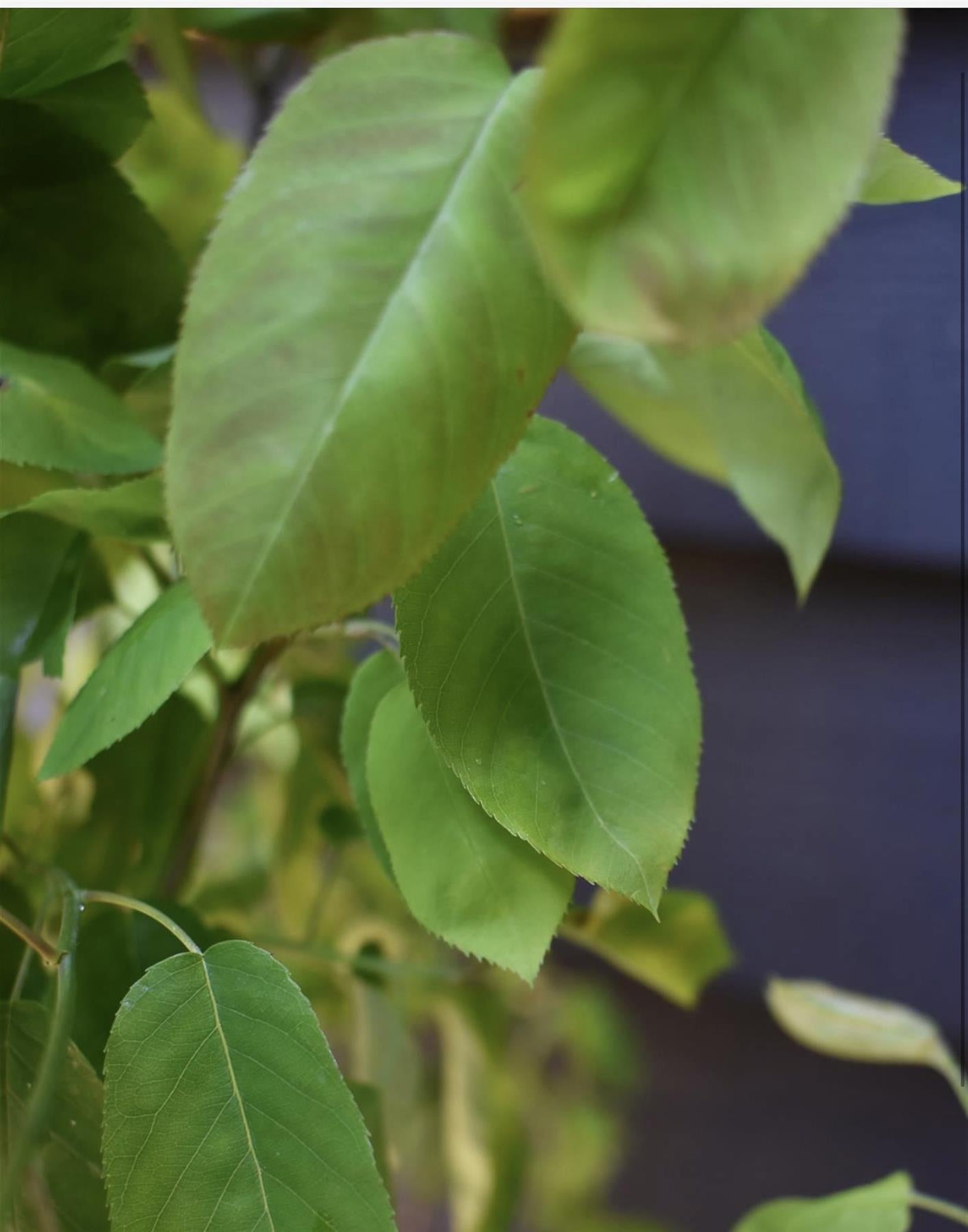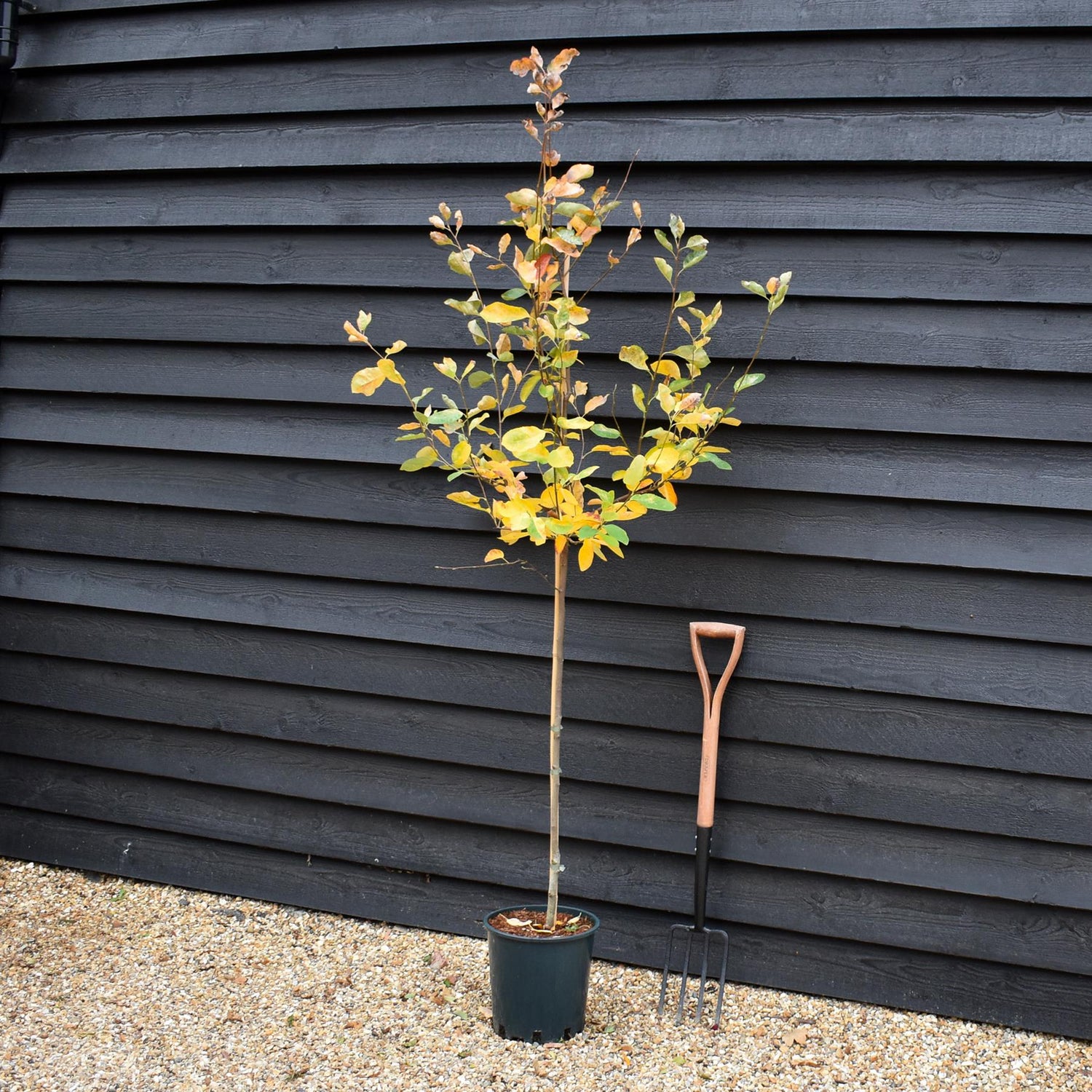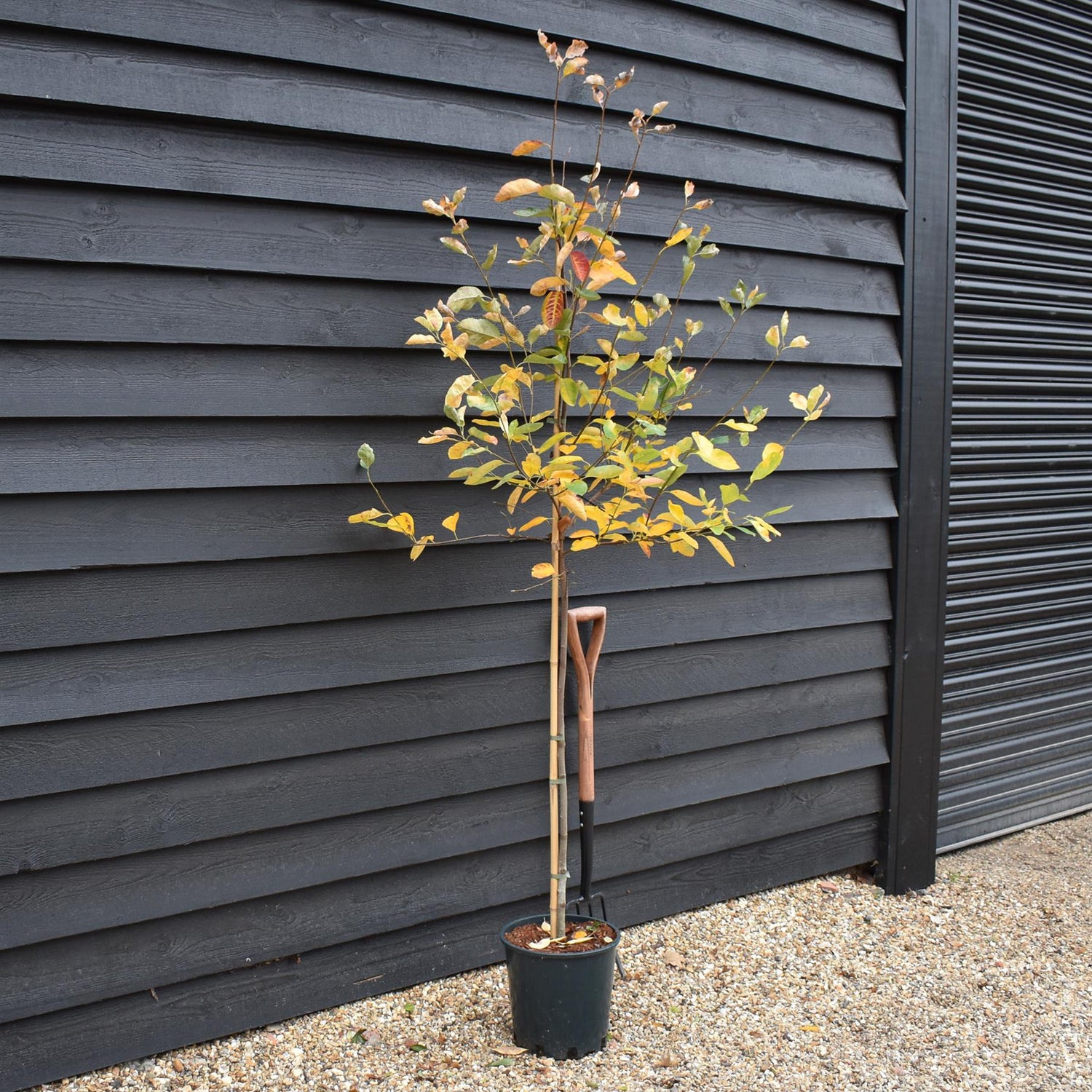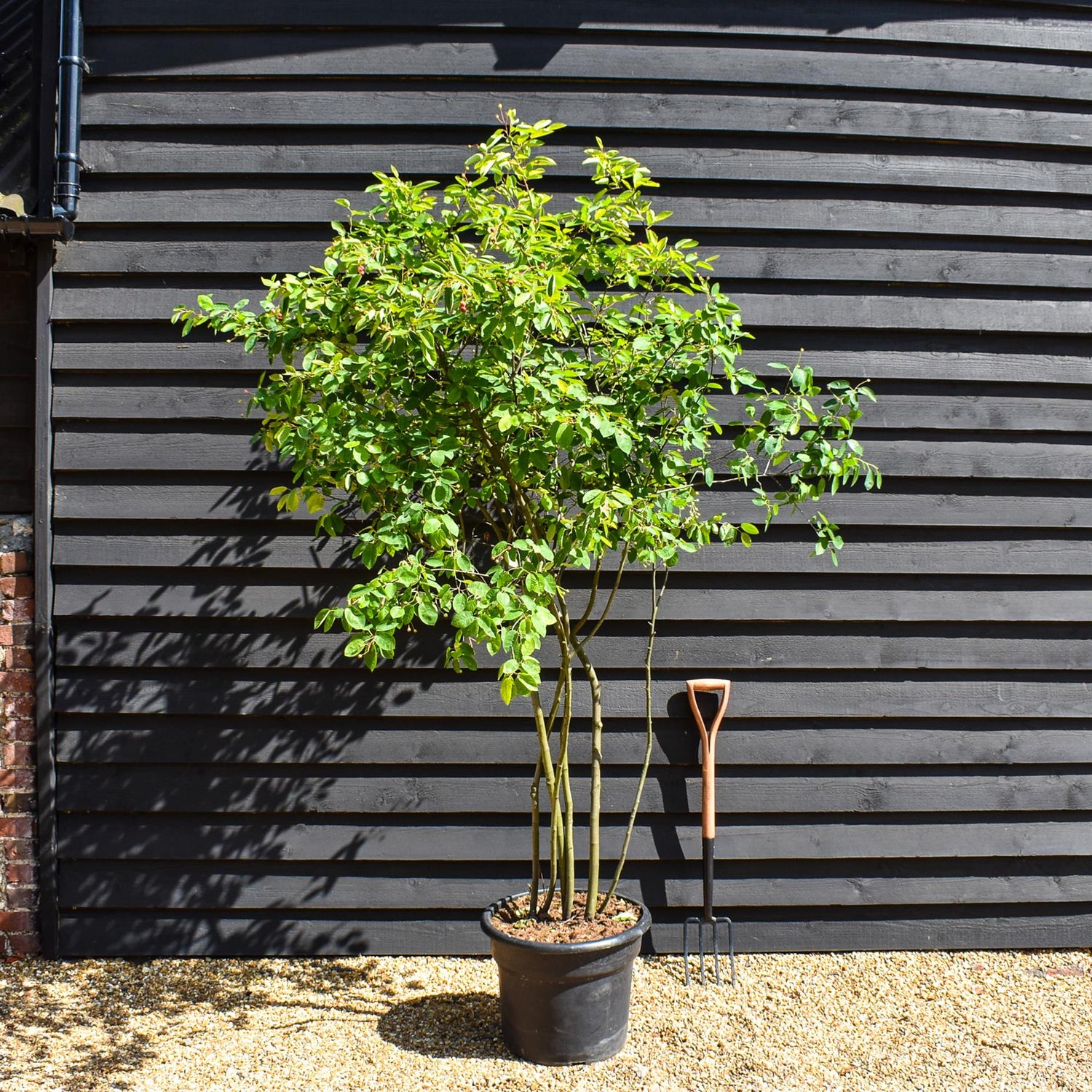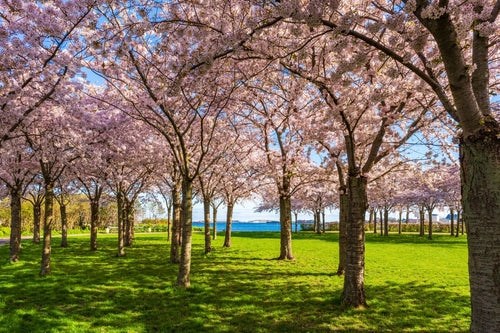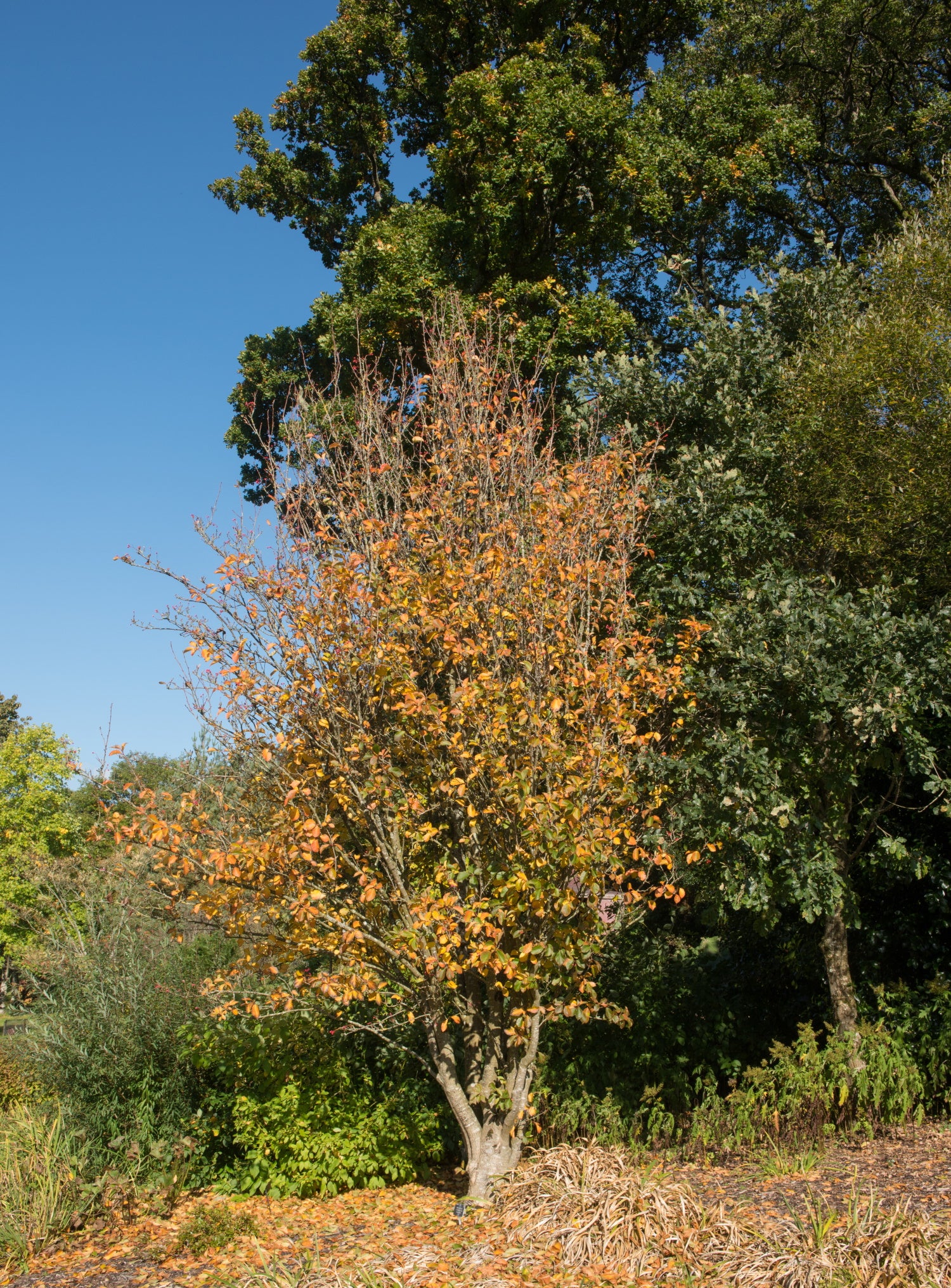11 products
11 products
Sort by:
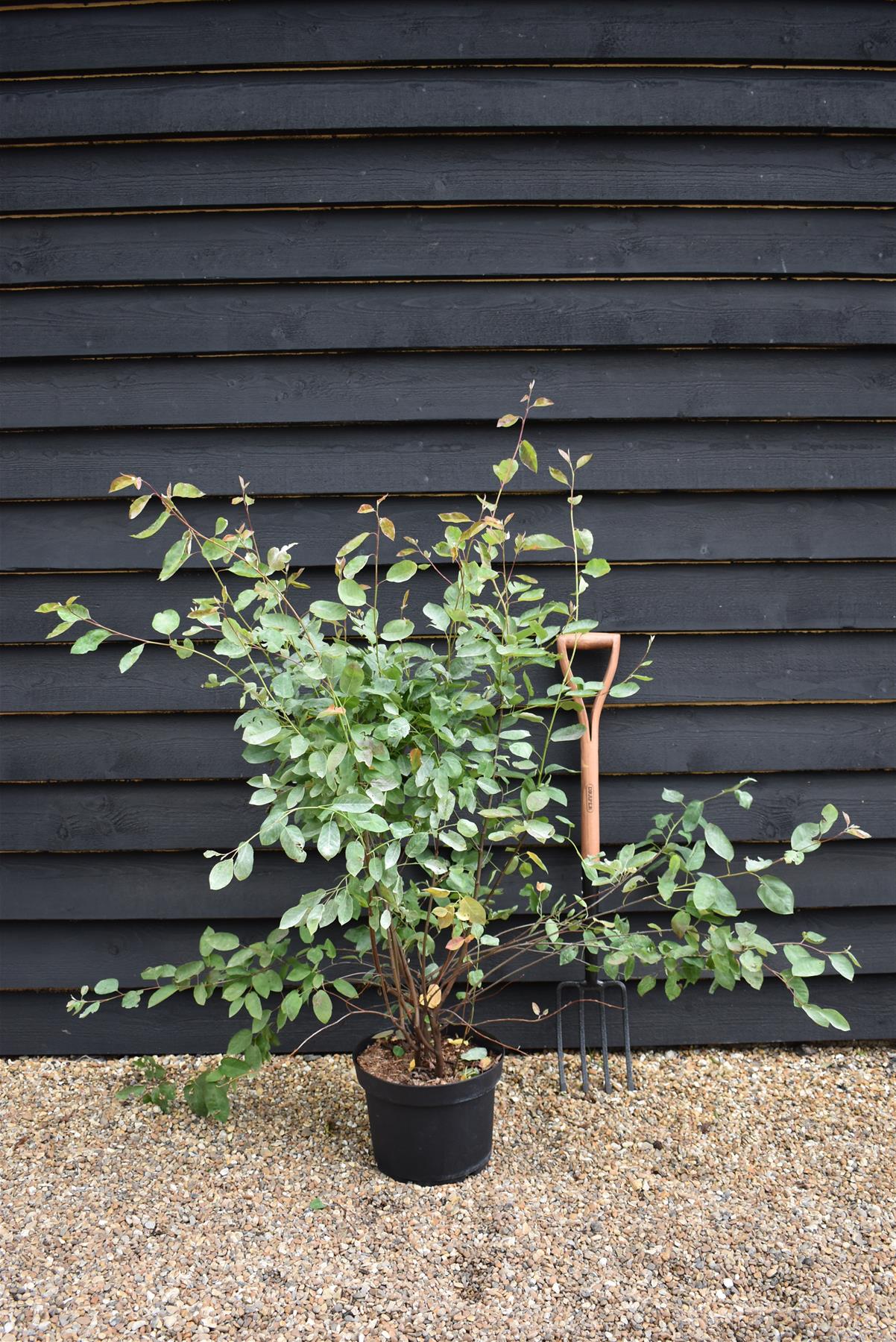
Amelanchier lamarckii | Juneberry - 100-140cm, 20lt
8000
£80.00
Unit price perAmelanchier lamarckii | Juneberry - 100-140cm, 20lt
8000
£80.00
Unit price per
Amelanchier lamarckii is a large, vase-shaped, deciduous shrub or small tree of upright habit and horizontally spreading branches, and toothed, elliptic leaves, bronze when they emerge, dark green when mature, and orange-red in autumn. Fragrant, white, 5-petal flowers in loose, dropping clusters bloom in spring and are followed by edible, sweet and juicy, dark purple berries in summer. Amelanchier lamarckii can adapt to a wide range of soil conditions, but thrives in fertile, lime-free, slightly acidic, moist, well-drained soils. It grows well in full sun and partial shade, but best fruit and autumn foliage are achieved in full sun. It is resistant to frost, de-icing slat, and wind. Tolerant of urban pollution. No serious pest or disease problems. Low maintenance plant. Snowy Mespilus is a lovely, elegant shrub, perfect for cottage, wildlife, and urban gardens. Excellent as a specimen, for shrub borders, wall-side borders, and informal hedges and screens. Suitable for growing in containers on patios and roof gardens.
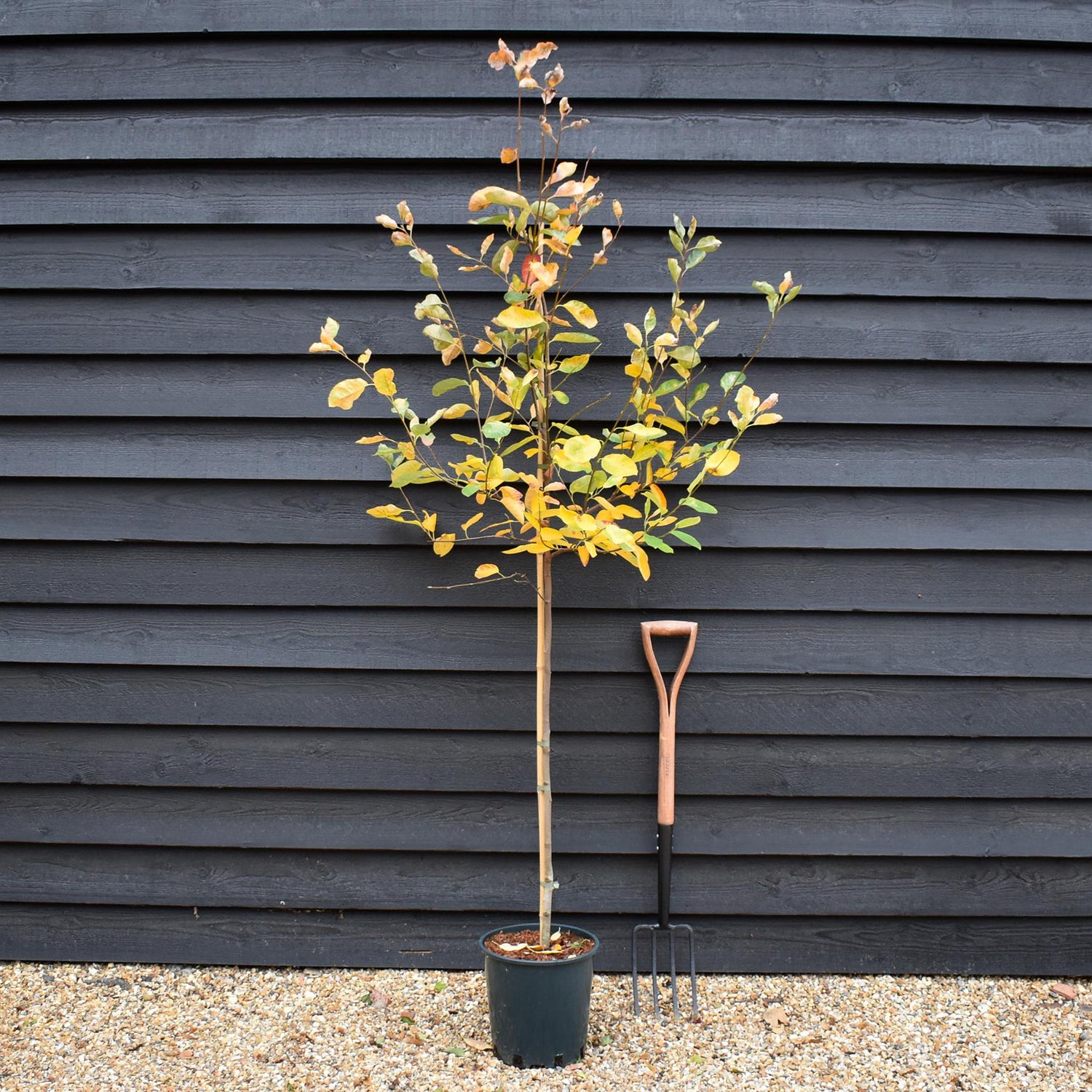
Amelanchier canadensis - Height 180-190cm - 12lt
8600
£86.00
Unit price perAmelanchier canadensis - Height 180-190cm - 12lt
8600
£86.00
Unit price per
A deciduous, early-flowering large shrub or small tree with a dome-shaped crown. In spring, before the leaves emerge, clusters of mildly fragrant, star-shaped, white flowers appear. They are followed by small, edible, red to dark red, berry-like fruits in summer. The leaves are oval, toothed, dark green in summer and yellow, orange and red in autumn. Elegant growth habit makes it attractive even in winter. Amelanchier Canadensis is easily grown. It prefers moist, well-drained acidic soils, but it tolerates most soil types and both wet and dry locations. For best autumn colours and berry production, it should be planted in full sun. Very resilient, usually pest-free and disease-free. This attractive tree is perfect as a specimen plant, suitable for hedges, great for banks and slopes. It is especially nice when planted around ponds, lakes, and streams. It doesn’t mind marshy ground. It can also be used for erosion control.
Amelanchier Ballerina - Height 220-260cm - 12lt
10300
£103.00
Unit price perAmelanchier Ballerina - Height 220-260cm - 12lt
10300
£103.00
Unit price per
Amelanchier Ballerina is an ornamental, spreading, deciduous shrub or small tree with vase-shaped crown. Its long-stemmed, glossy, oval, leaves are bronze in spring, dark green in summer, and red-purple in autumn. The autumn colour is very attractive. White and slightly blushed pink flowers grow in large, loose clusters. Small edible red to deep purple berries appear in July but are mostly eaten by birds. Amelanchier Ballerina is a resilient and tough tree. It can grow in full sun or partial shade. It likes moist lime-free soils, preferably clay or sandy, and will grow well in damp places. It is resistant to frost, can withstand wind, and tolerates partial paving and air pollution. This attractive ornamental plant is suitable for any garden. It looks great in small, patio, roof, or rock gardens. Good for growing in containers. Perfect for urban gardens and for planting in narrow streets.
Amelanchier laevis 'Ballerina' | Serviceberry - Clear Stem - Height 220-250cm - Girth 6-8cm - 30lt
23500
£235.00
Unit price perAmelanchier laevis 'Ballerina' | Serviceberry - Clear Stem - Height 220-250cm - Girth 6-8cm - 30lt
23500
£235.00
Unit price per
Amelanchier Ballerina is an ornamental, spreading, deciduous shrub or small tree with vase-shaped crown. Its long-stemmed, glossy, oval, leaves are bronze in spring, dark green in summer, and red-purple in autumn. The autumn colour is very attractive. White and slightly blushed pink flowers grow in large, loose clusters. Small edible red to deep purple berries appear in July but are mostly eaten by birds. Amelanchier Ballerina is a resilient and tough tree. It can grow in full sun or partial shade. It likes moist lime-free soils, preferably clay or sandy, and will grow well in damp places. It is resistant to frost, can withstand wind, and tolerates partial paving and air pollution. This attractive ornamental plant is suitable for any garden. It looks great in small, patio, roof, or rock gardens. Good for growing in containers. Perfect for urban gardens and for planting in narrow streets.
Amelanchier canadensis | Juneberry - Clear Stem - Height 220-250cm - Girth 6-8cm - 40lt
29500
£295.00
Unit price perAmelanchier canadensis | Juneberry - Clear Stem - Height 220-250cm - Girth 6-8cm - 40lt
29500
£295.00
Unit price per
A deciduous, early-flowering large shrub or small tree with a dome-shaped crown. In spring, before the leaves emerge, clusters of mildly fragrant, star-shaped, white flowers appear. They are followed by small, edible, red to dark red, berry-like fruits in summer. The leaves are oval, toothed, dark green in summer and yellow, orange and red in autumn. Elegant growth habit makes it attractive even in winter. Amelanchier Canadensis is easily grown. It prefers moist, well-drained acidic soils, but it tolerates most soil types and both wet and dry locations. For best autumn colours and berry production, it should be planted in full sun. Very resilient, usually pest-free and disease-free. This attractive tree is perfect as a specimen plant, suitable for hedges, great for banks and slopes. It is especially nice when planted around ponds, lakes, and streams. It doesn’t mind marshy ground. It can also be used for erosion control.
Amelanchier x grandiflora 'Robin Hill' | Serviceberry - Height 280-320cm - Girth 6-8cm - 20-35lt
33500
£335.00
Unit price perAmelanchier x grandiflora 'Robin Hill' | Serviceberry - Height 280-320cm - Girth 6-8cm - 20-35lt
33500
£335.00
Unit price per
Amelanchier x grandiflora 'Robin Hill' is a small, dense tree of upright habit when young and more spreading when mature, and serrated, oval, hairy leaves, bronze when they emerge, dark green in summer, greyish underneath, and spectacular red and orange in autumn. Pale pink to white flowers grow in large, loose, pendulous clusters and bloom in spring. Flowers are followed by purple-black berries. Amelanchier x grandiflora 'Robin Hill' can grow in a wide range of soil conditions, even damp, but prefers fertile, slightly acidic, moist and well-drained soils. It thrives in full sun and partial shade. It is resistant to frost, wind, and de-icing slat. Tolerant of air pollution. Generally, pest-free. Low maintenance plant, doesn’t require pruning. Pink Juneberry Tree is a lovely, ornamental tree, perfect for informal, cottage, wildlife, and urban gardens. Great as a specimen or accent plant. Excellent for growing in containers on patios and roof gardens. Very good choice for streets, avenues, and industrial areas.
Amelanchier x grandiflora 'Robin Hill' - Clear Stem - Standard - Girth 6-8cm - 310-330cm - 70lt
38000
£380.00
Unit price perAmelanchier x grandiflora 'Robin Hill' - Clear Stem - Standard - Girth 6-8cm - 310-330cm - 70lt
38000
£380.00
Unit price per
Amelanchier x grandiflora 'Robin Hill' is a small, dense tree of upright habit when young and more spreading when mature, and serrated, oval, hairy leaves, bronze when they emerge, dark green in summer, greyish underneath, and spectacular red and orange in autumn. Pale pink to white flowers grow in large, loose, pendulous clusters and bloom in spring. Flowers are followed by purple-black berries. Amelanchier x grandiflora 'Robin Hill' can grow in a wide range of soil conditions, even damp, but prefers fertile, slightly acidic, moist and well-drained soils. It thrives in full sun and partial shade. It is resistant to frost, wind, and de-icing slat. Tolerant of air pollution. Generally, pest-free. Low maintenance plant, doesn’t require pruning. Pink Juneberry Tree is a lovely, ornamental tree, perfect for informal, cottage, wildlife, and urban gardens. Great as a specimen or accent plant. Excellent for growing in containers on patios and roof gardens. Very good choice for streets, avenues, and industrial areas.
Amelanchier x grandiflora 'Robin Hill' - Clear Stem 150cm - Girth 6-8cm - Height 380-400cm - 30lt
43500
£435.00
Unit price perAmelanchier x grandiflora 'Robin Hill' - Clear Stem 150cm - Girth 6-8cm - Height 380-400cm - 30lt
43500
£435.00
Unit price per
Amelanchier x grandiflora 'Robin Hill' is a small, dense tree of upright habit when young and more spreading when mature, and serrated, oval, hairy leaves, bronze when they emerge, dark green in summer, greyish underneath, and spectacular red and orange in autumn. Pale pink to white flowers grow in large, loose, pendulous clusters and bloom in spring. Flowers are followed by purple-black berries. Amelanchier x grandiflora 'Robin Hill' can grow in a wide range of soil conditions, even damp, but prefers fertile, slightly acidic, moist and well-drained soils. It thrives in full sun and partial shade. It is resistant to frost, wind, and de-icing slat. Tolerant of air pollution. Generally, pest-free. Low maintenance plant, doesn’t require pruning. Pink Juneberry Tree is a lovely, ornamental tree, perfect for informal, cottage, wildlife, and urban gardens. Great as a specimen or accent plant. Excellent for growing in containers on patios and roof gardens. Very good choice for streets, avenues, and industrial areas.
Amelanchier Canadensis | Serviceberry Tree - Multistem - 200-250cm - 50lt
49500
£495.00
Unit price perAmelanchier Canadensis | Serviceberry Tree - Multistem - 200-250cm - 50lt
49500
£495.00
Unit price per
A deciduous, early-flowering large shrub or small tree with a dome-shaped crown. In spring, before the leaves emerge, clusters of mildly fragrant, star-shaped, white flowers appear. They are followed by small, edible, red to dark red, berry-like fruits in summer. The leaves are oval, toothed, dark green in summer and yellow, orange and red in autumn. Elegant growth habit makes it attractive even in winter. Amelanchier Canadensis is easily grown. It prefers moist, well-drained acidic soils, but it tolerates most soil types and both wet and dry locations. For best autumn colours and berry production, it should be planted in full sun. Very resilient, usually pest-free and disease-free. This attractive tree is perfect as a specimen plant, suitable for hedges, great for banks and slopes. It is especially nice when planted around ponds, lakes, and streams. It doesn’t mind marshy ground. It can also be used for erosion control.
Juneberry | Amelanchier lamarckii - Multistem - Height 240-260cm - 45lt
54500
£545.00
Unit price perJuneberry | Amelanchier lamarckii - Multistem - Height 240-260cm - 45lt
54500
£545.00
Unit price per
Amelanchier lamarckii is a large, vase-shaped, deciduous shrub or small tree of upright habit and horizontally spreading branches, and toothed, elliptic leaves, bronze when they emerge, dark green when mature, and orange-red in autumn. Fragrant, white, 5-petal flowers in loose, dropping clusters bloom in spring and are followed by edible, sweet and juicy, dark purple berries in summer. Amelanchier lamarckii can adapt to a wide range of soil conditions, but thrives in fertile, lime-free, slightly acidic, moist, well-drained soils. It grows well in full sun and partial shade, but best fruit and autumn foliage are achieved in full sun. It is resistant to frost, de-icing slat, and wind. Tolerant of urban pollution. No serious pest or disease problems. Low maintenance plant. Snowy Mespilus is a lovely, elegant shrub, perfect for cottage, wildlife, and urban gardens. Excellent as a specimen, for shrub borders, wall-side borders, and informal hedges and screens. Suitable for growing in containers on patios and roof gardens.
Amelanchier Canadensis - Multistem - Height 200-250cm - 70lt
54500
£545.00
Unit price perAmelanchier Canadensis - Multistem - Height 200-250cm - 70lt
54500
£545.00
Unit price per
A deciduous, early-flowering large shrub or small tree with a dome-shaped crown. In spring, before the leaves emerge, clusters of mildly fragrant, star-shaped, white flowers appear. They are followed by small, edible, red to dark red, berry-like fruits in summer. The leaves are oval, toothed, dark green in summer and yellow, orange and red in autumn. Elegant growth habit makes it attractive even in winter. Amelanchier Canadensis is easily grown. It prefers moist, well-drained acidic soils, but it tolerates most soil types and both wet and dry locations. For best autumn colours and berry production, it should be planted in full sun. Very resilient, usually pest-free and disease-free. This attractive tree is perfect as a specimen plant, suitable for hedges, great for banks and slopes. It is especially nice when planted around ponds, lakes, and streams. It doesn’t mind marshy ground. It can also be used for erosion control.


